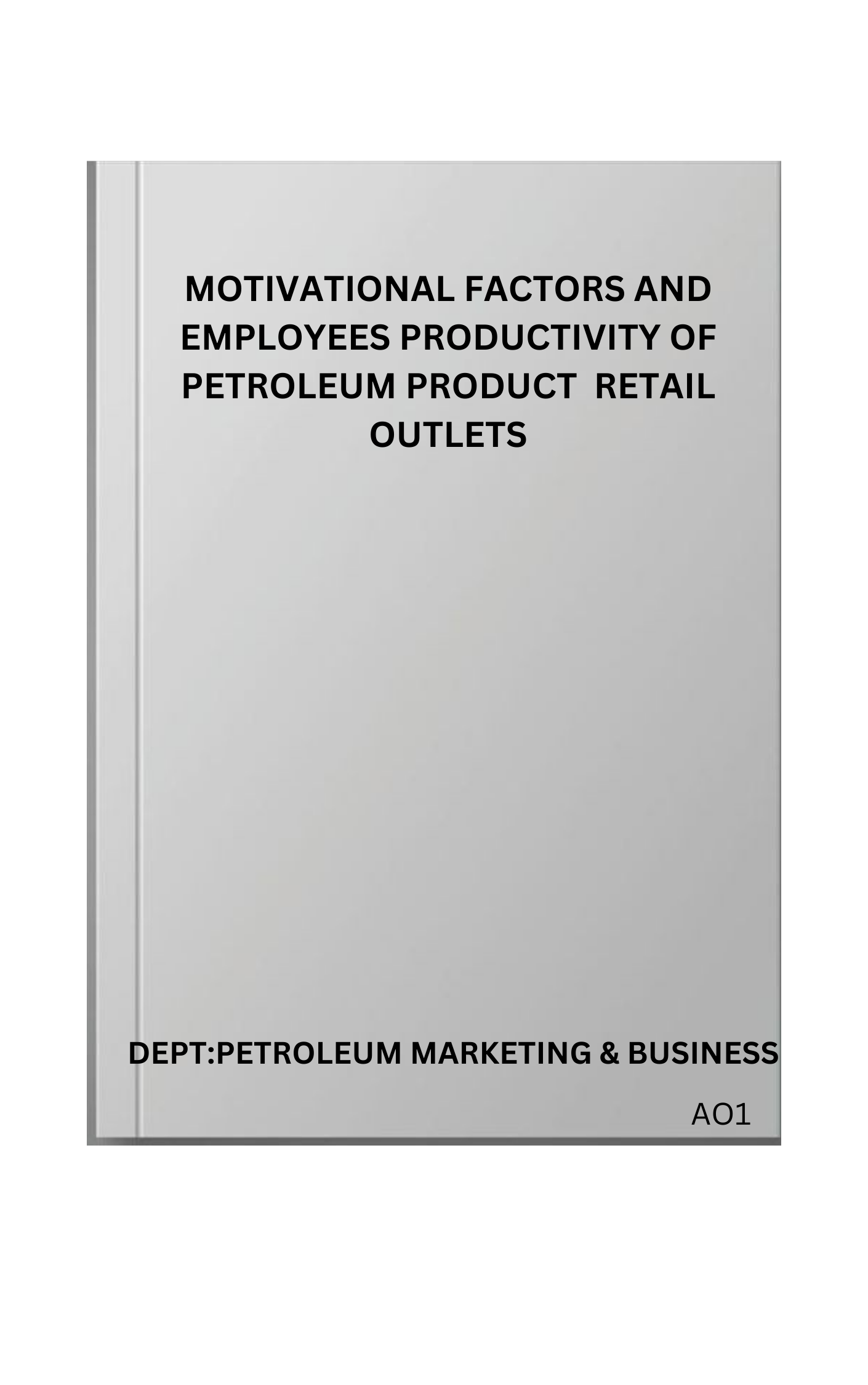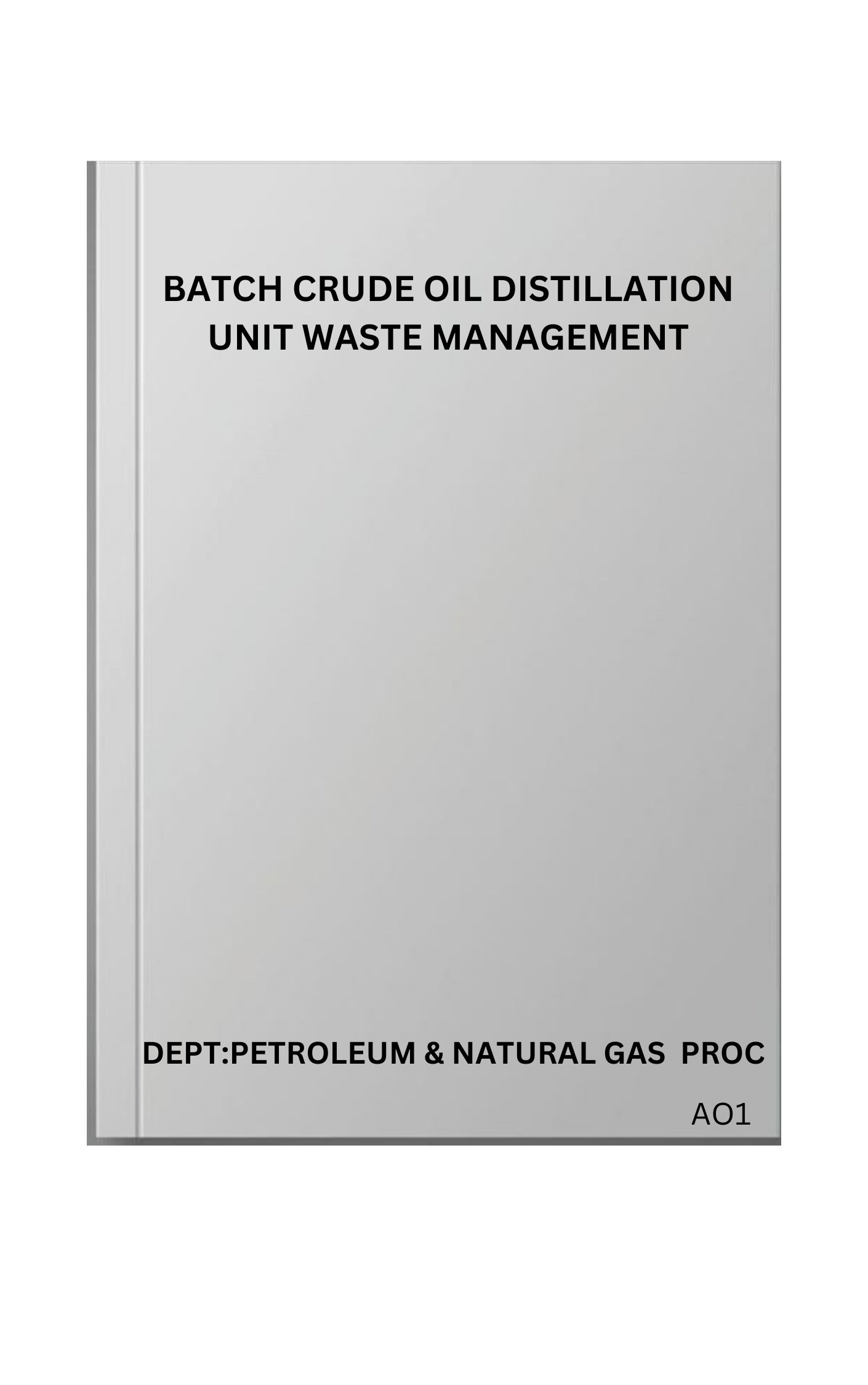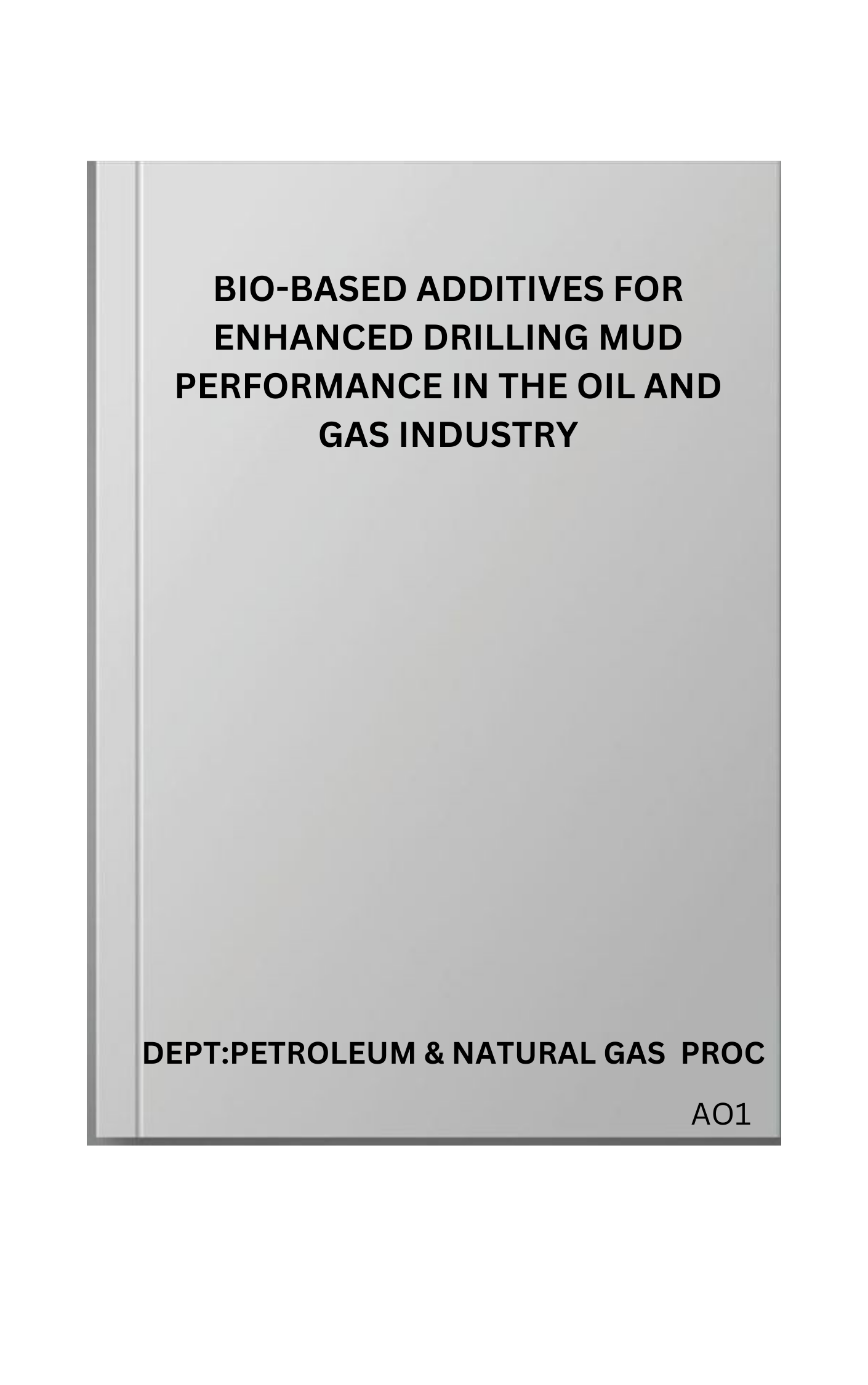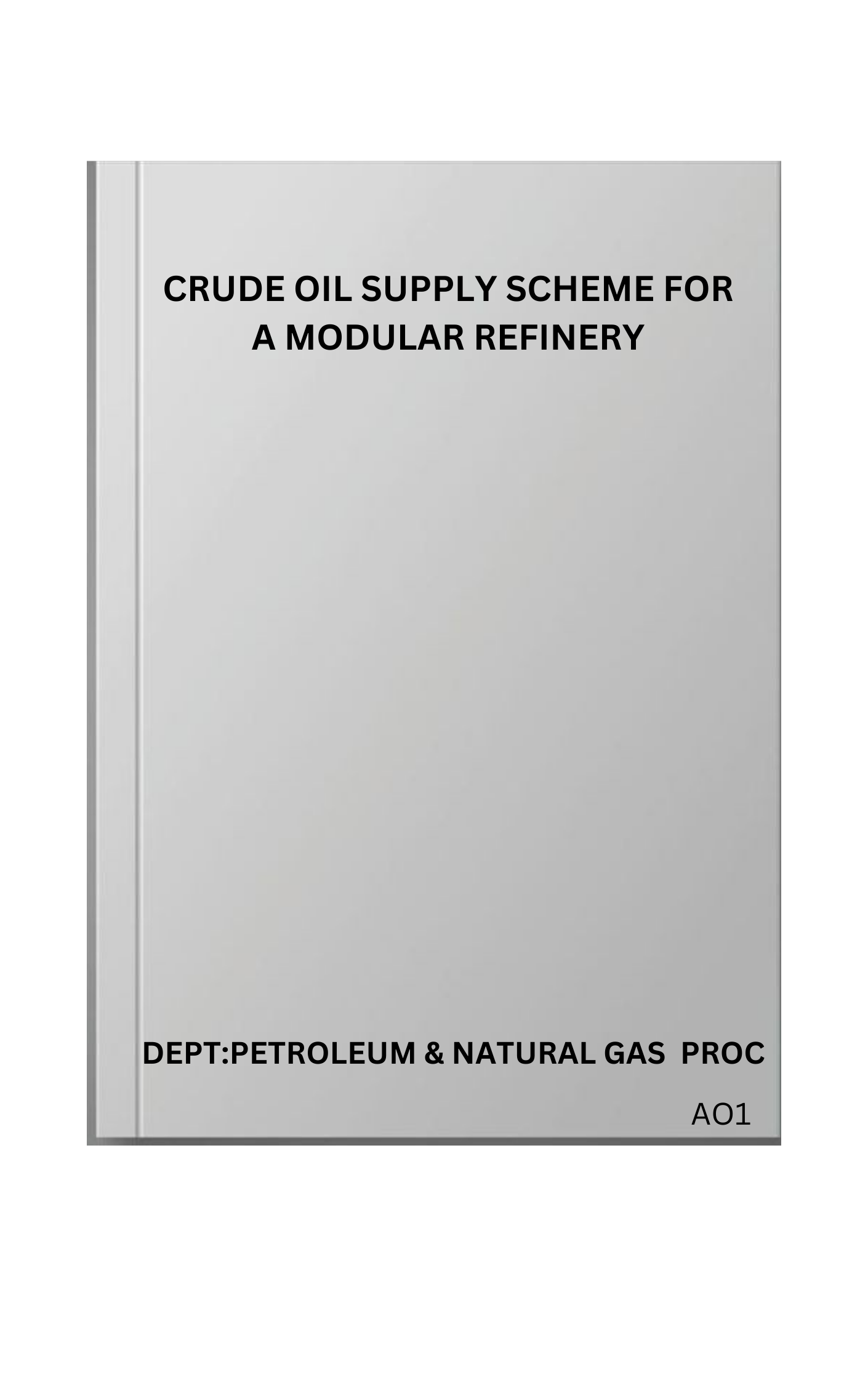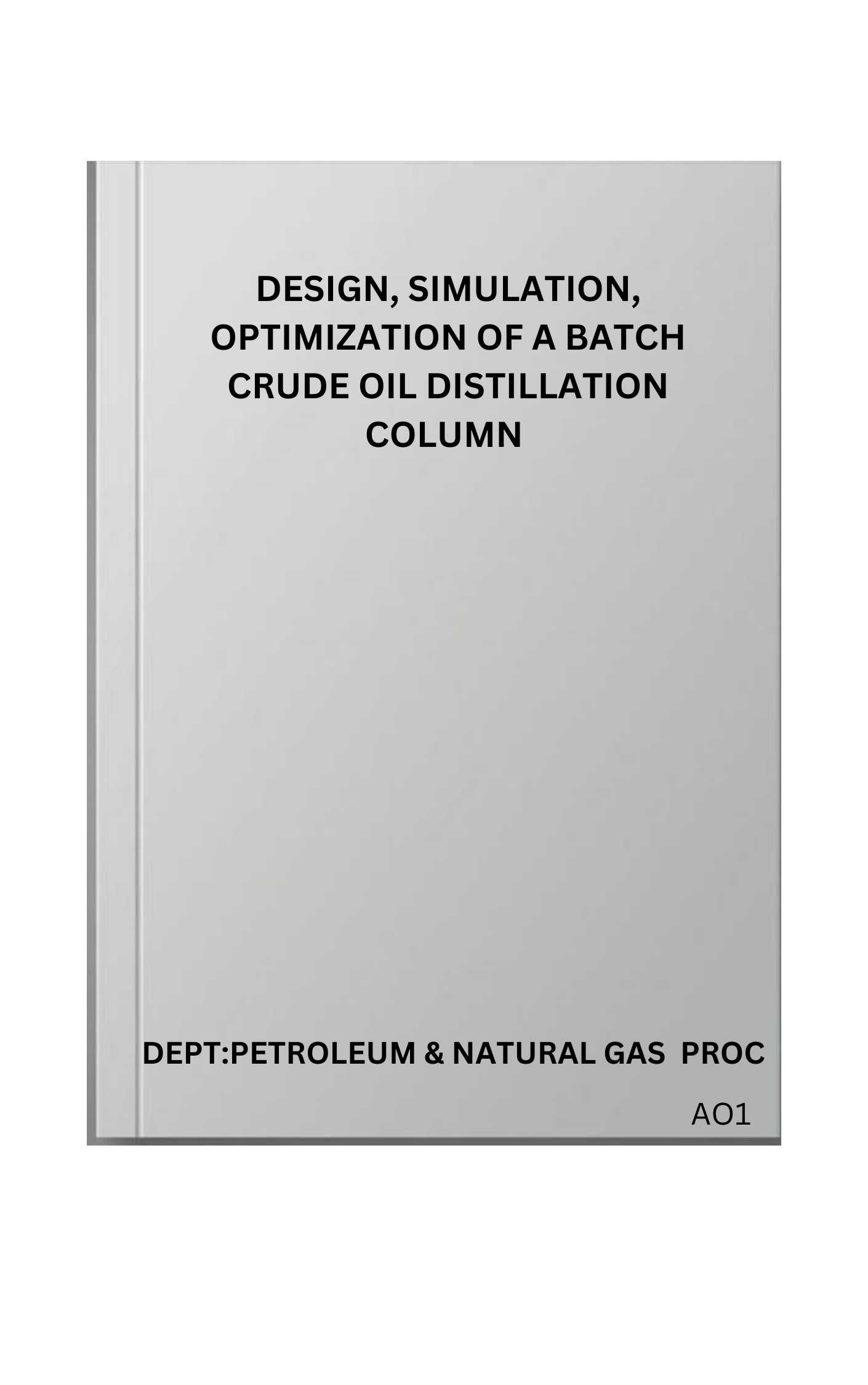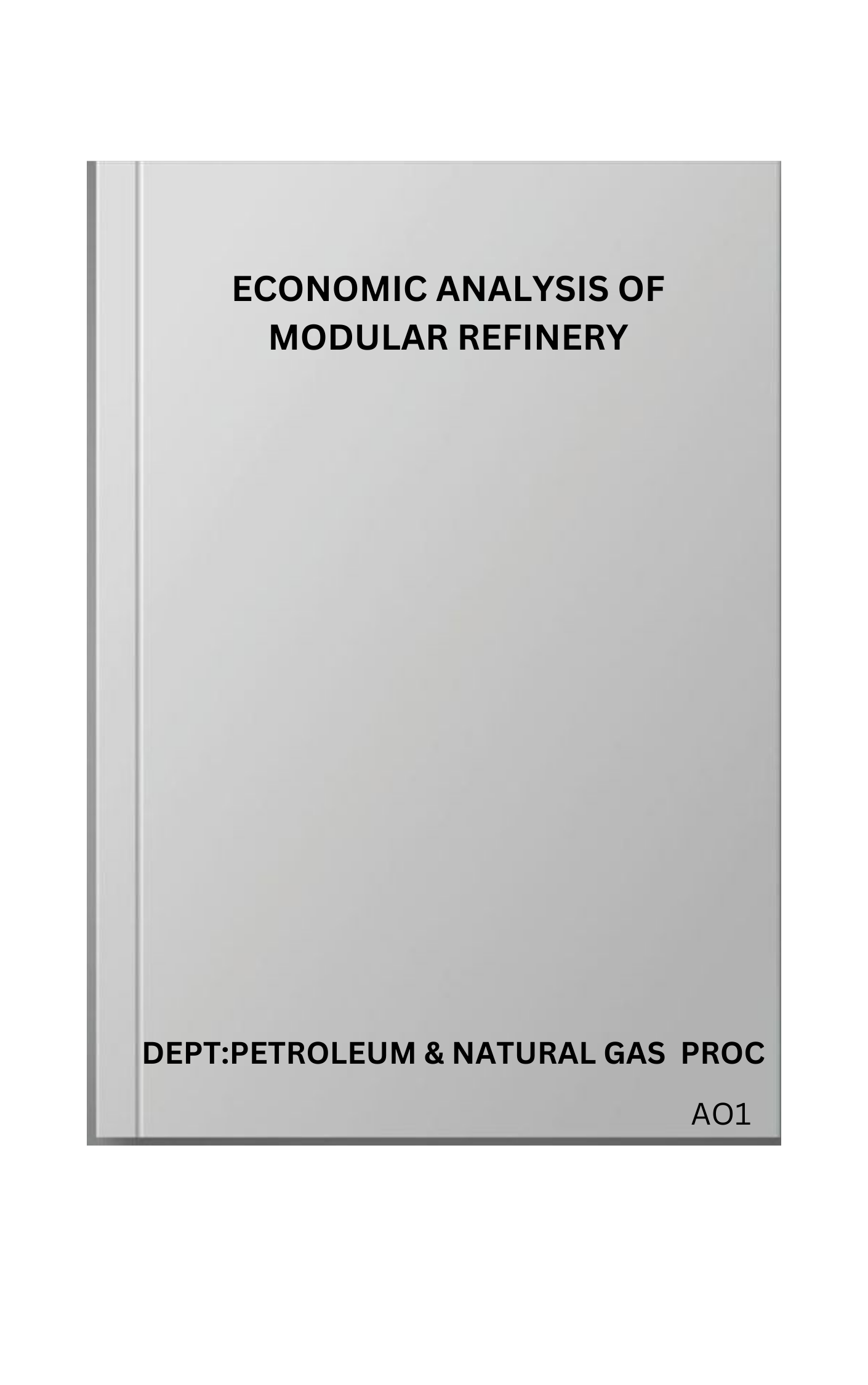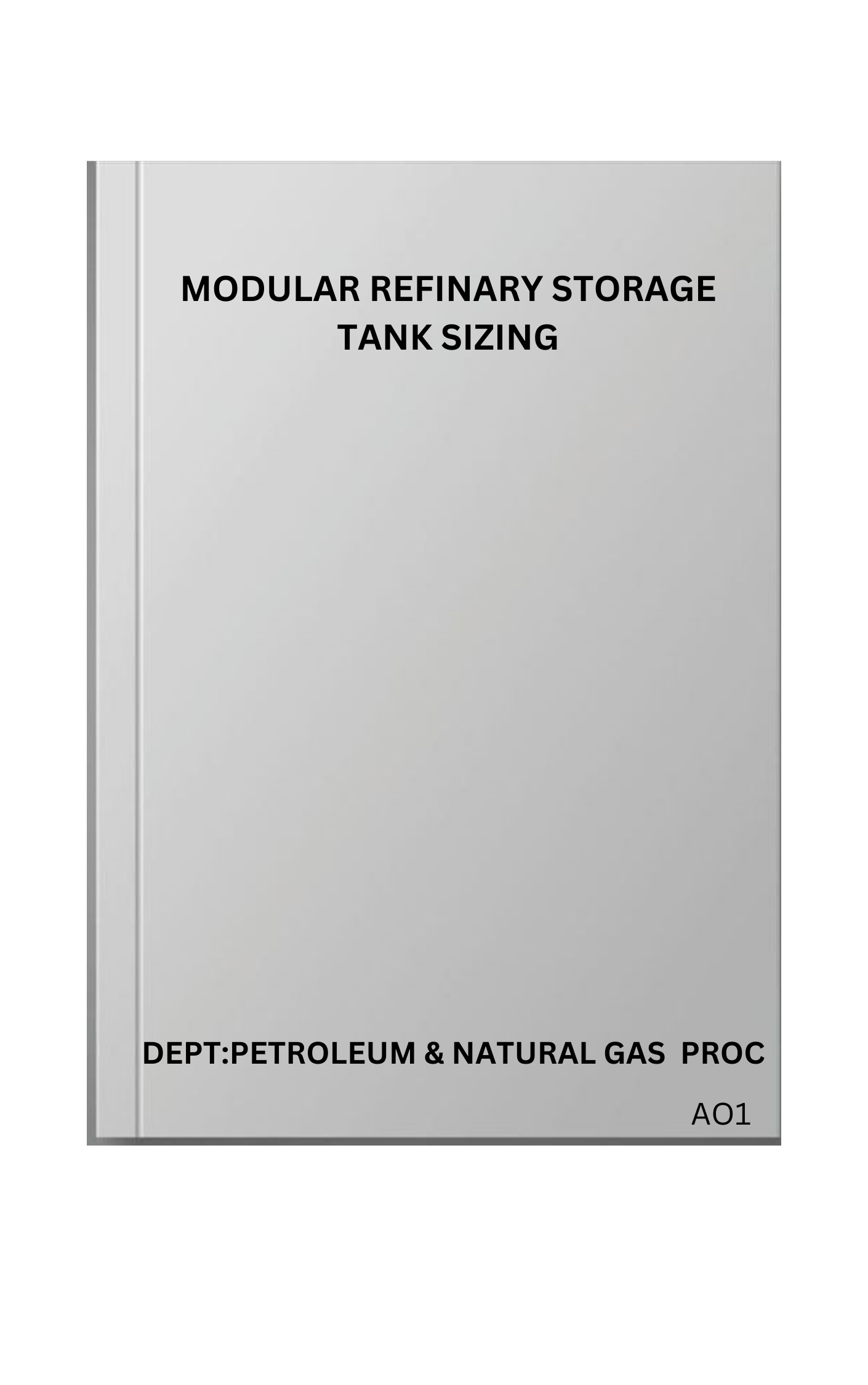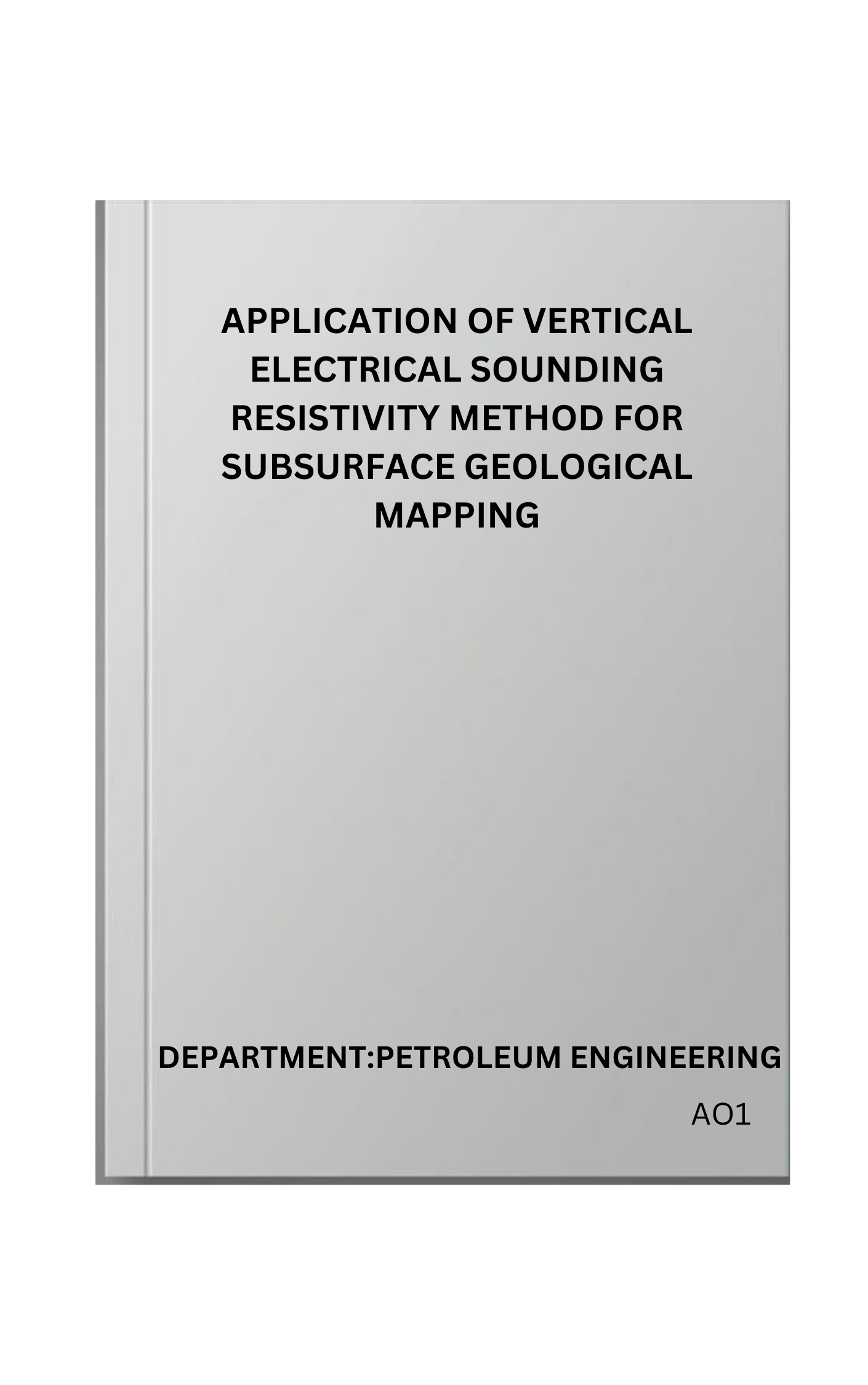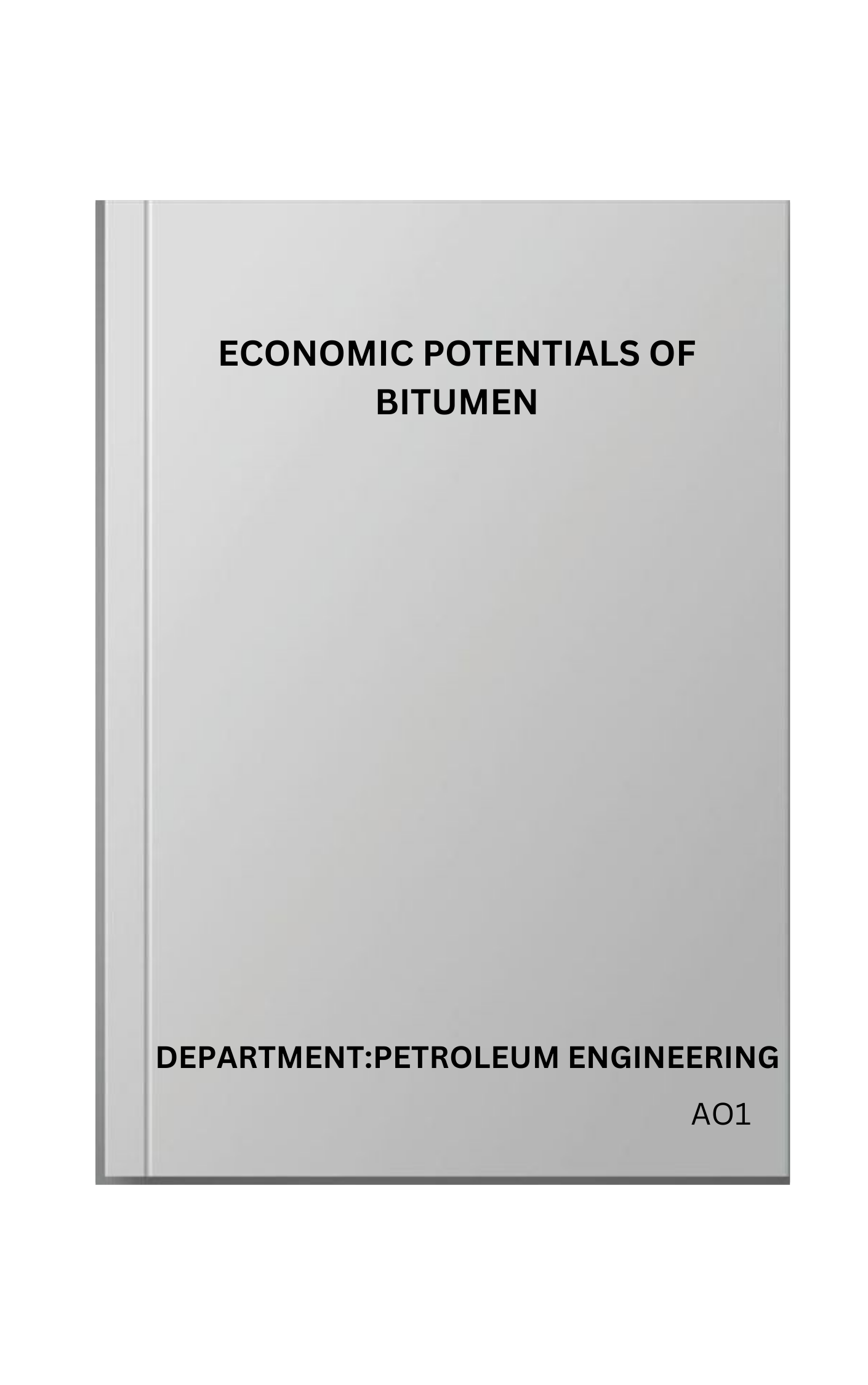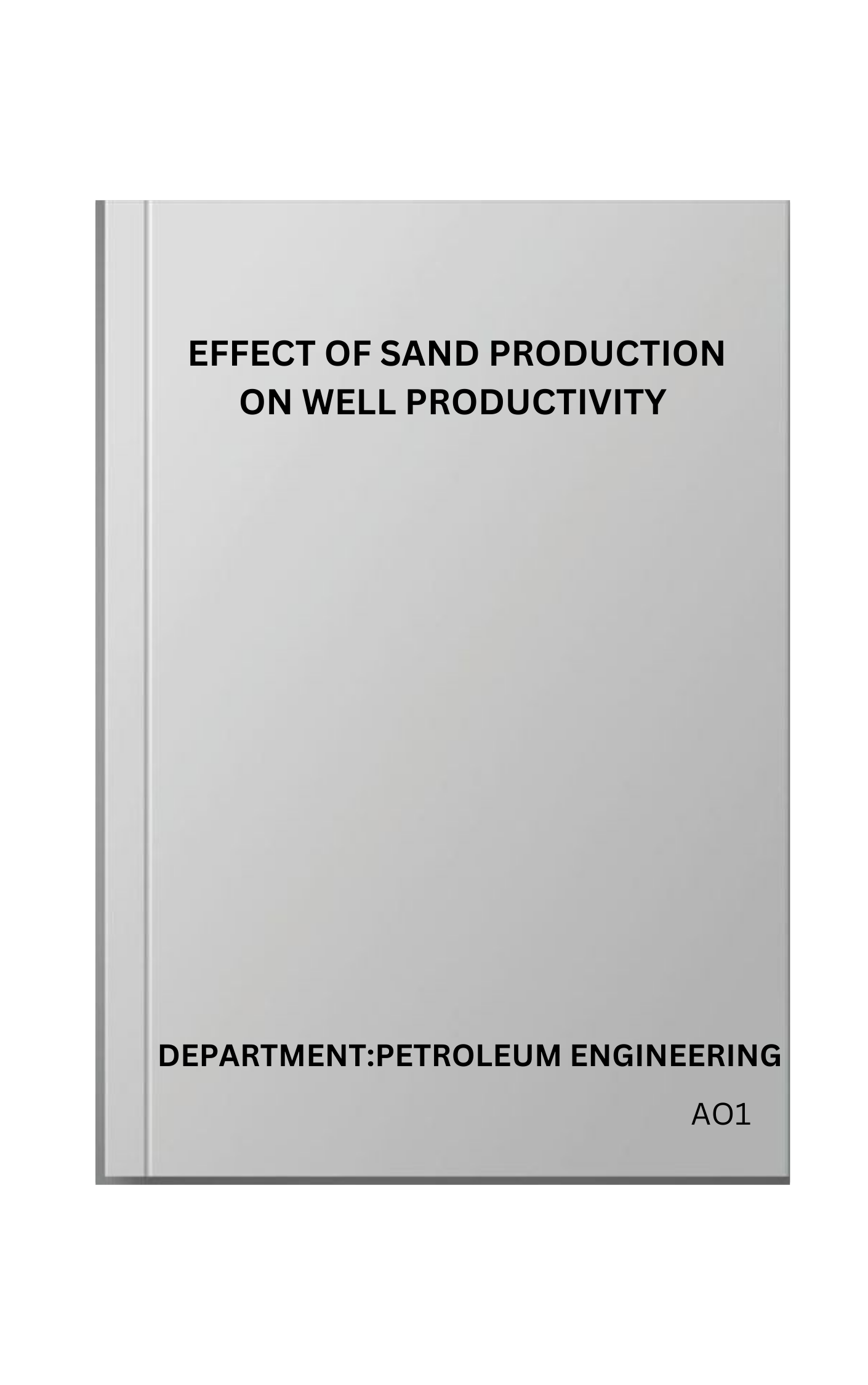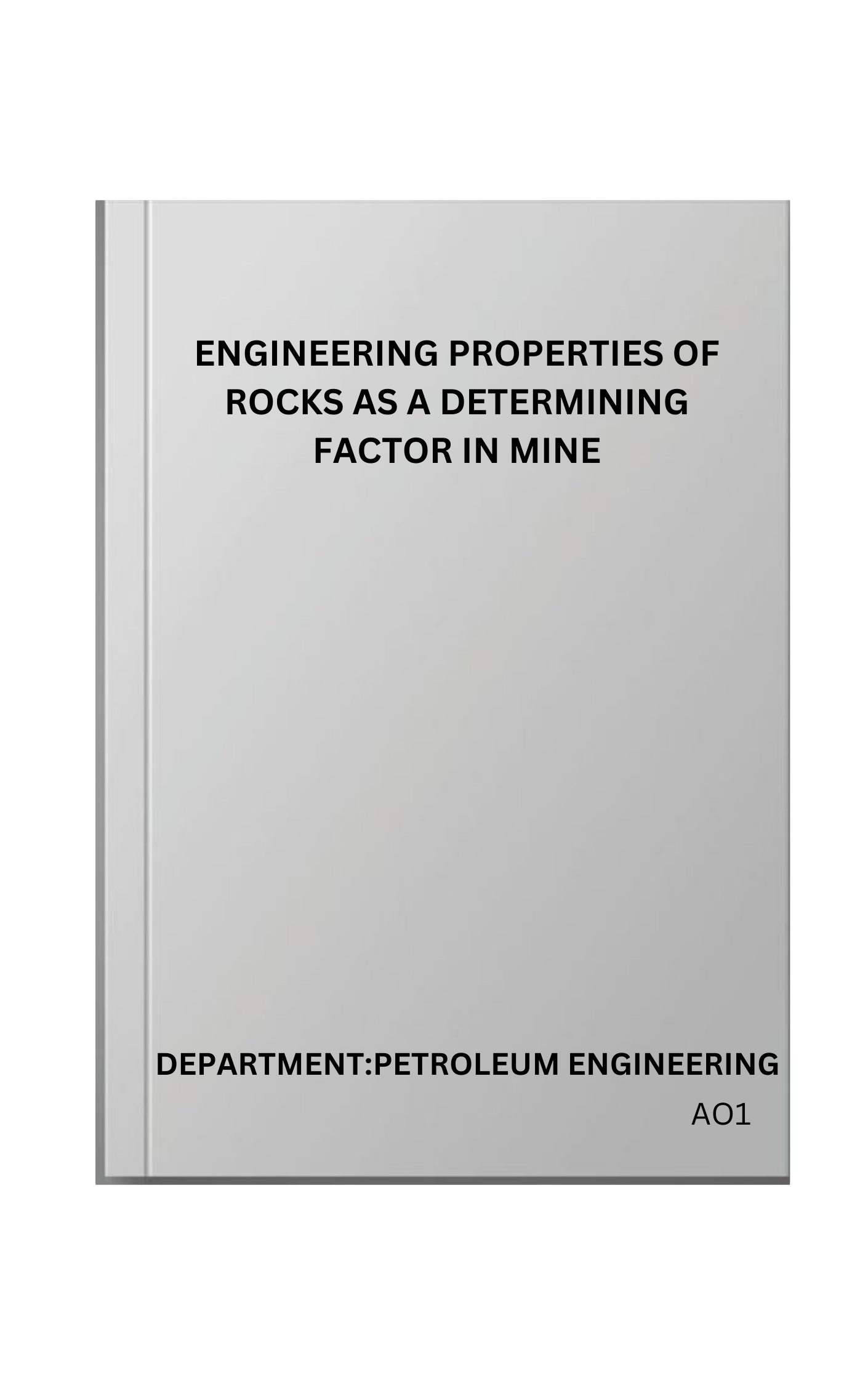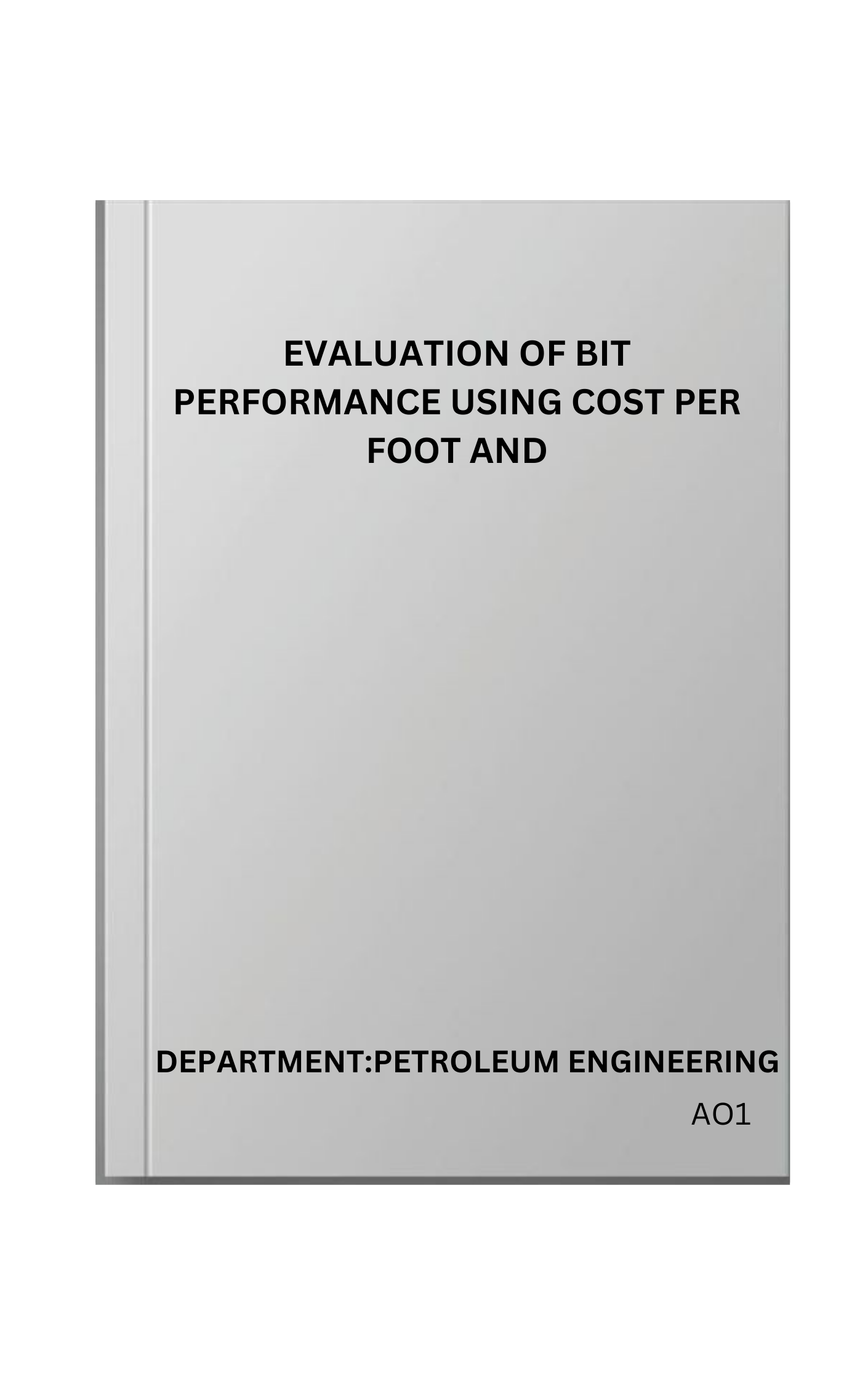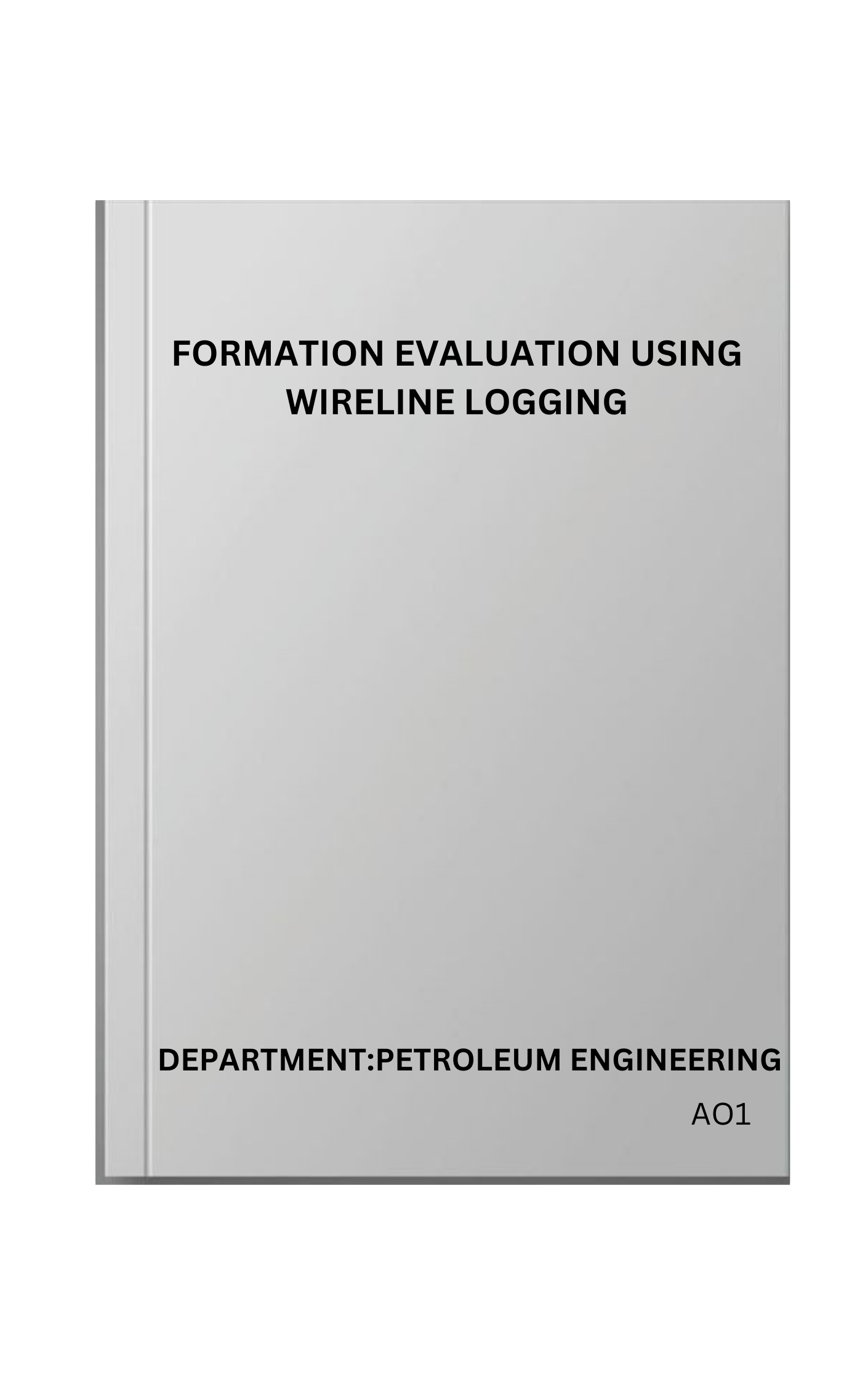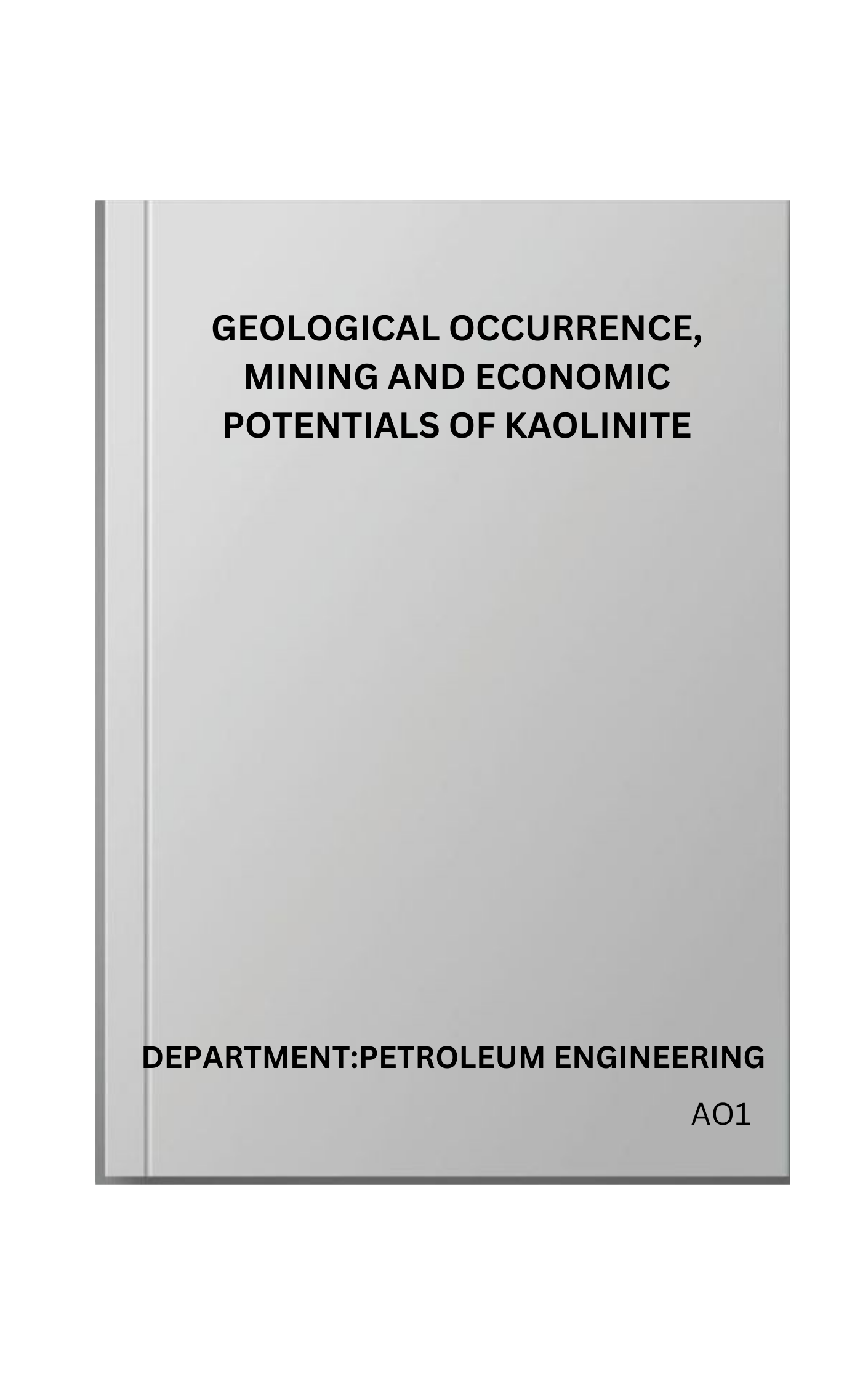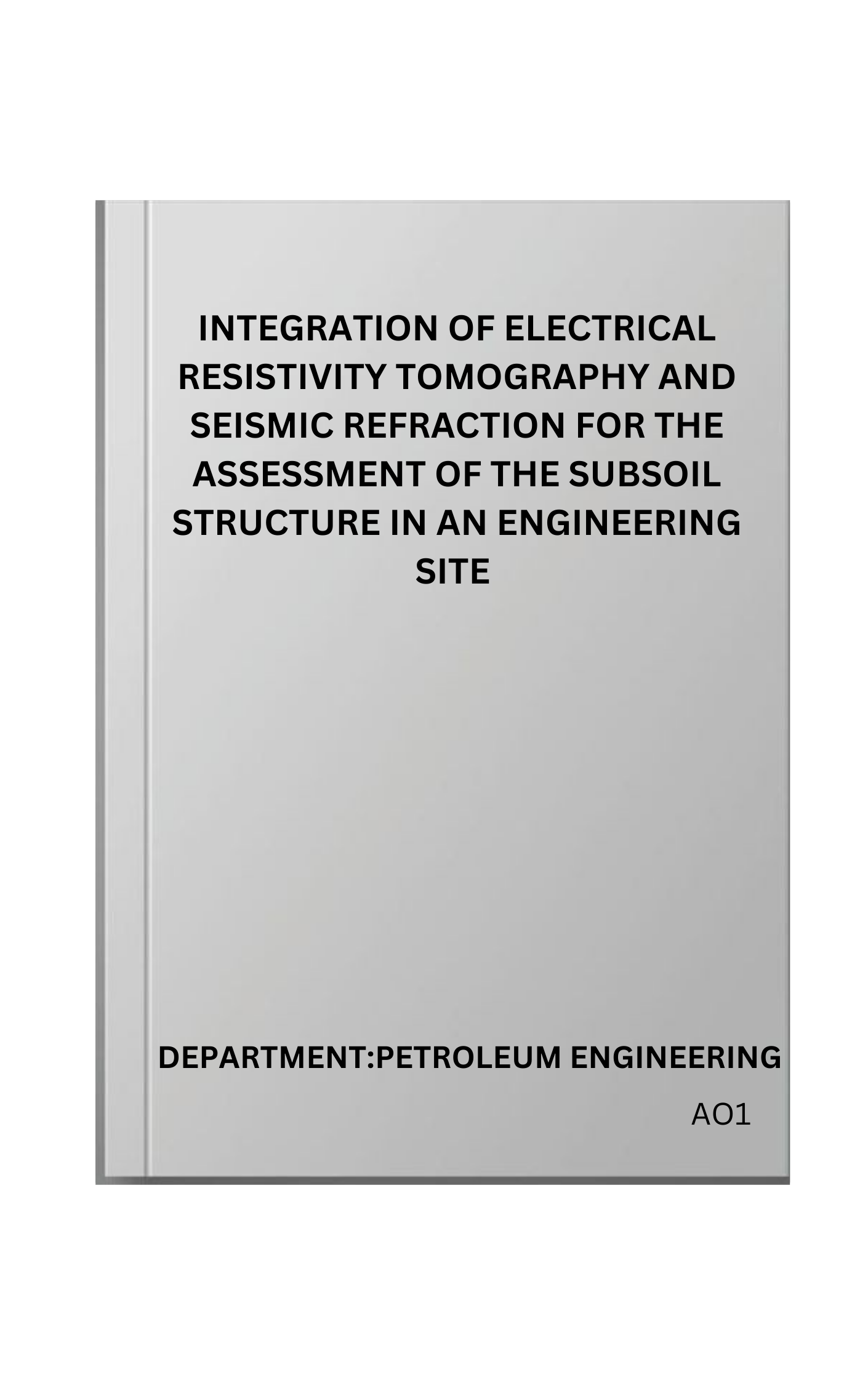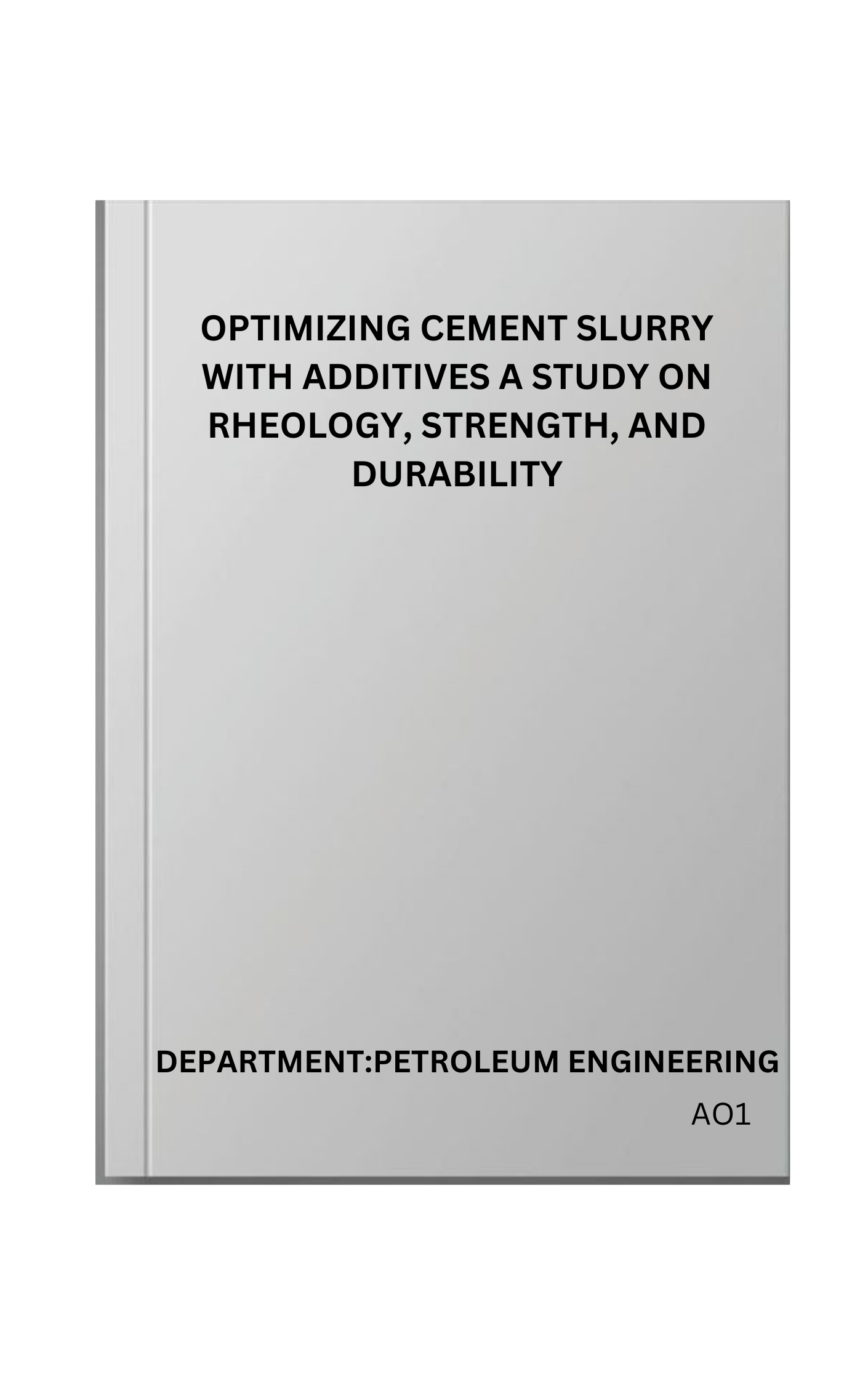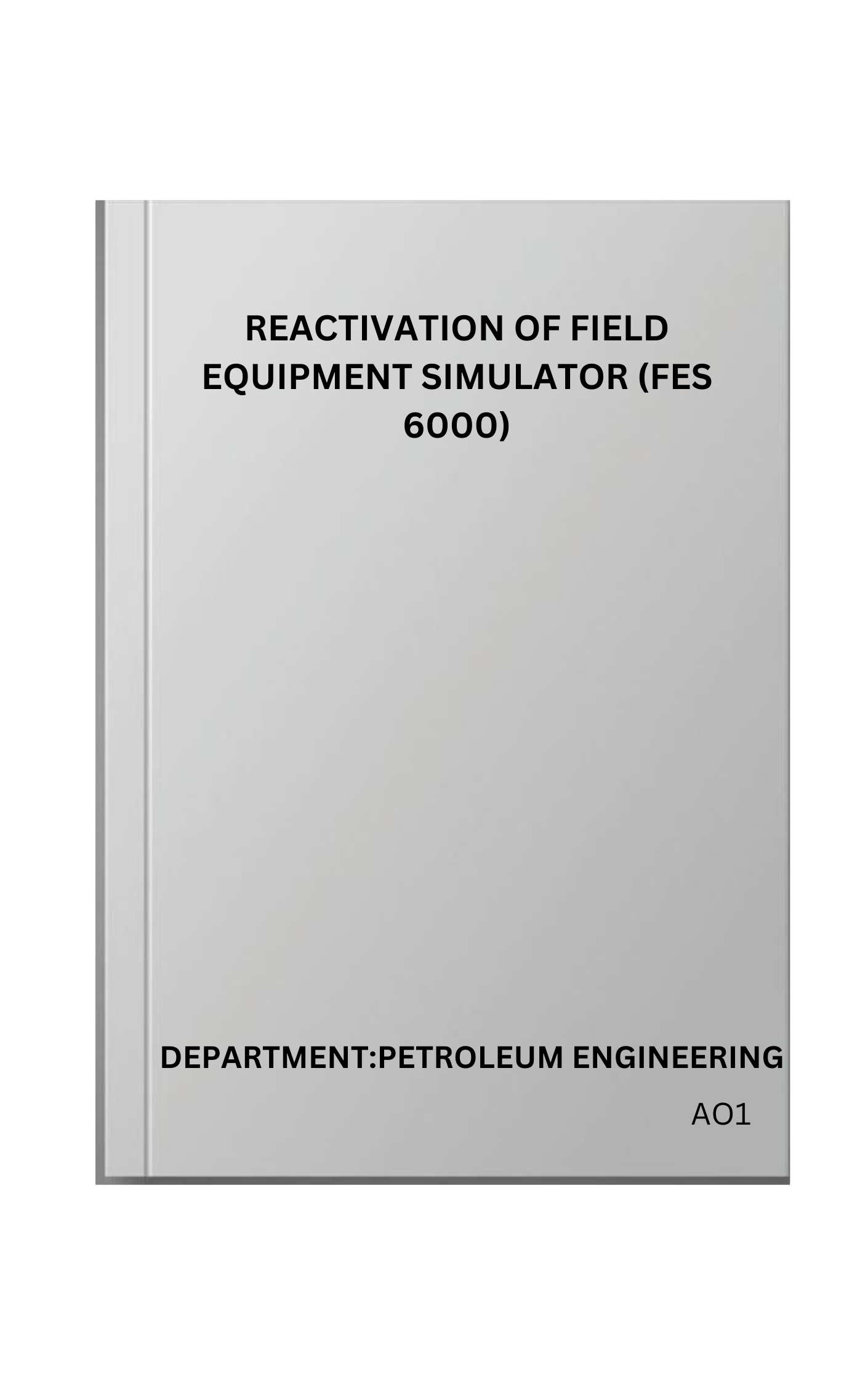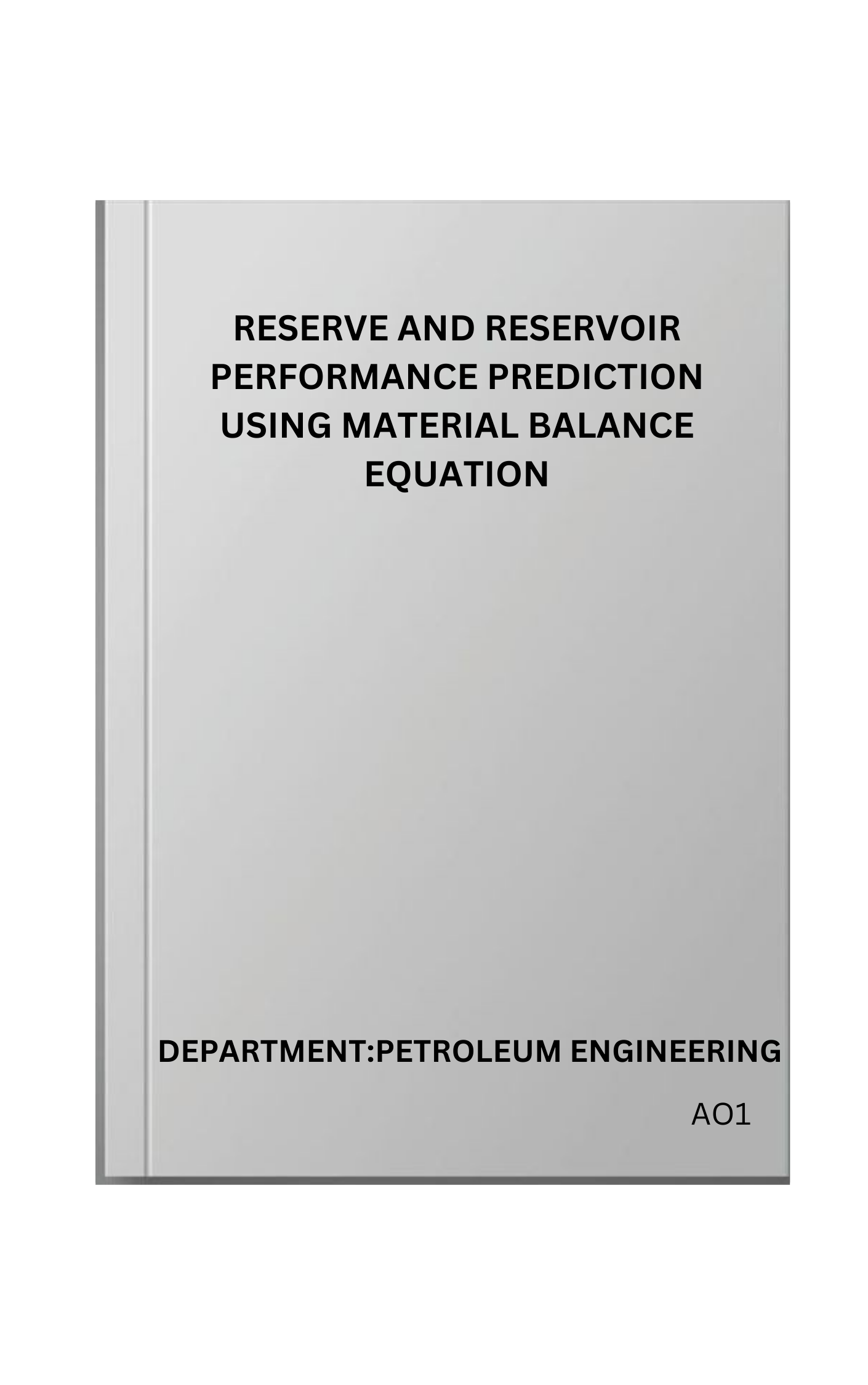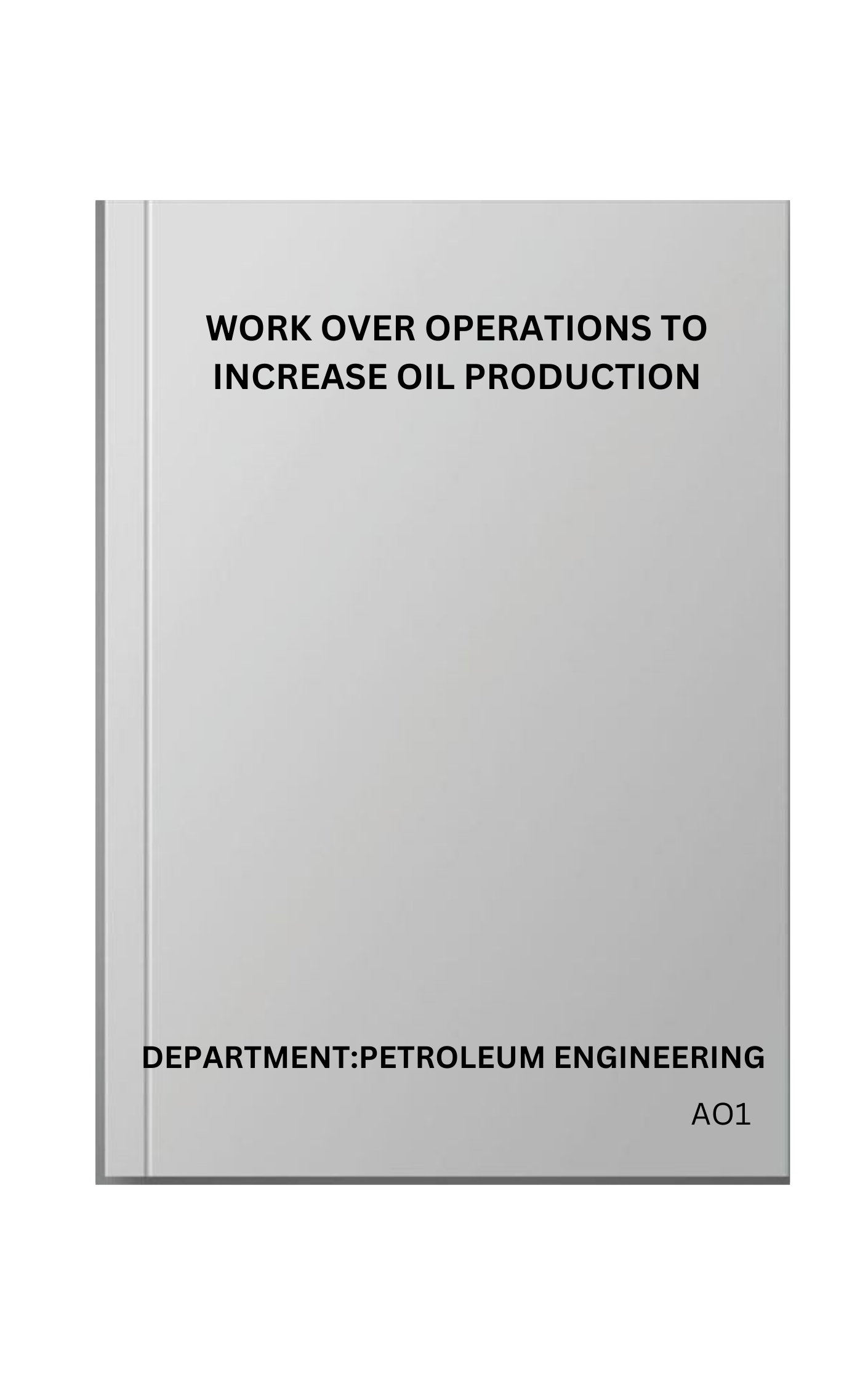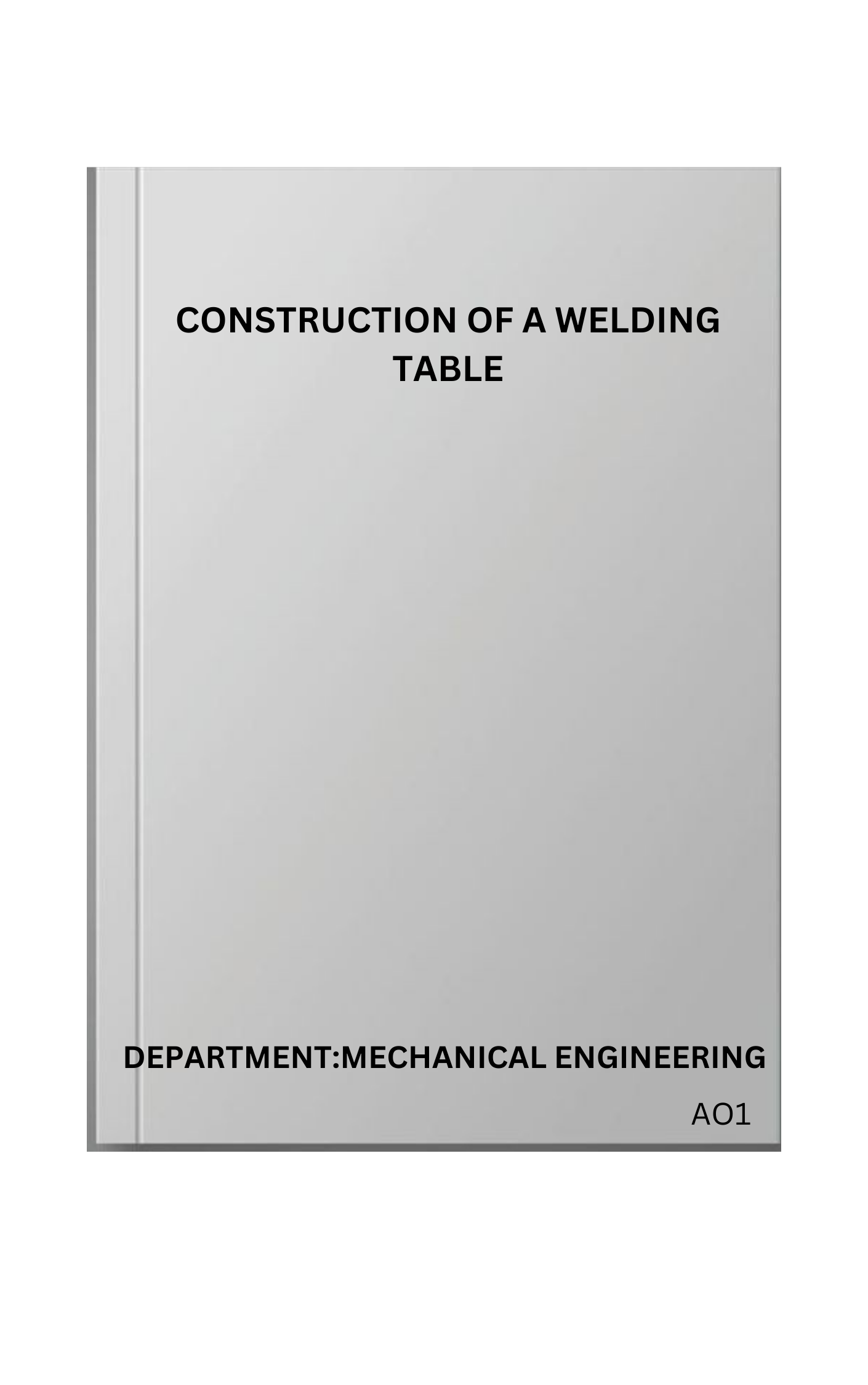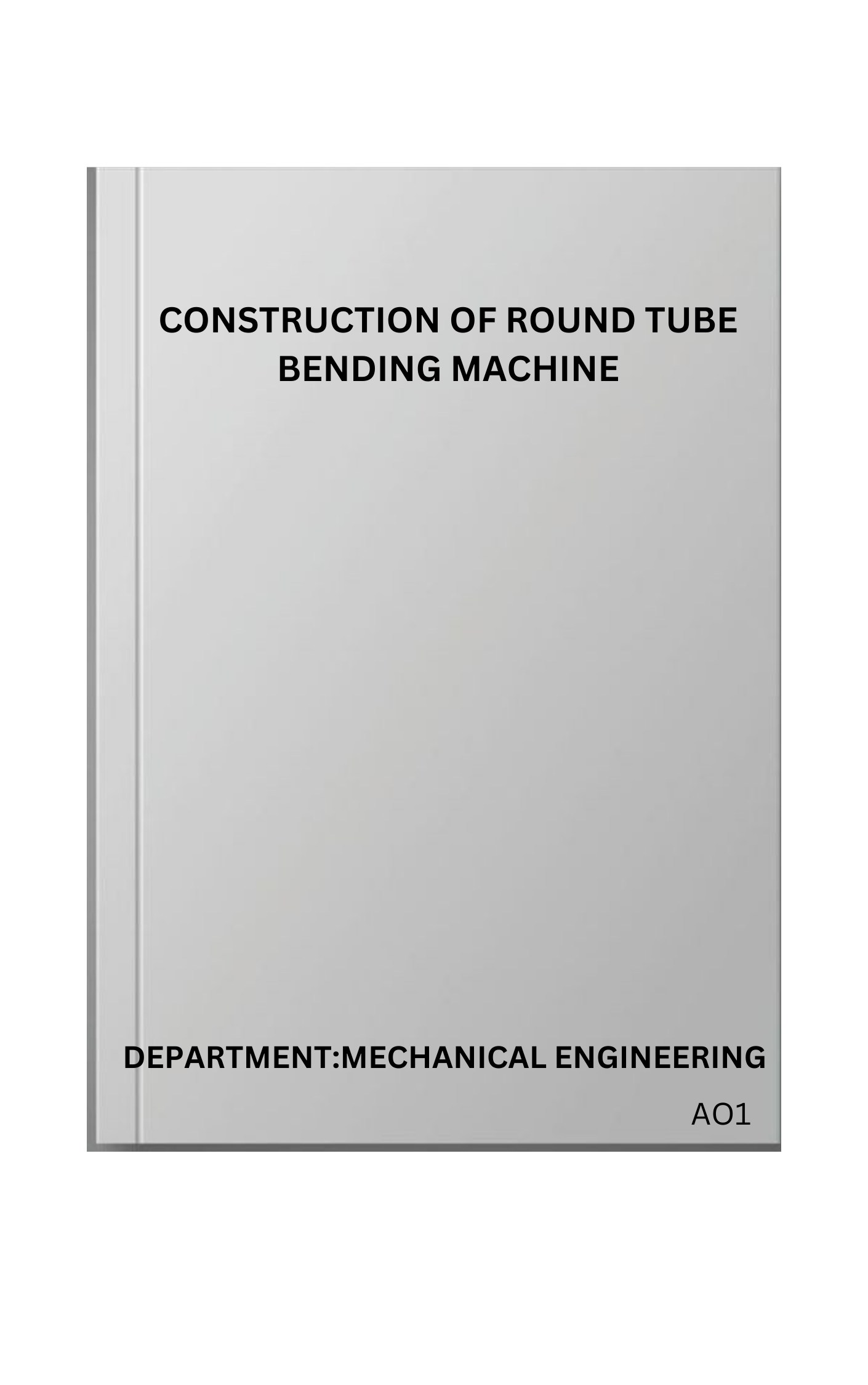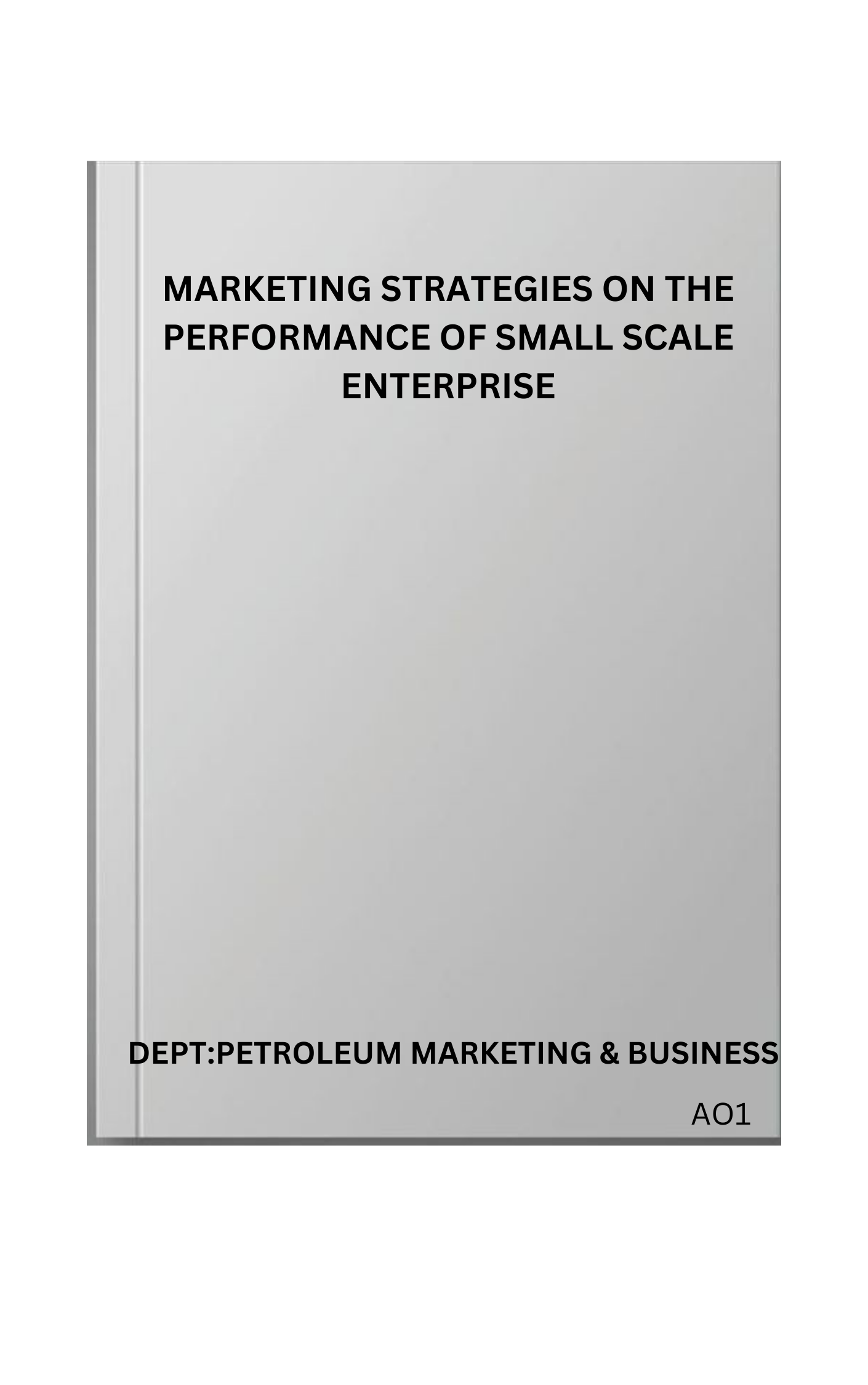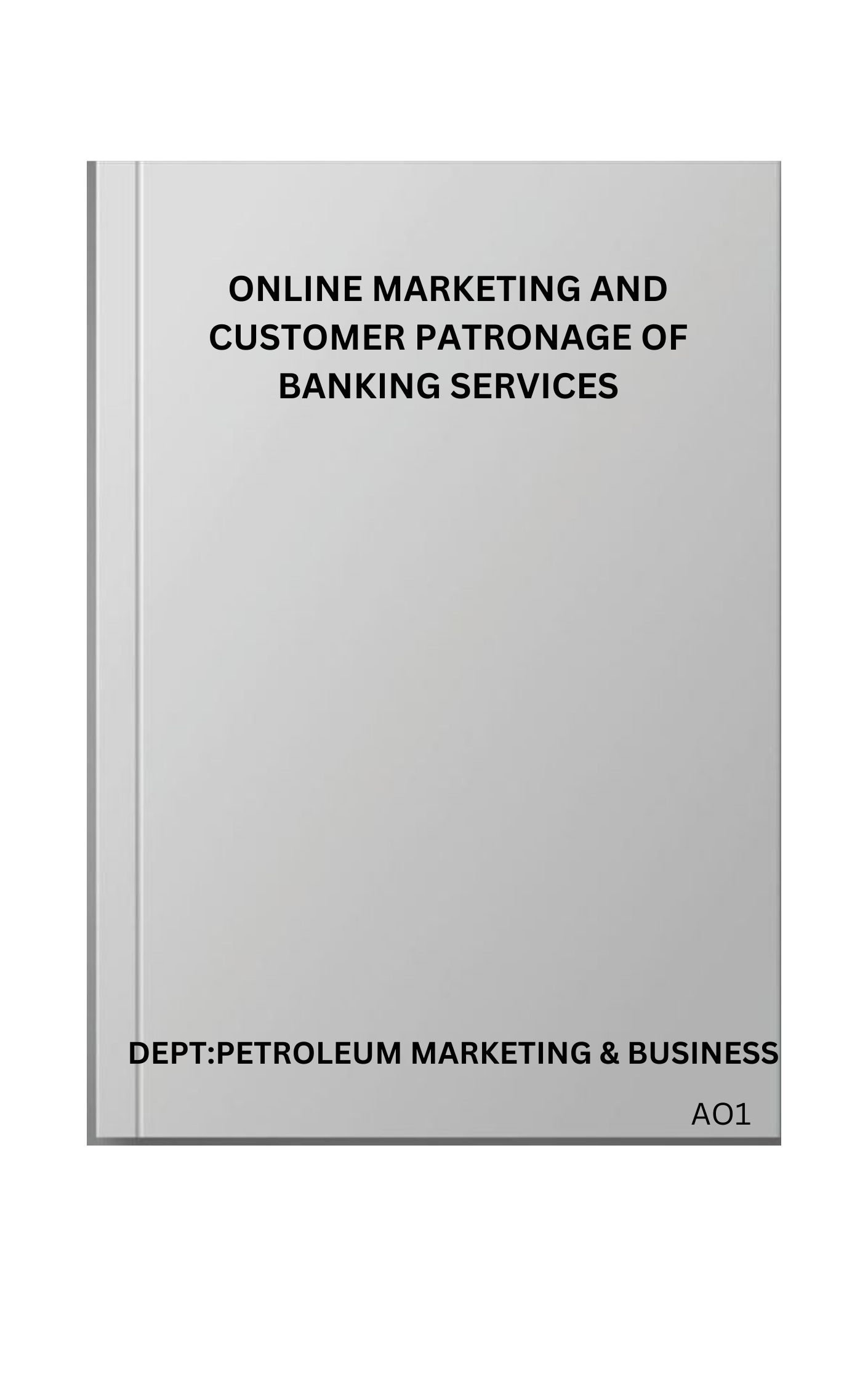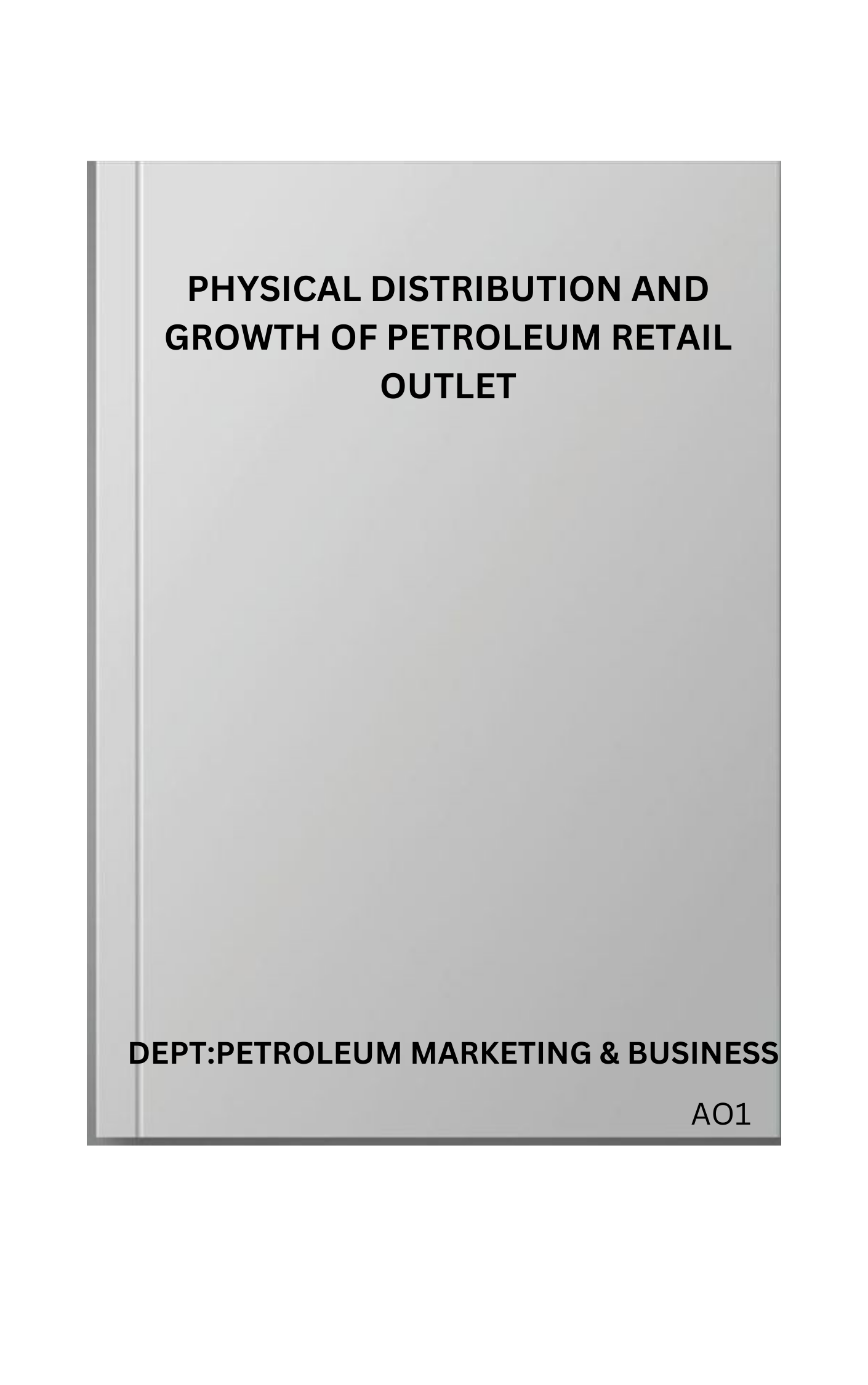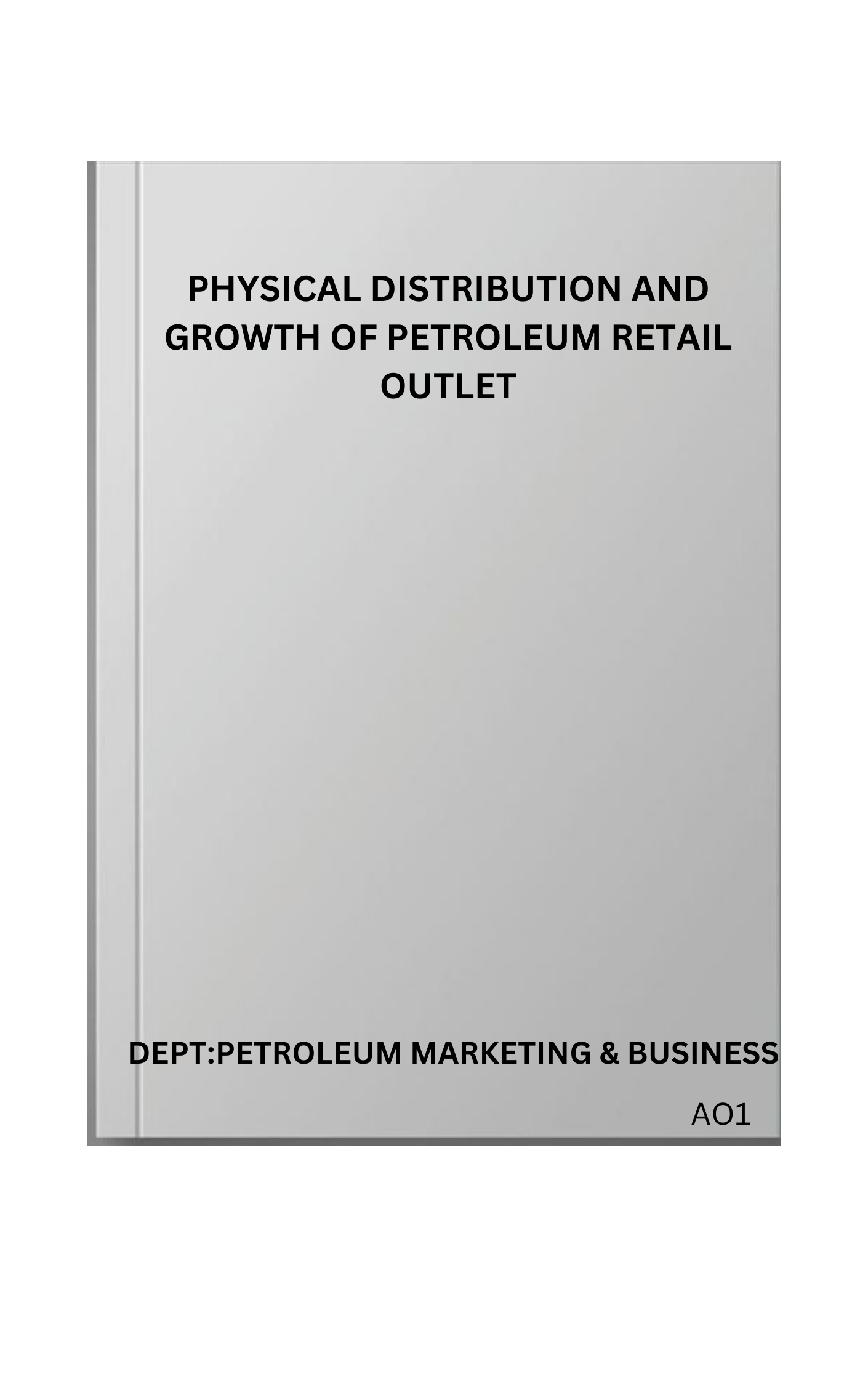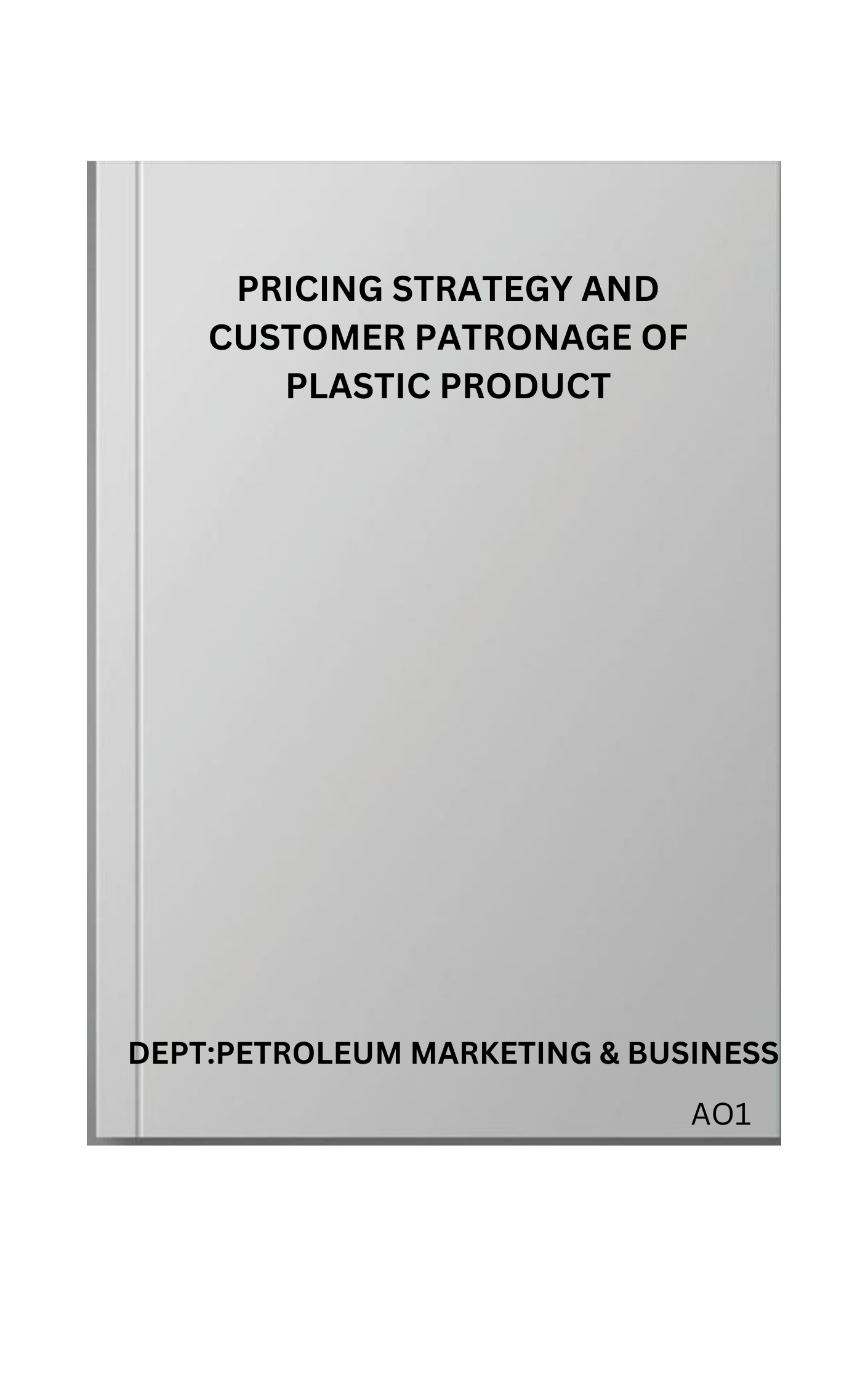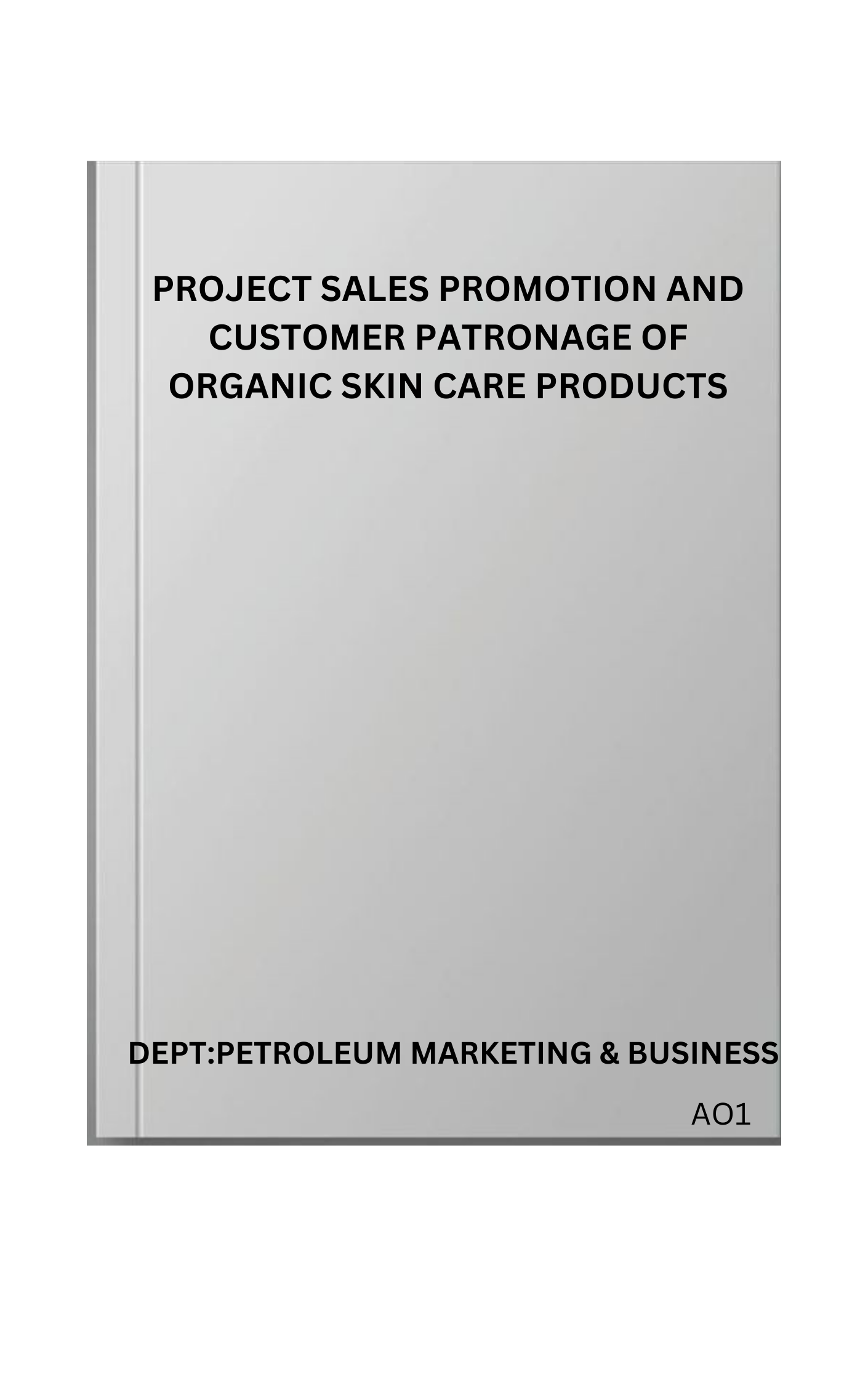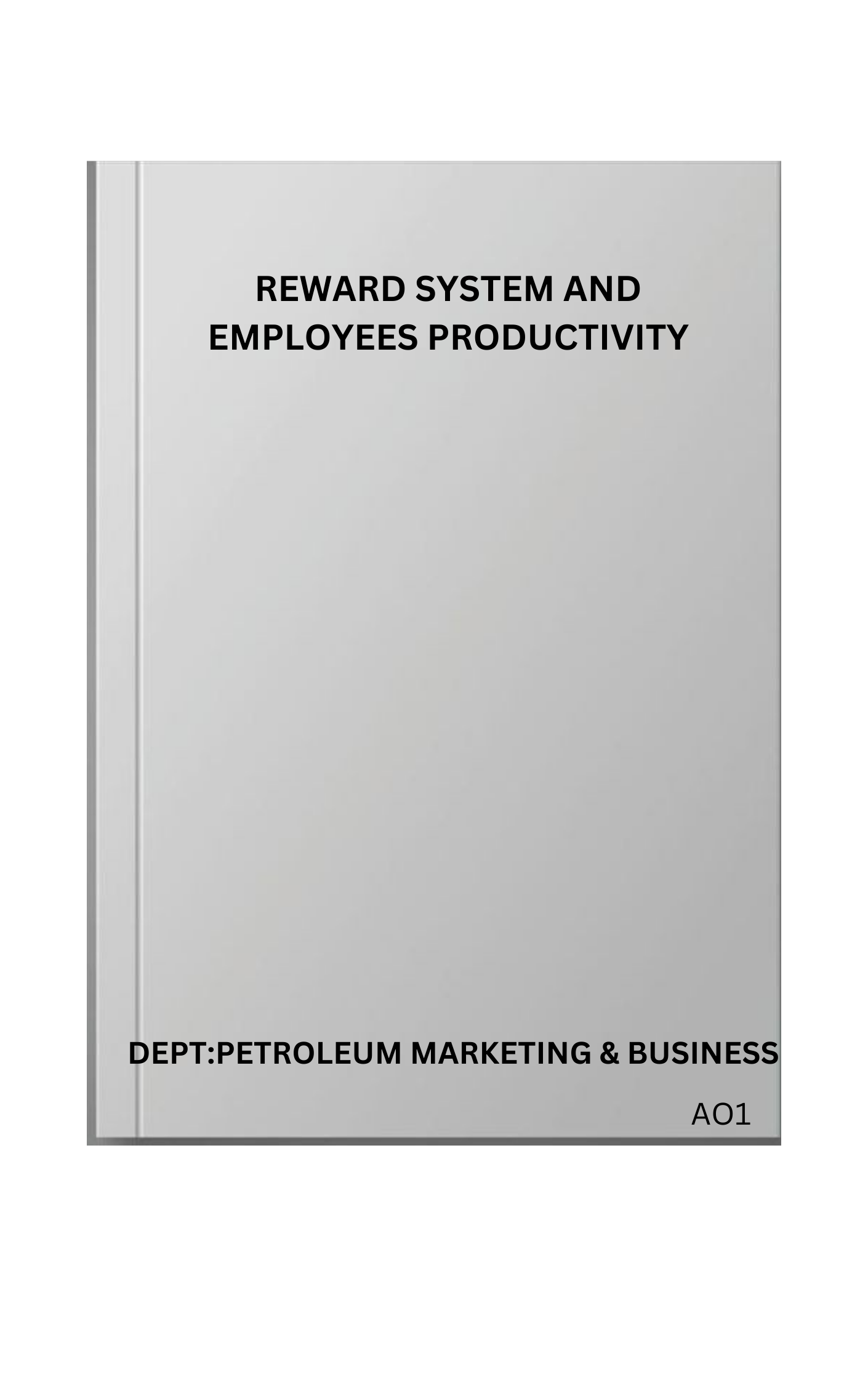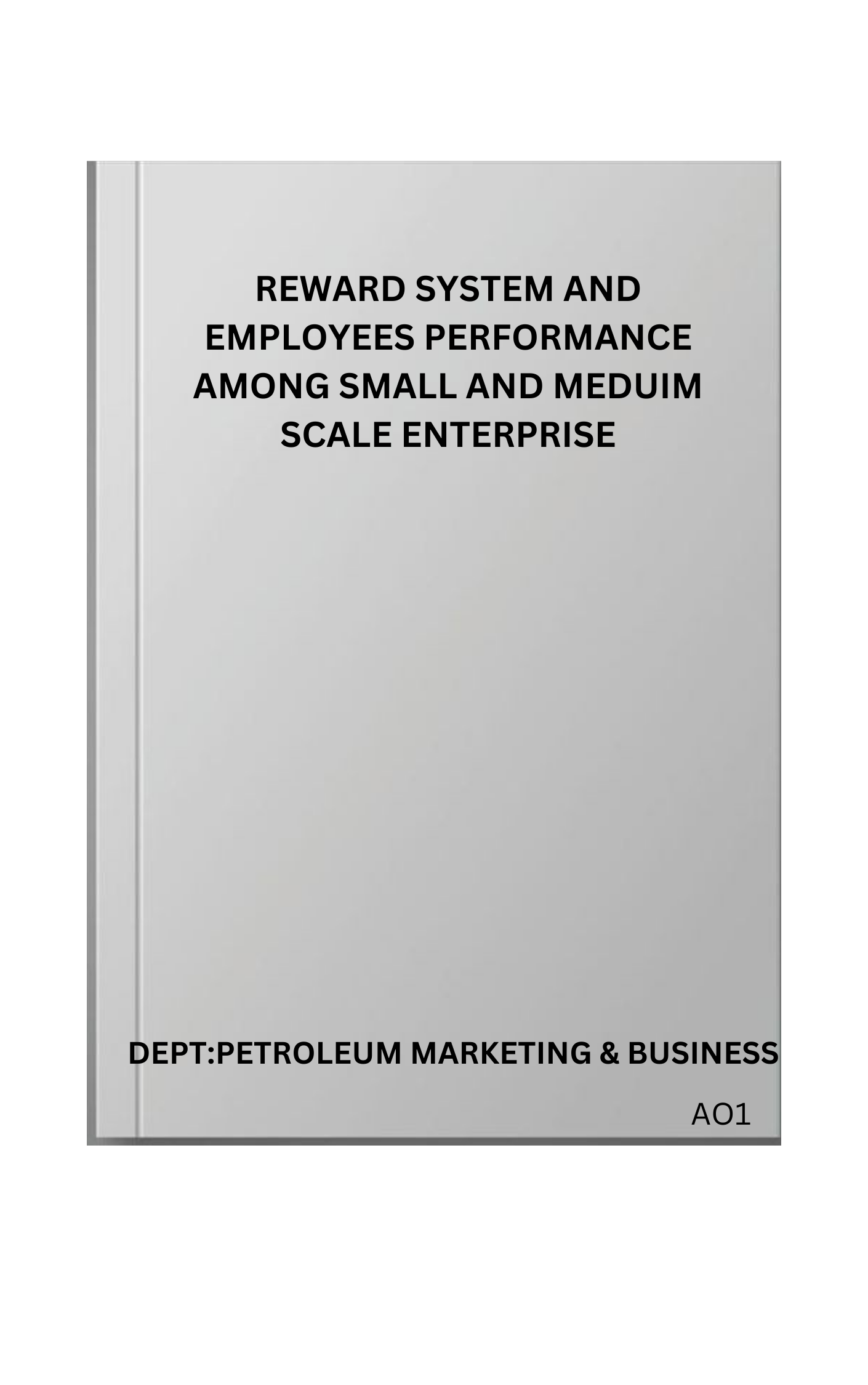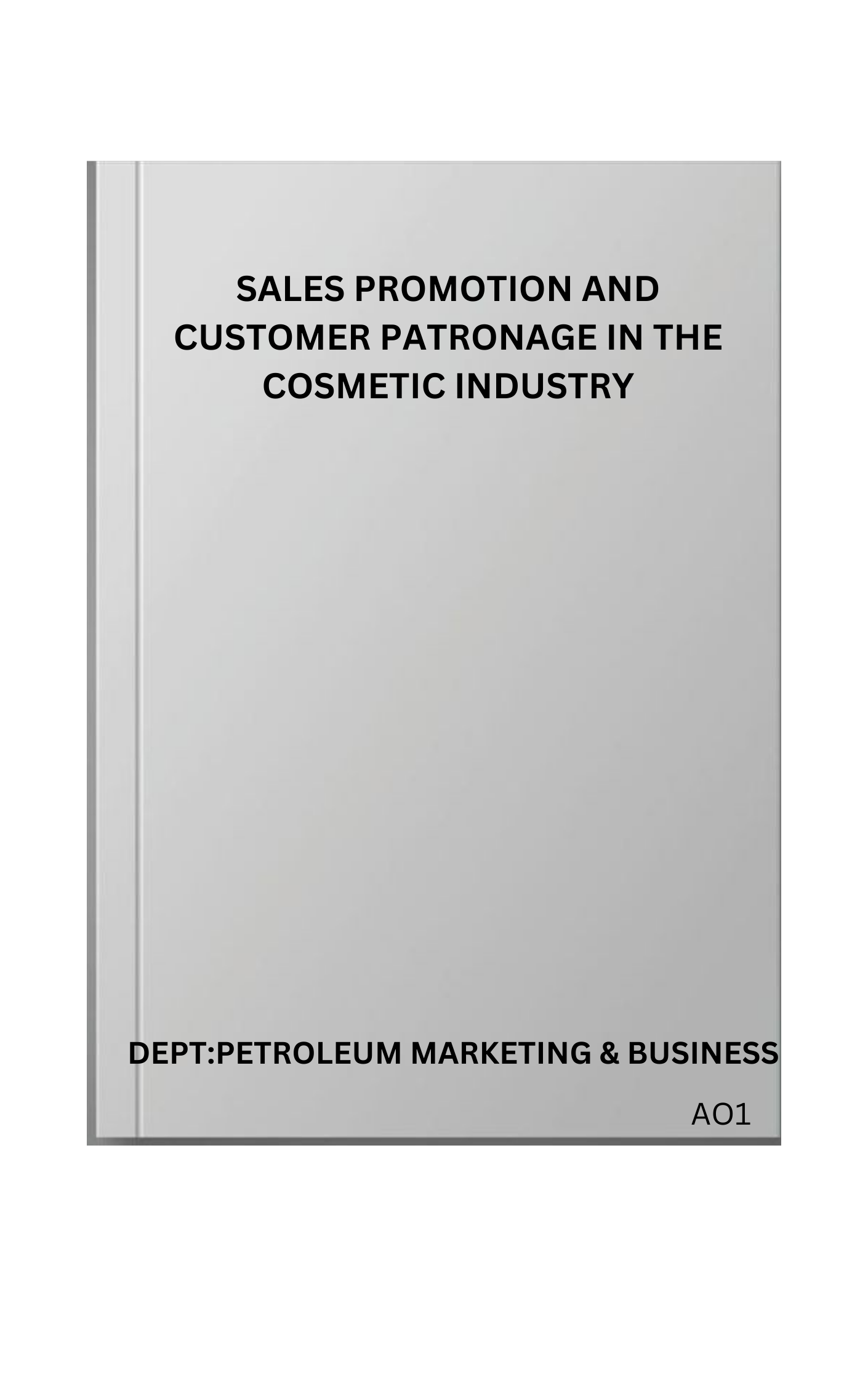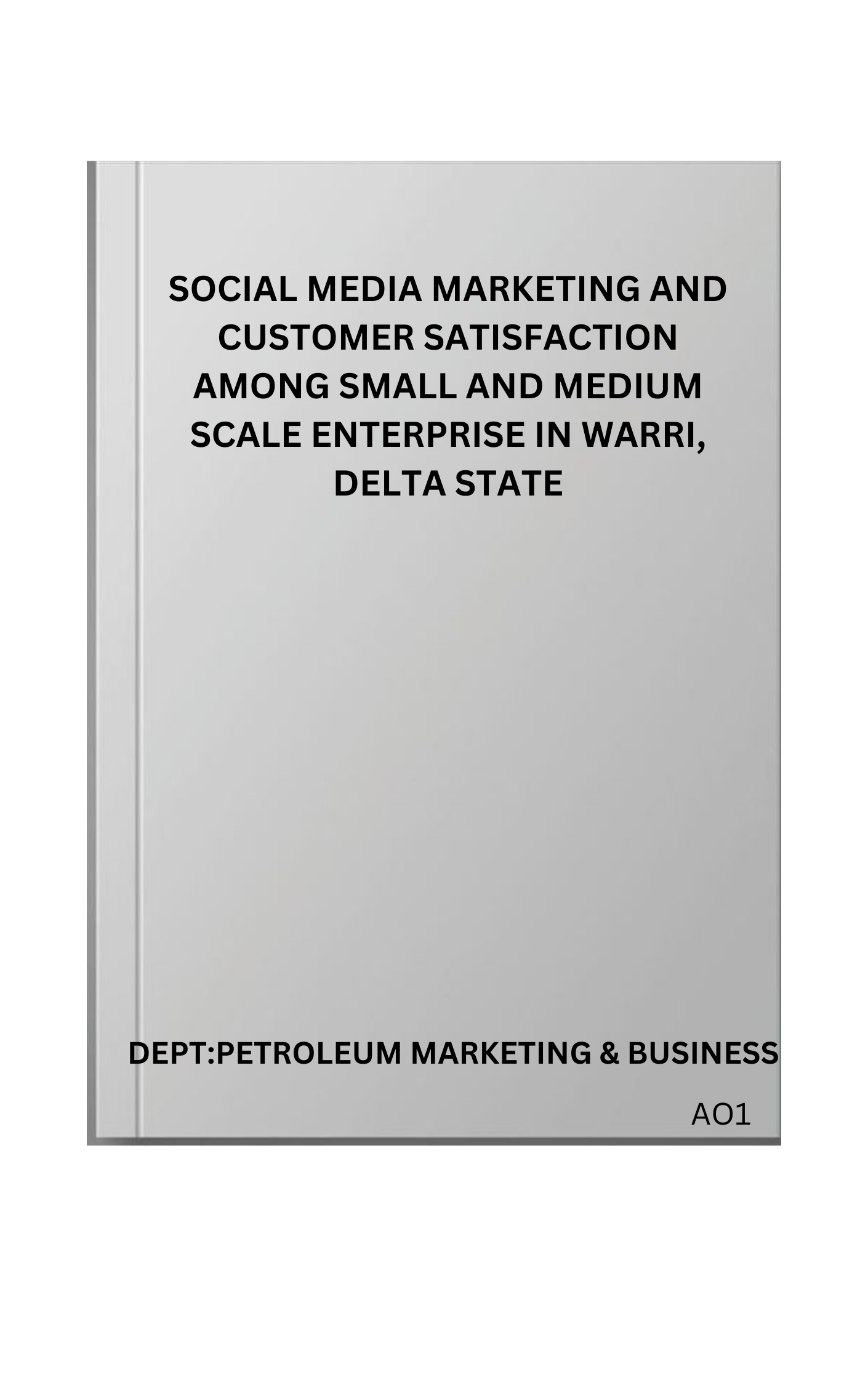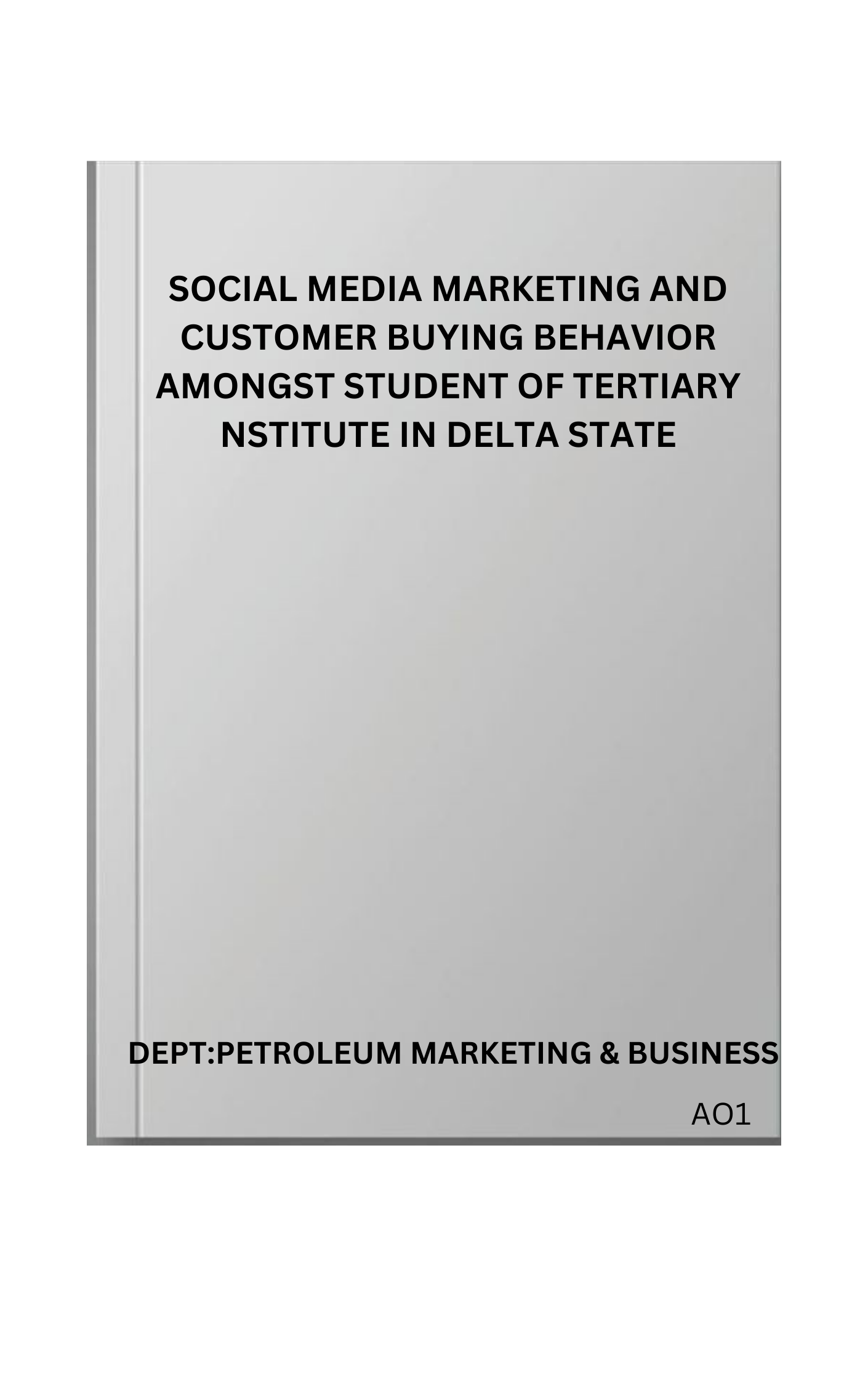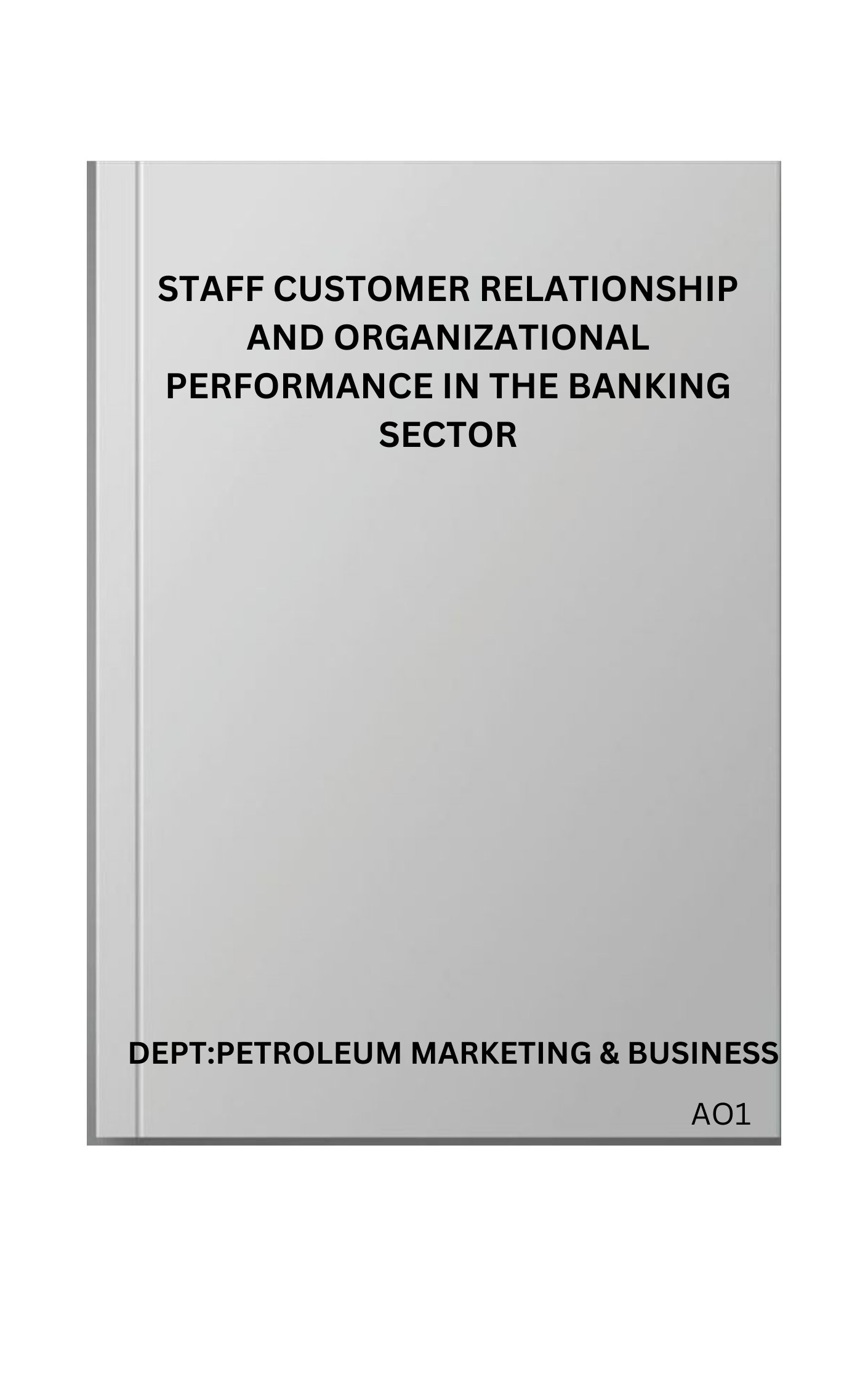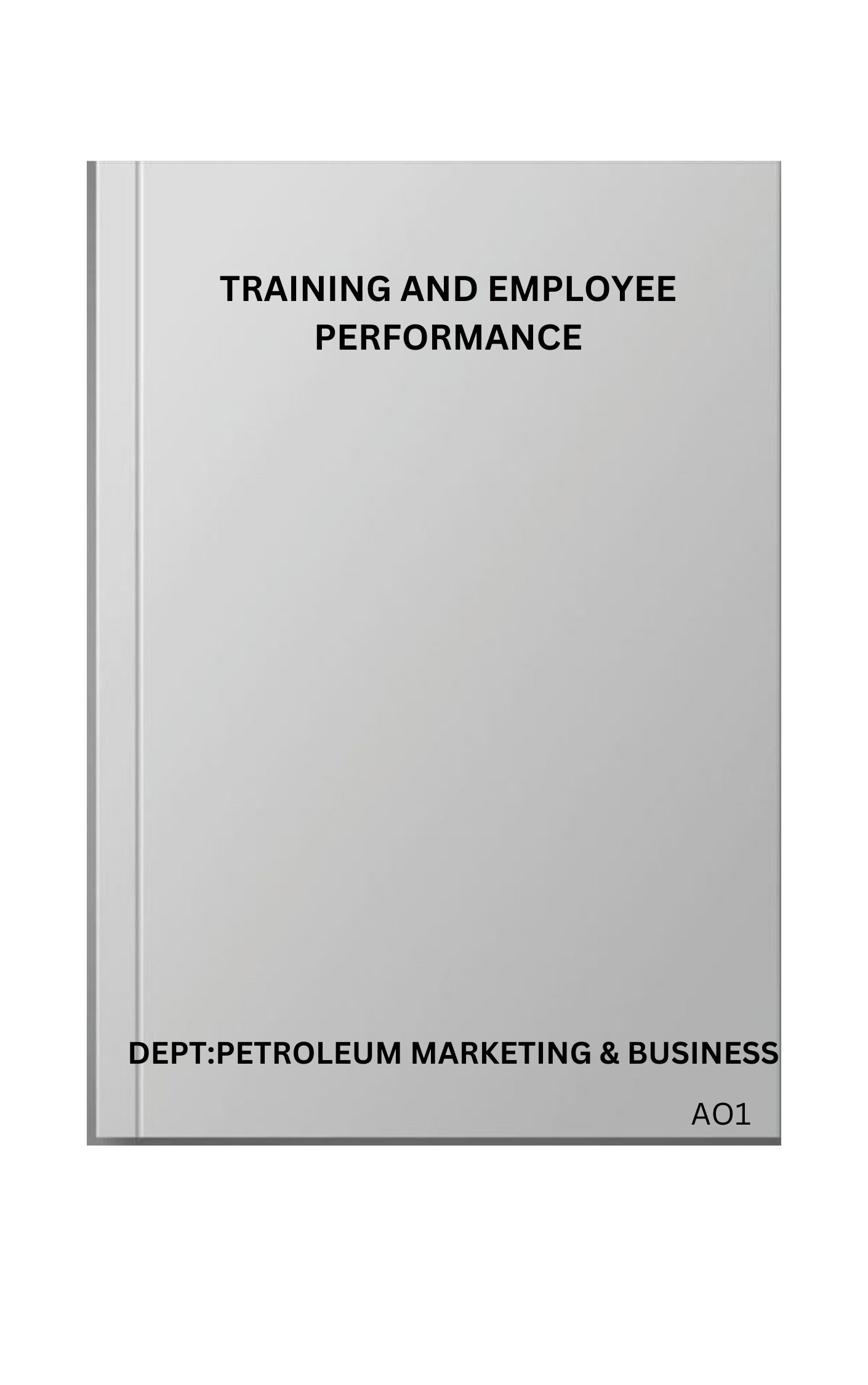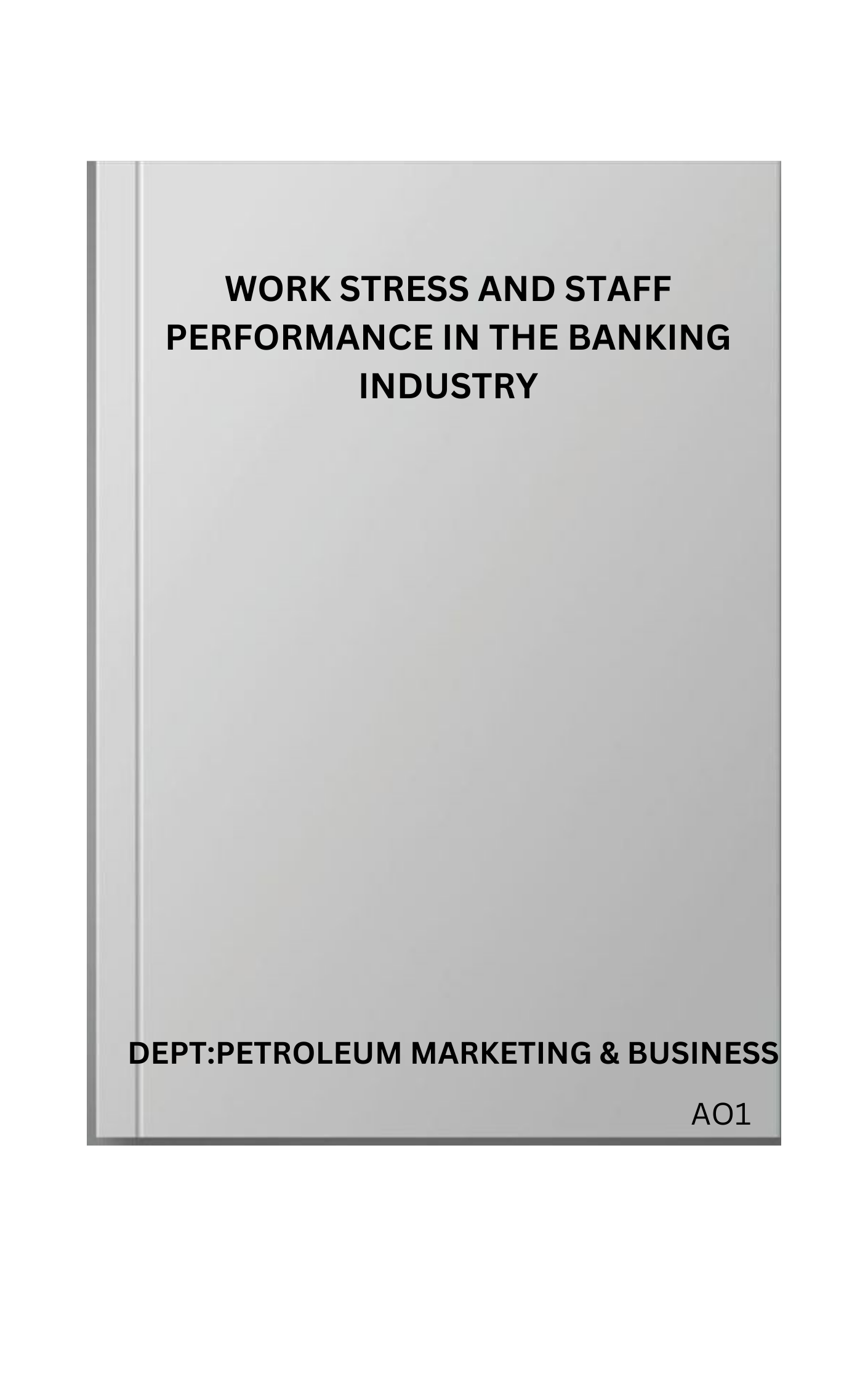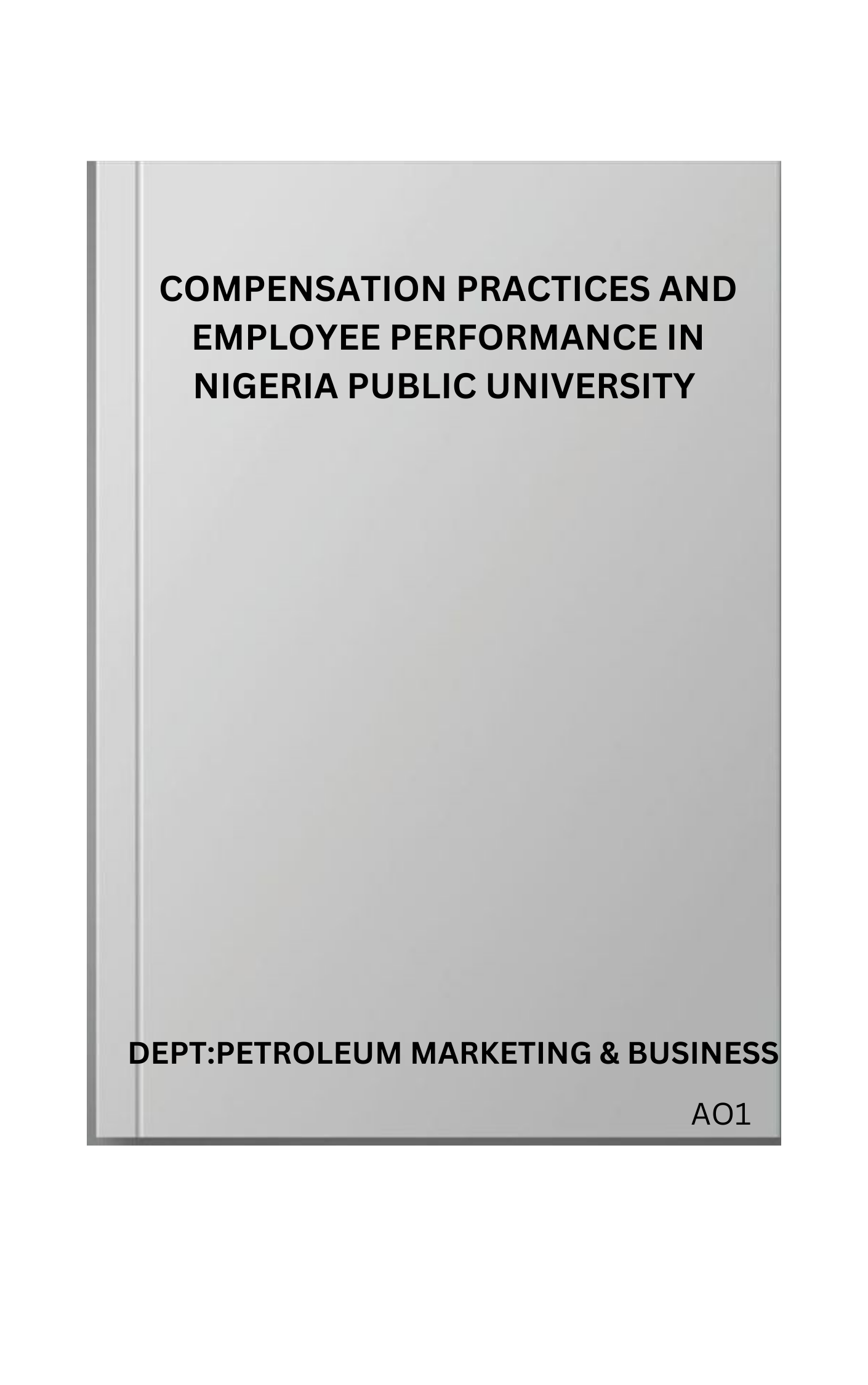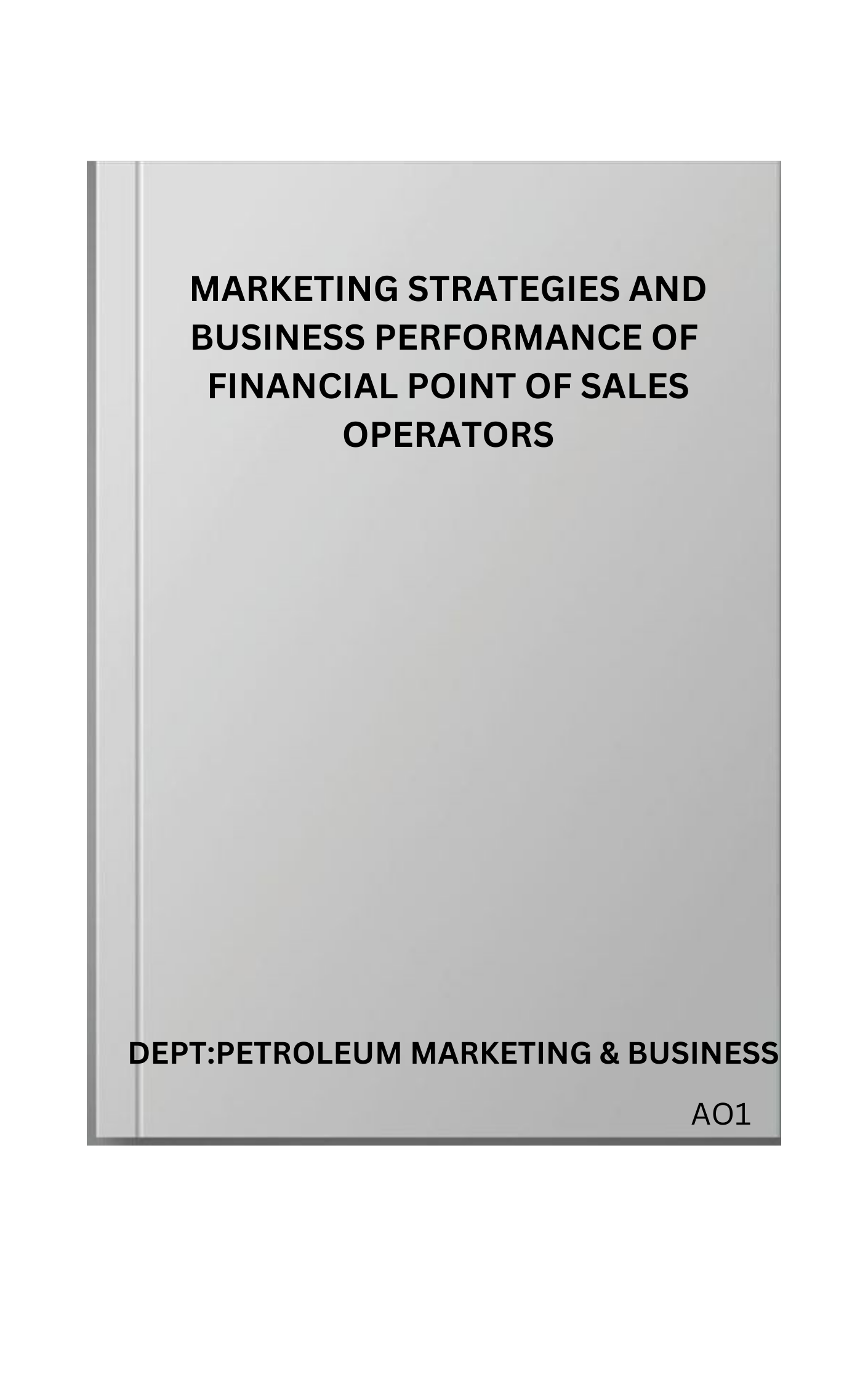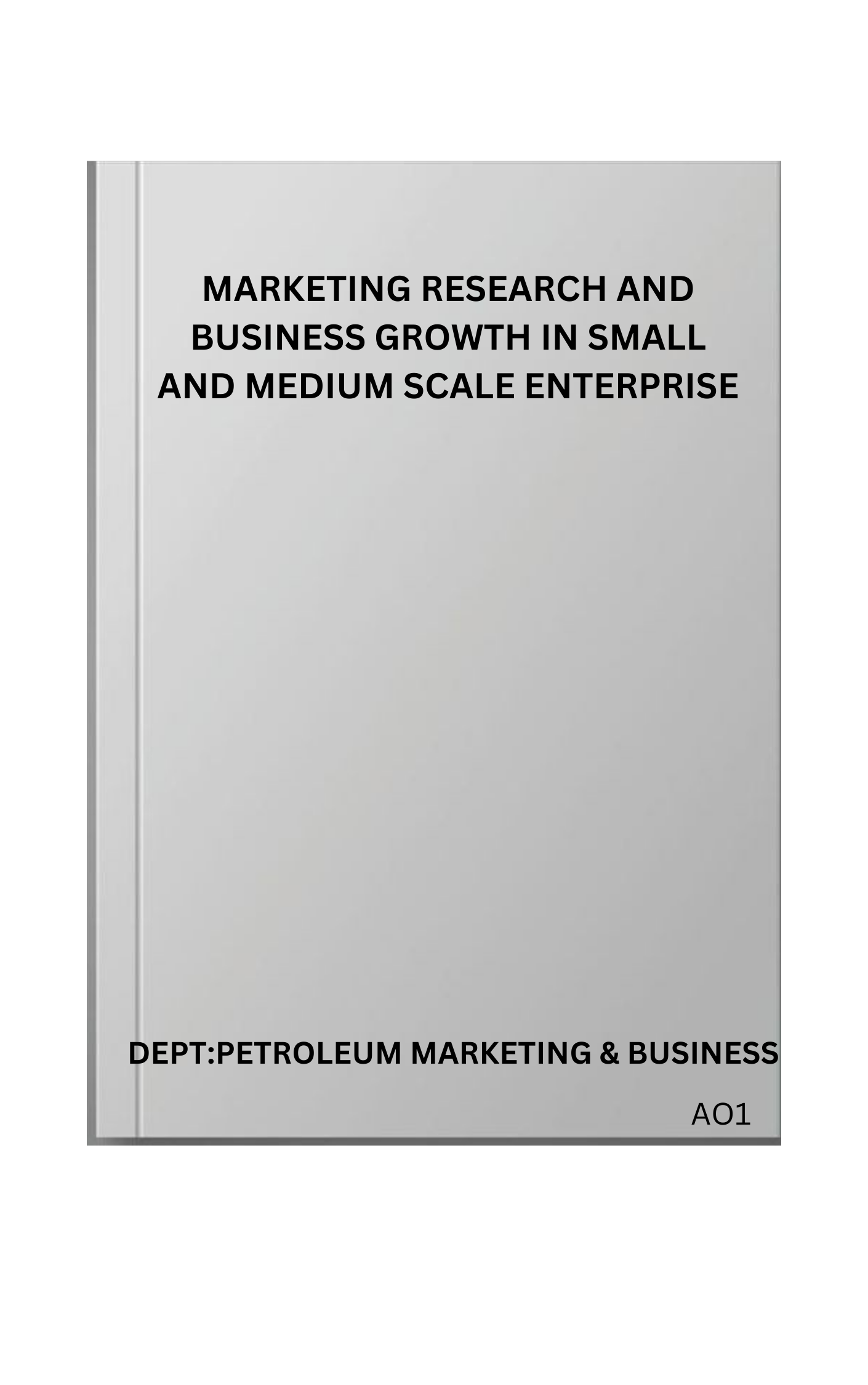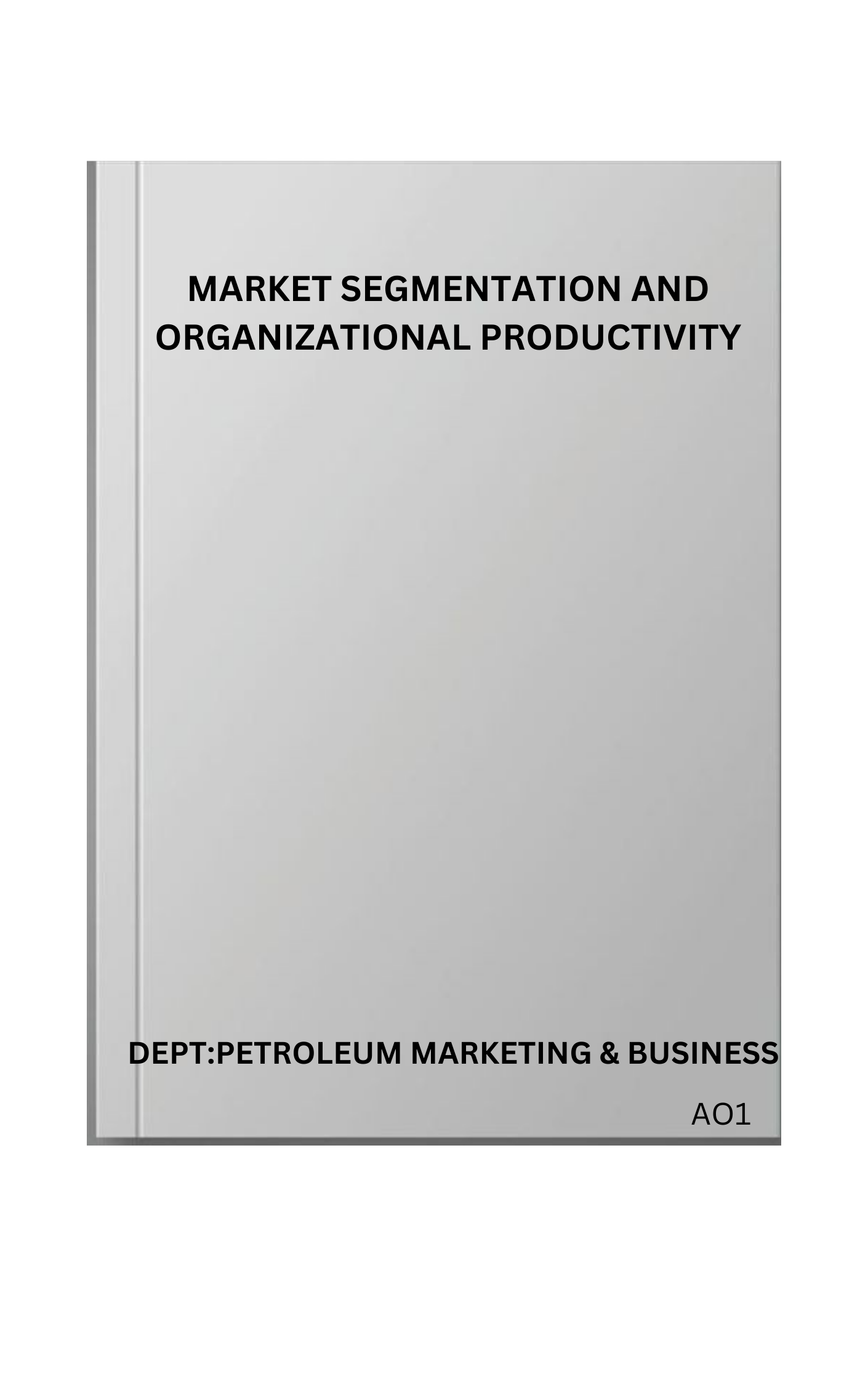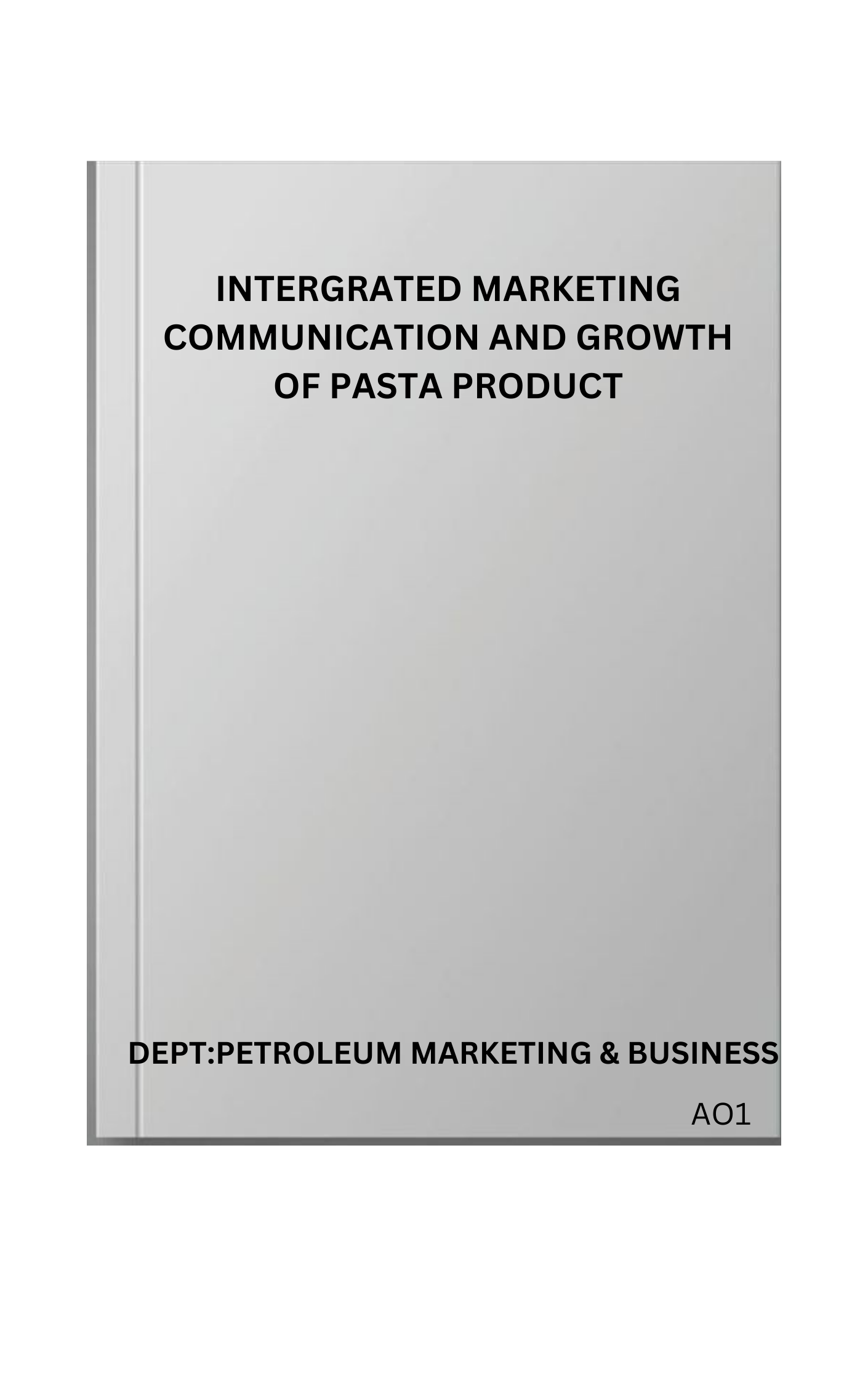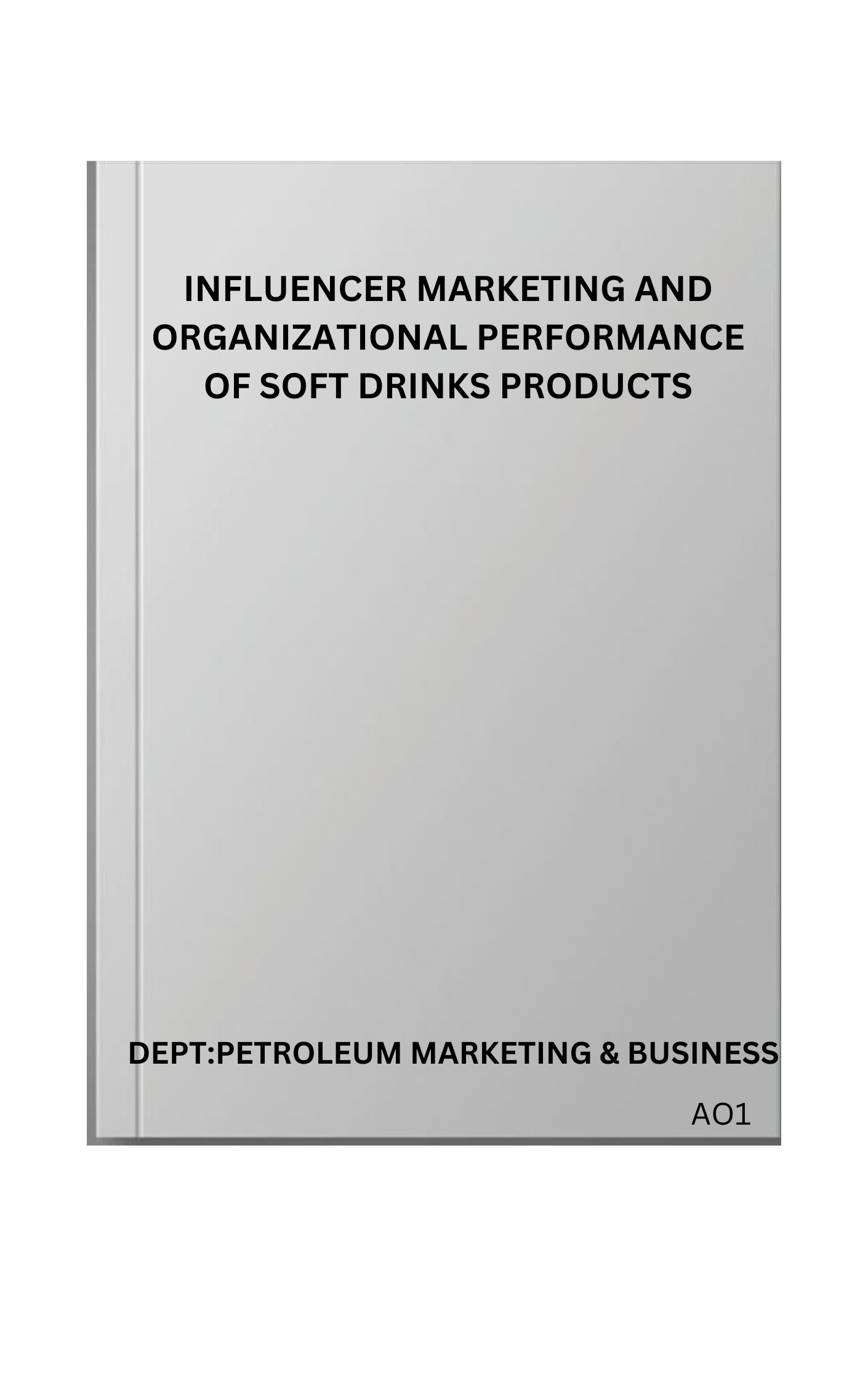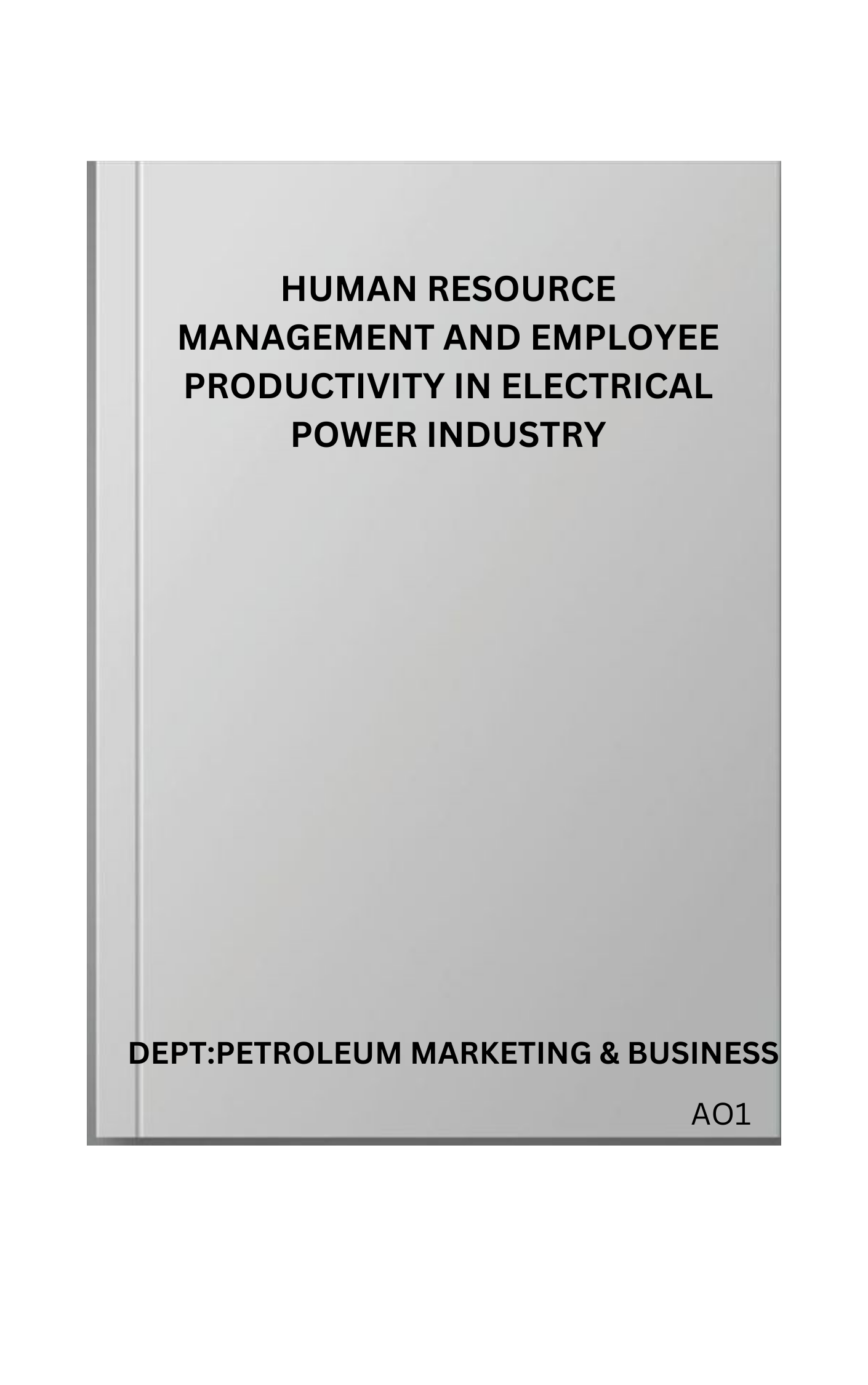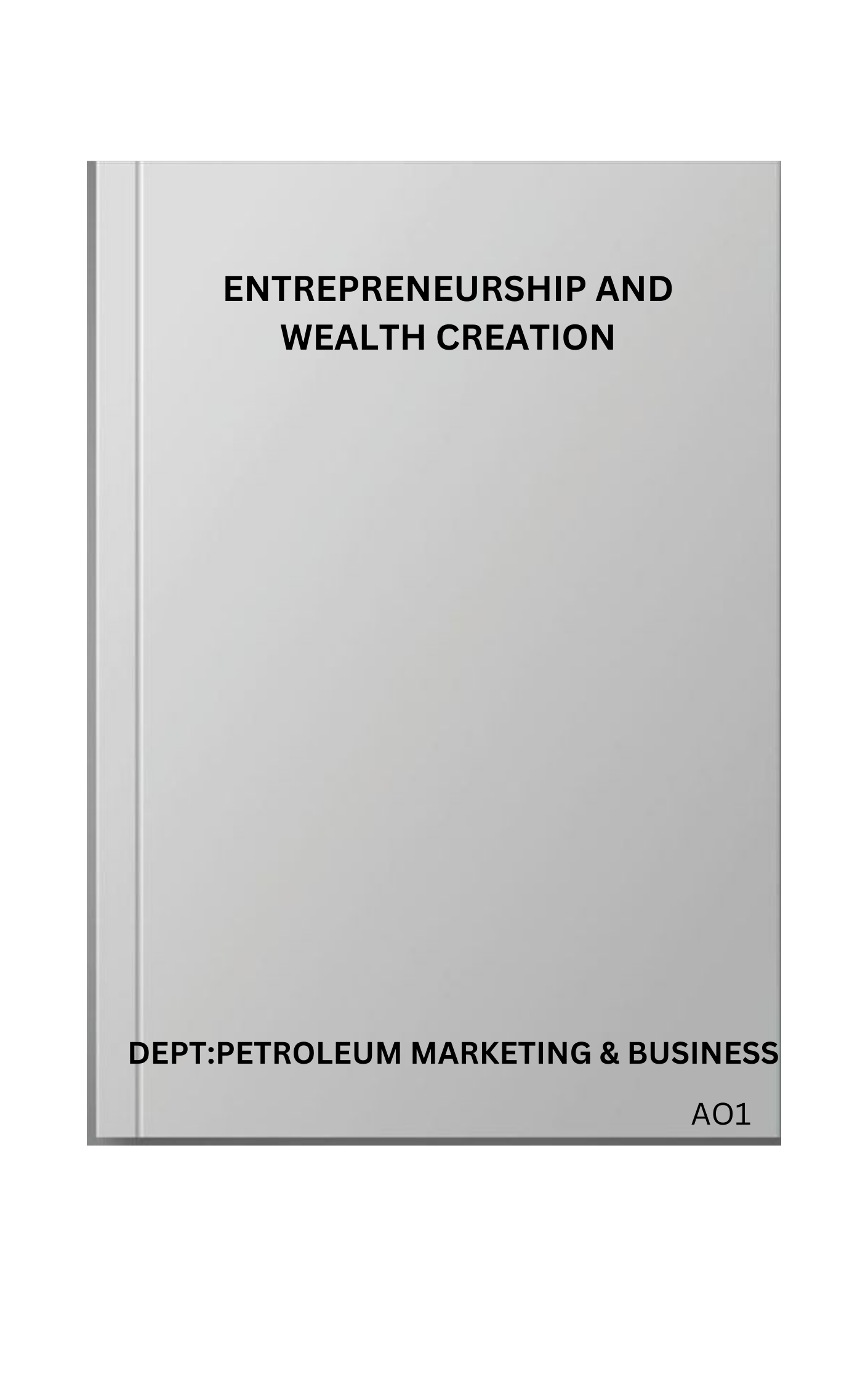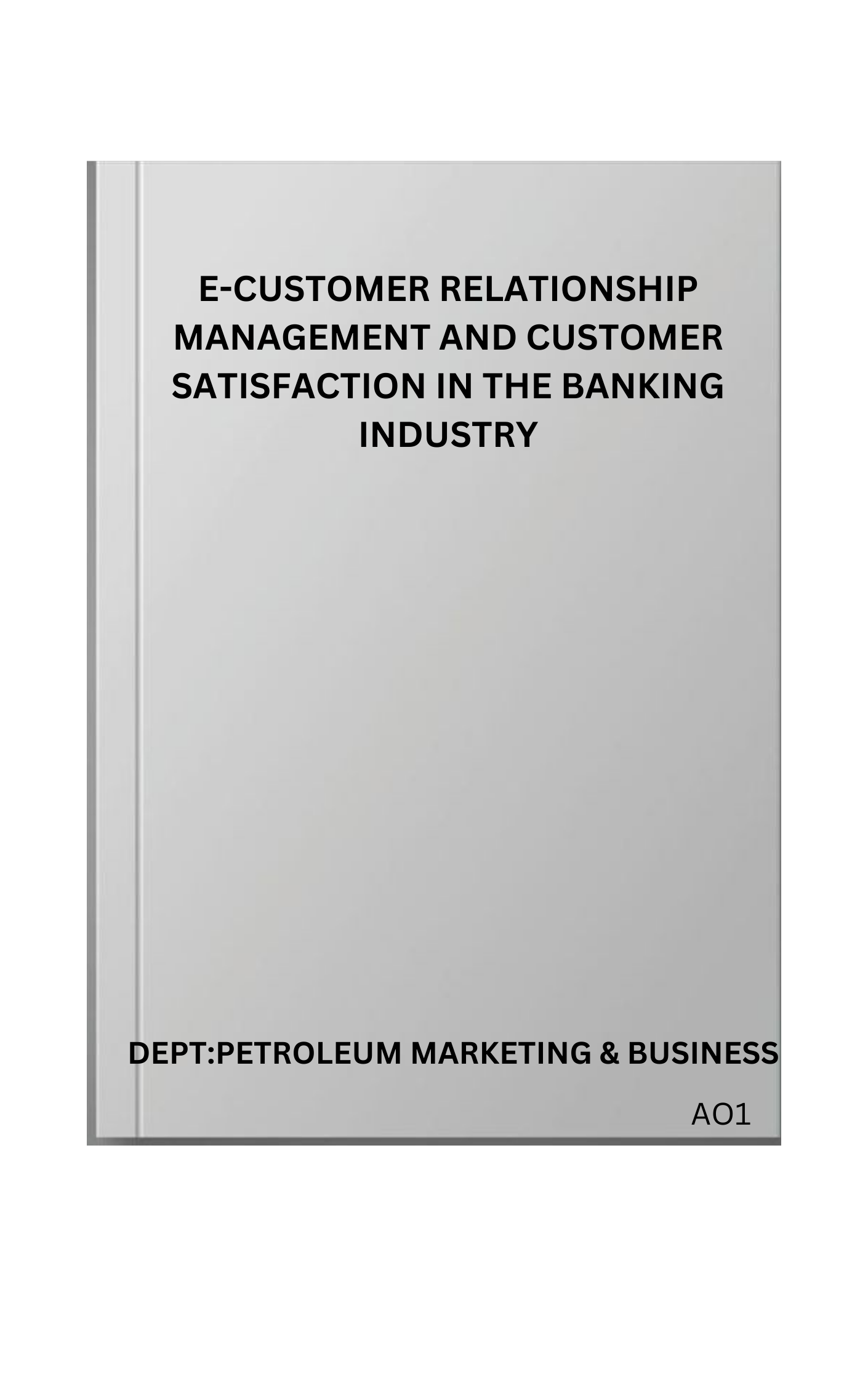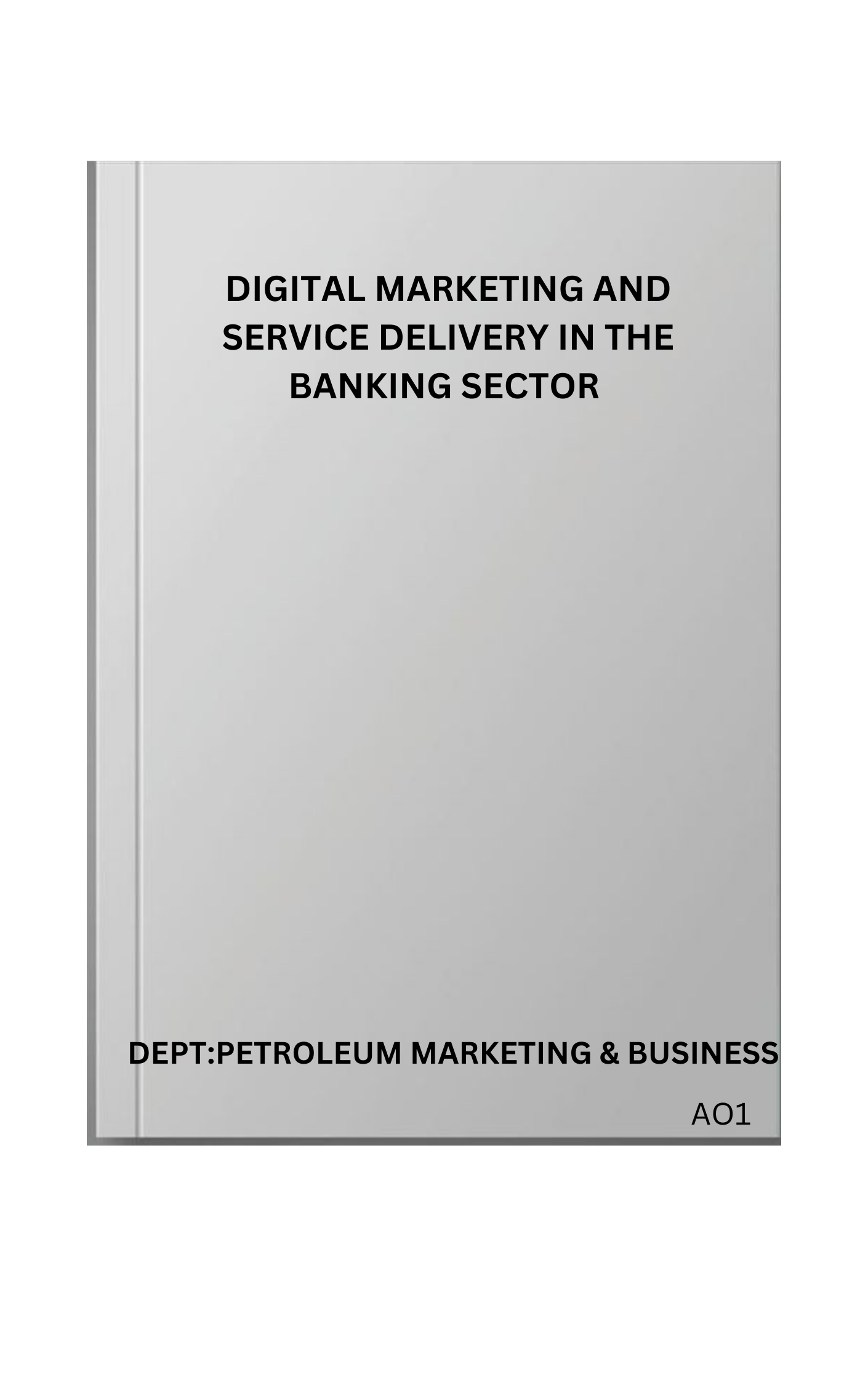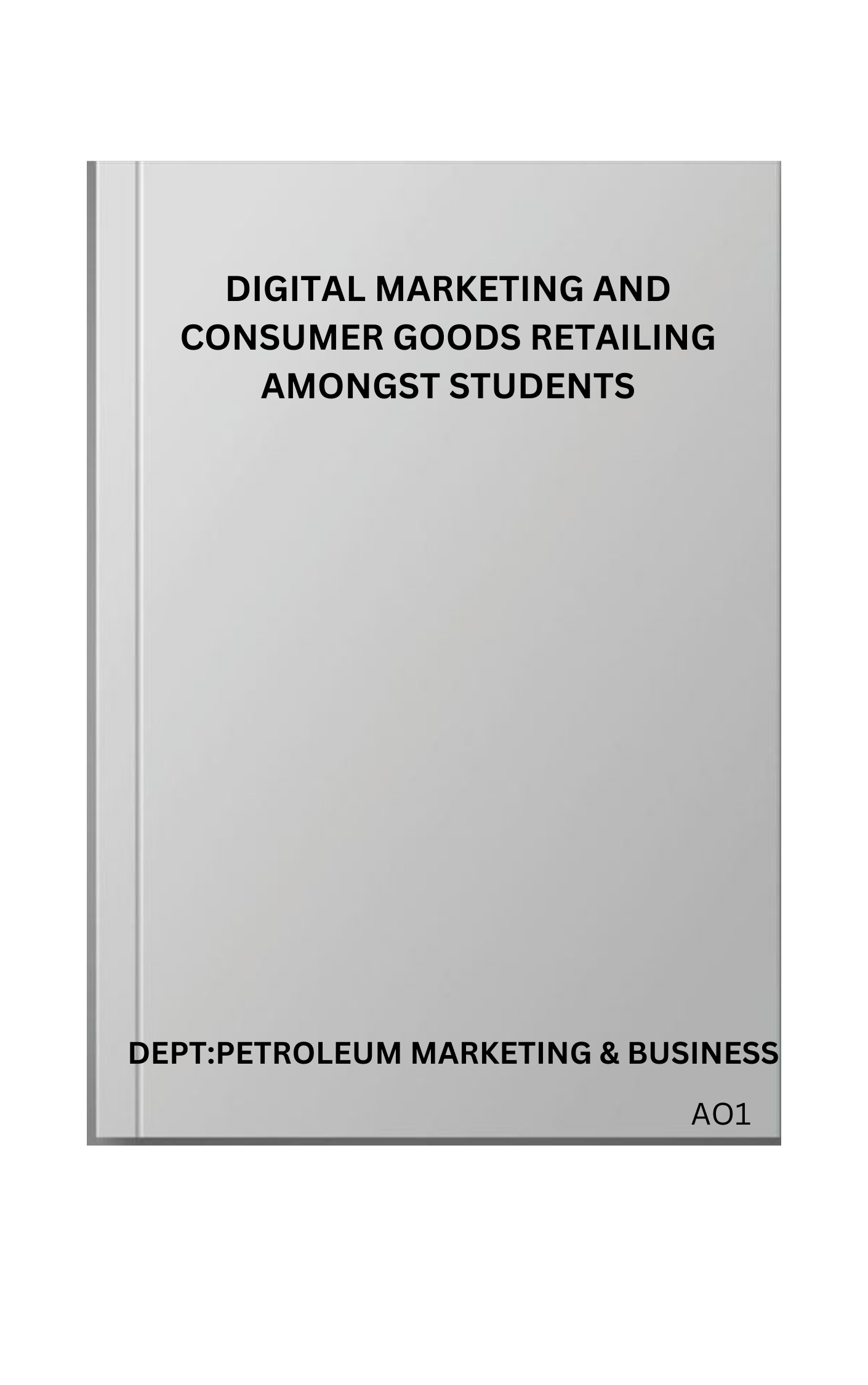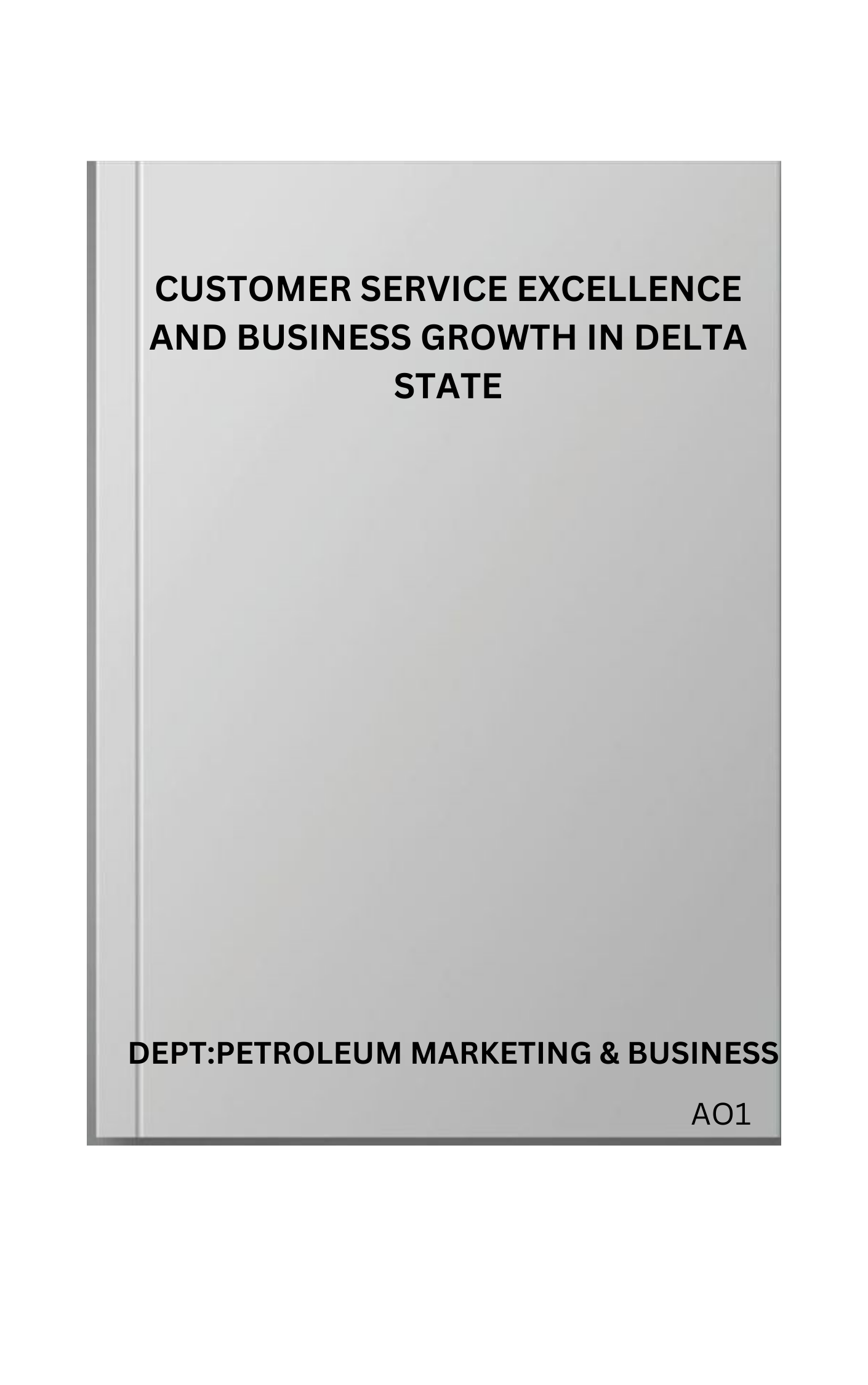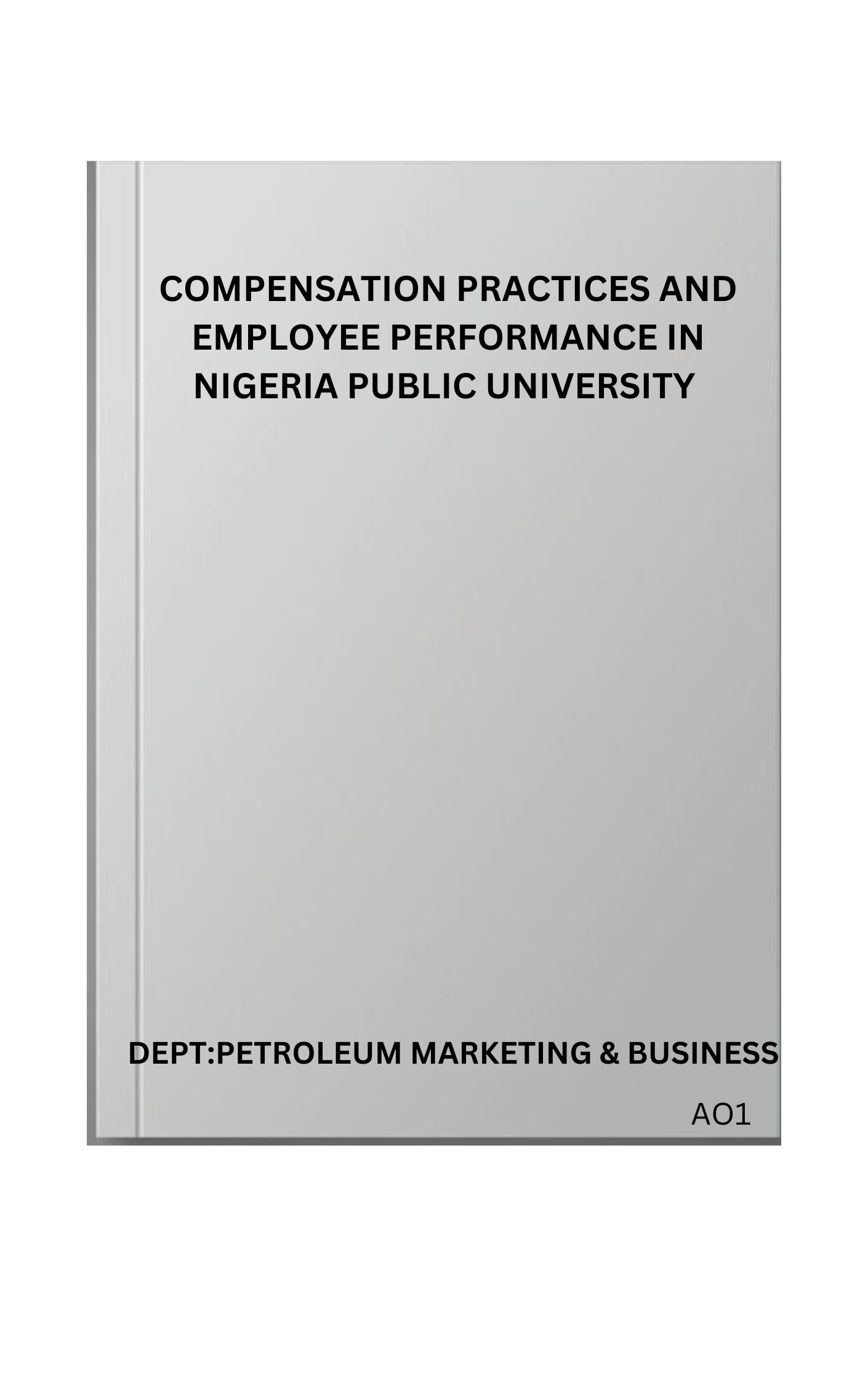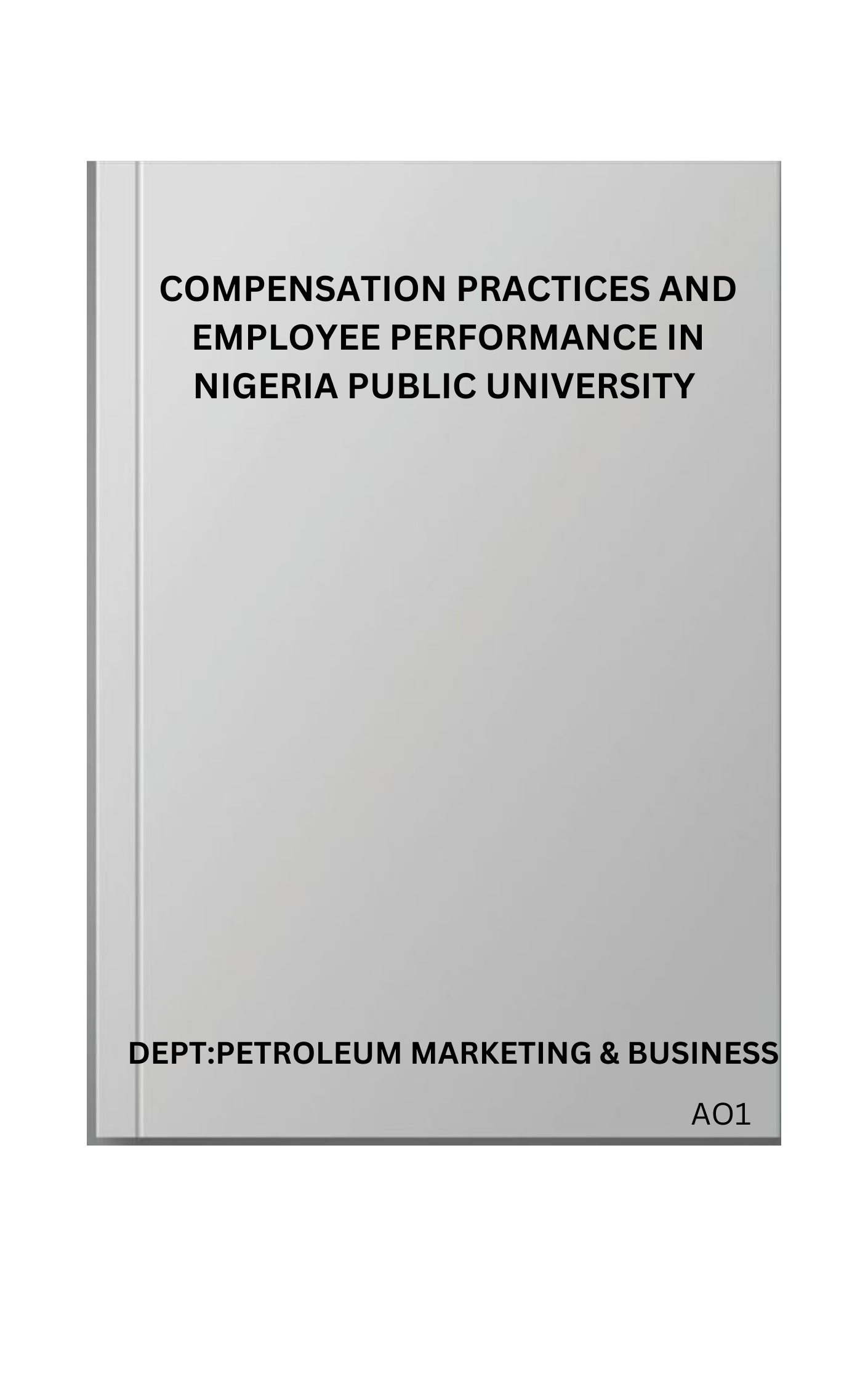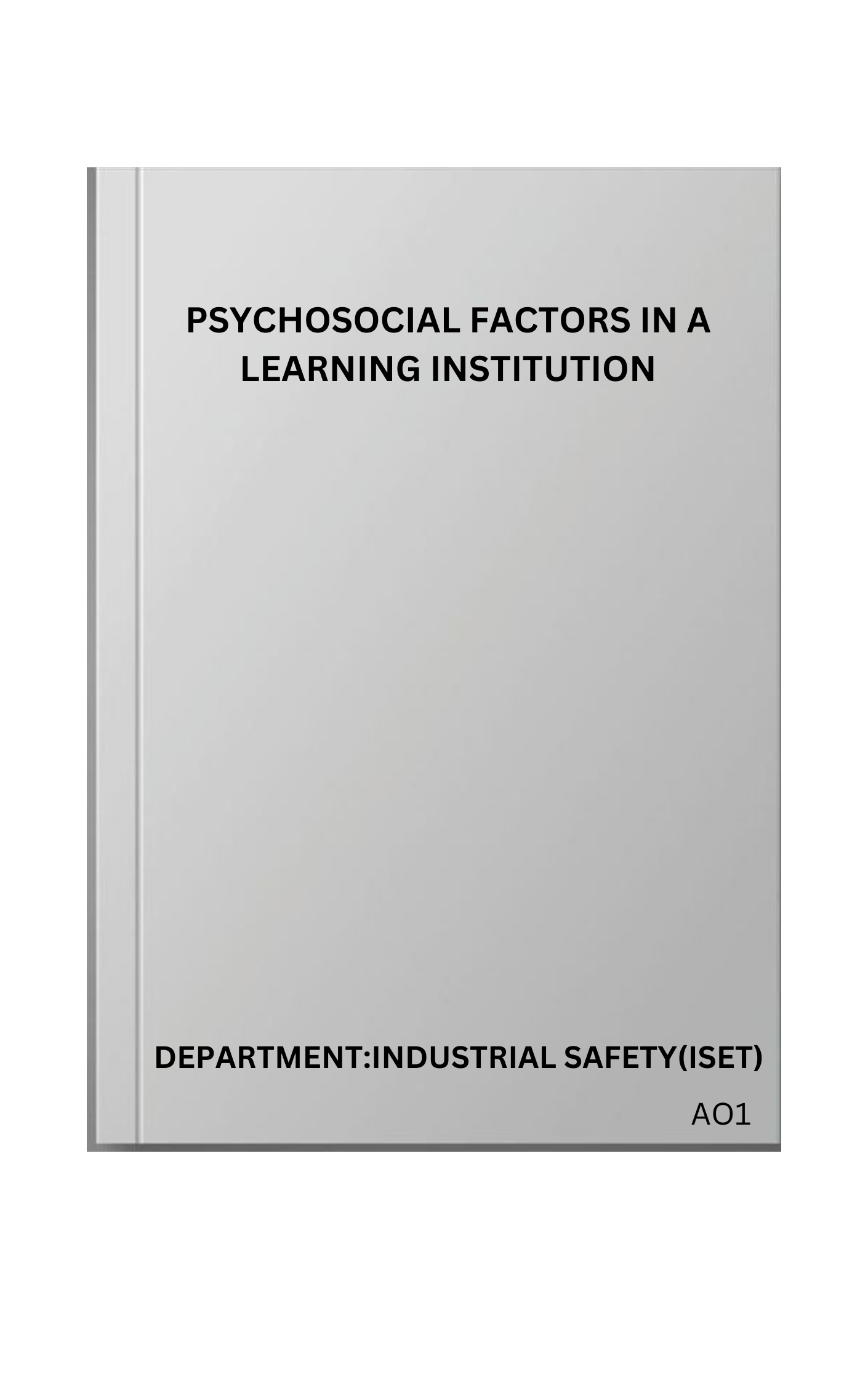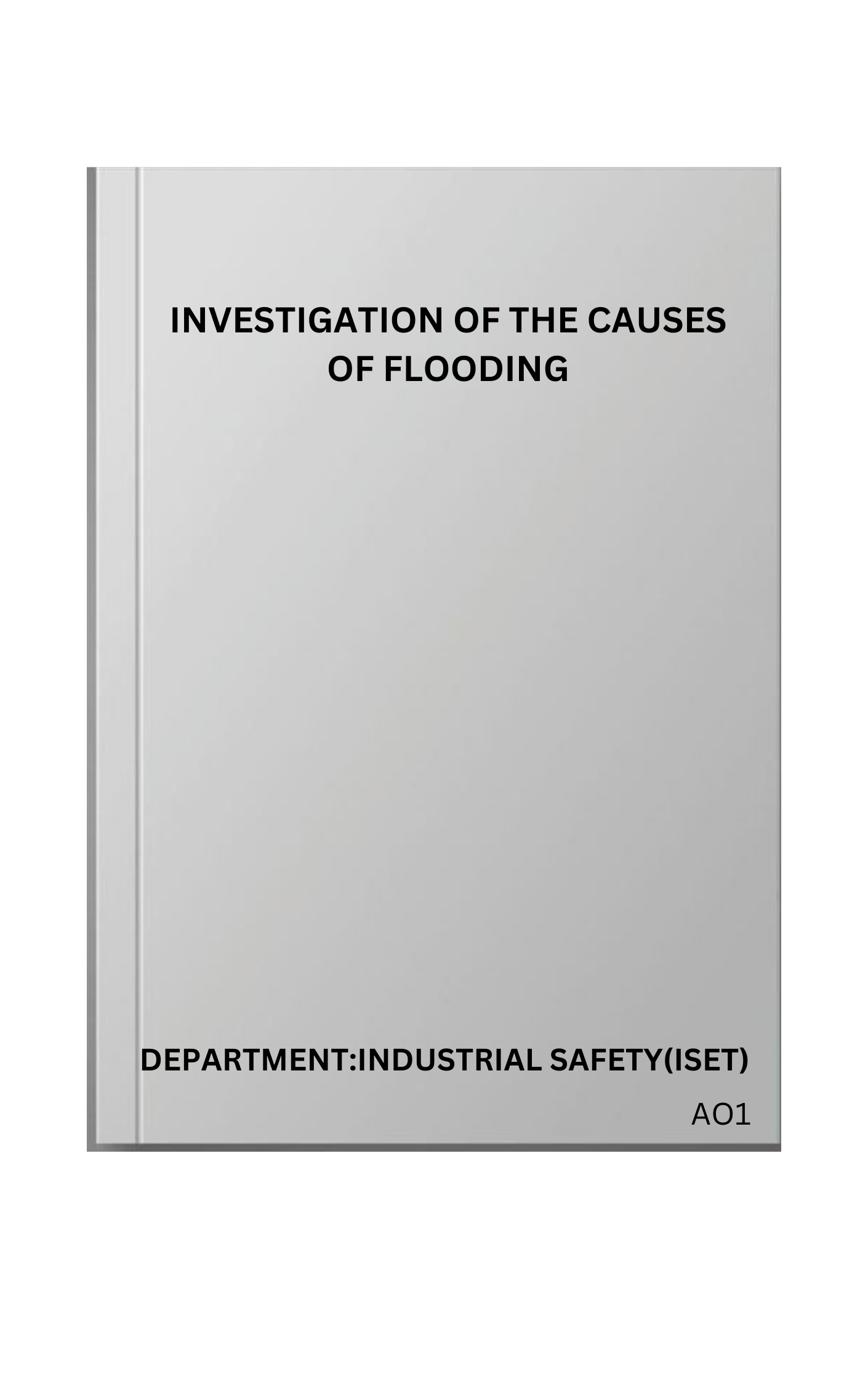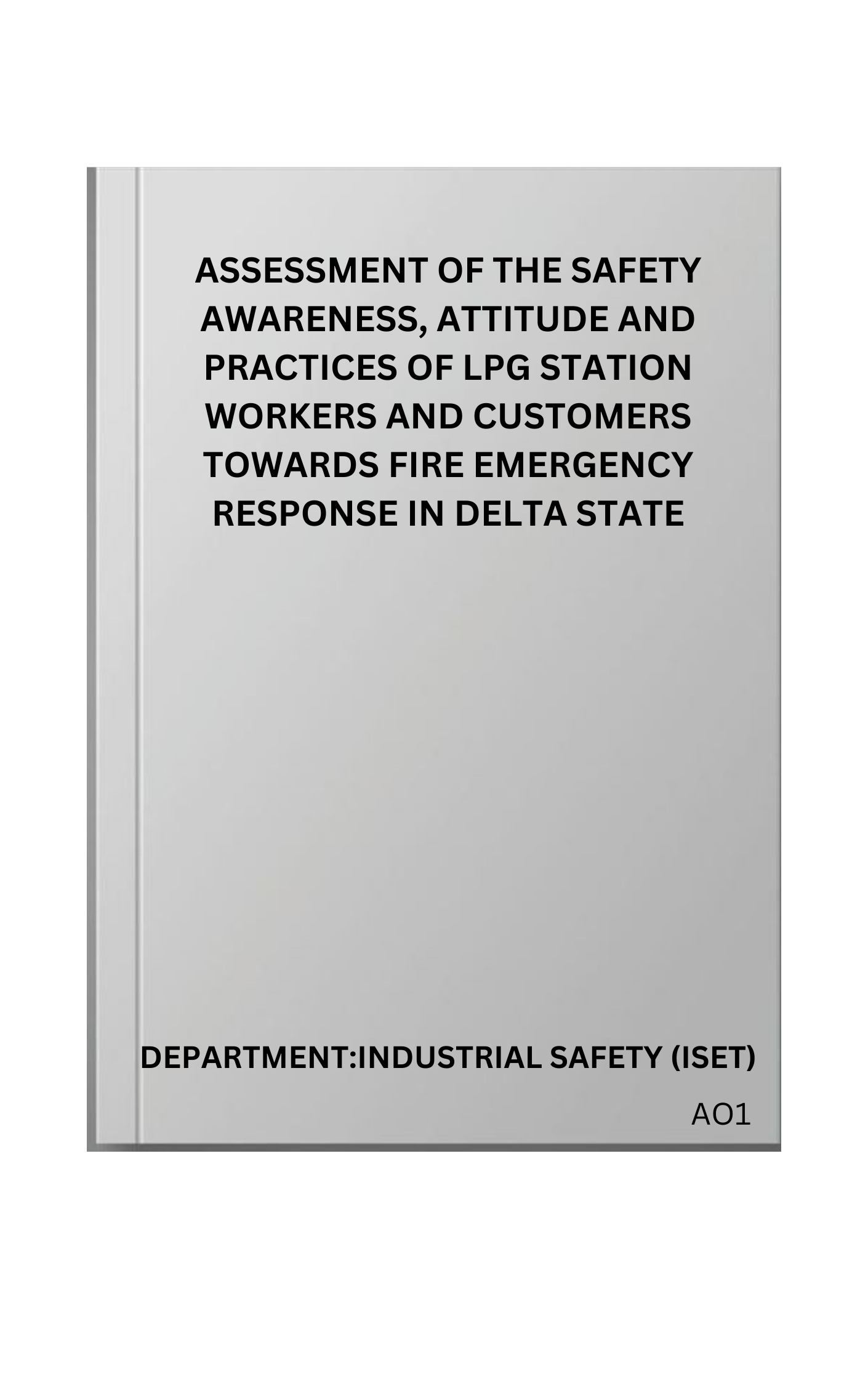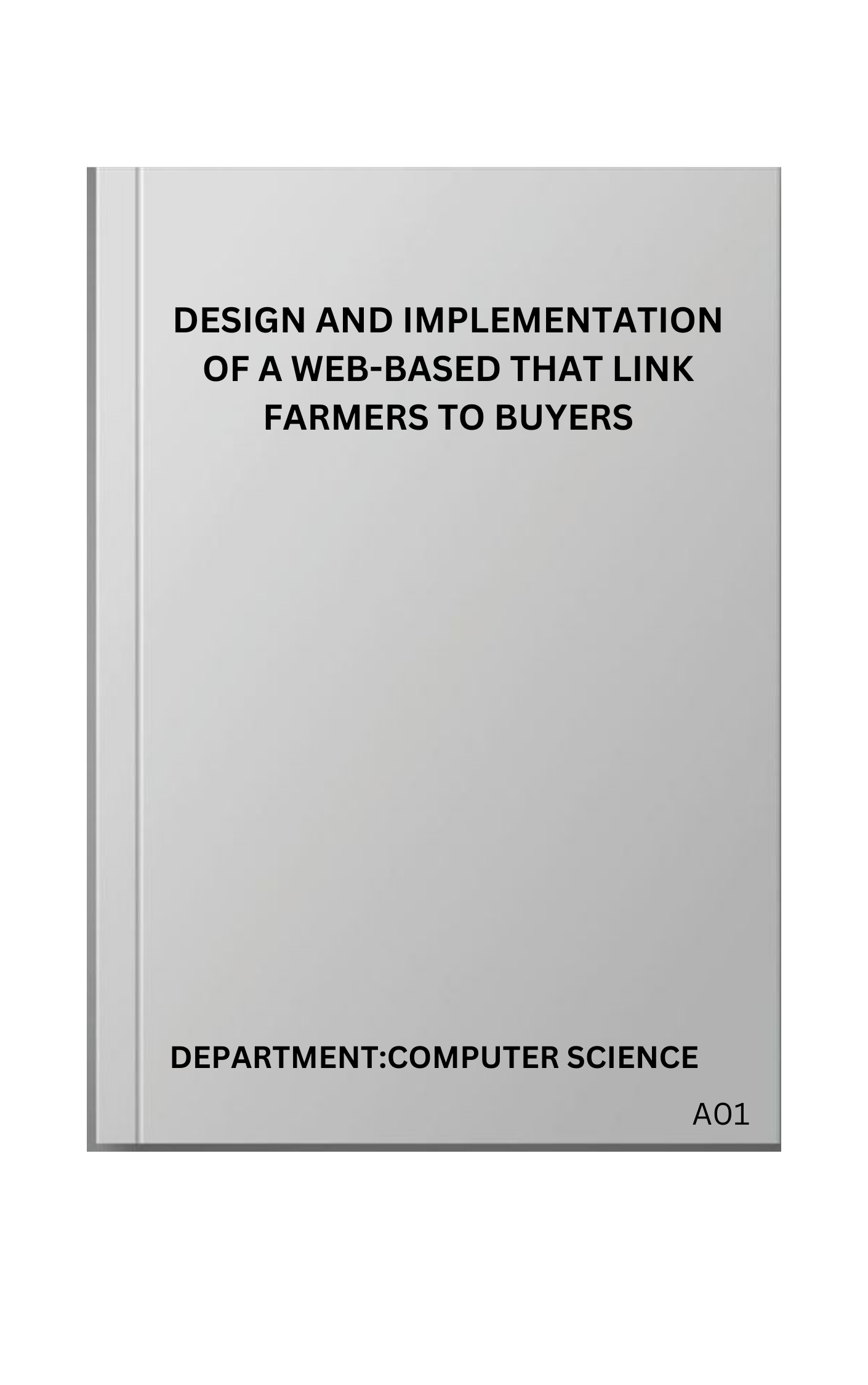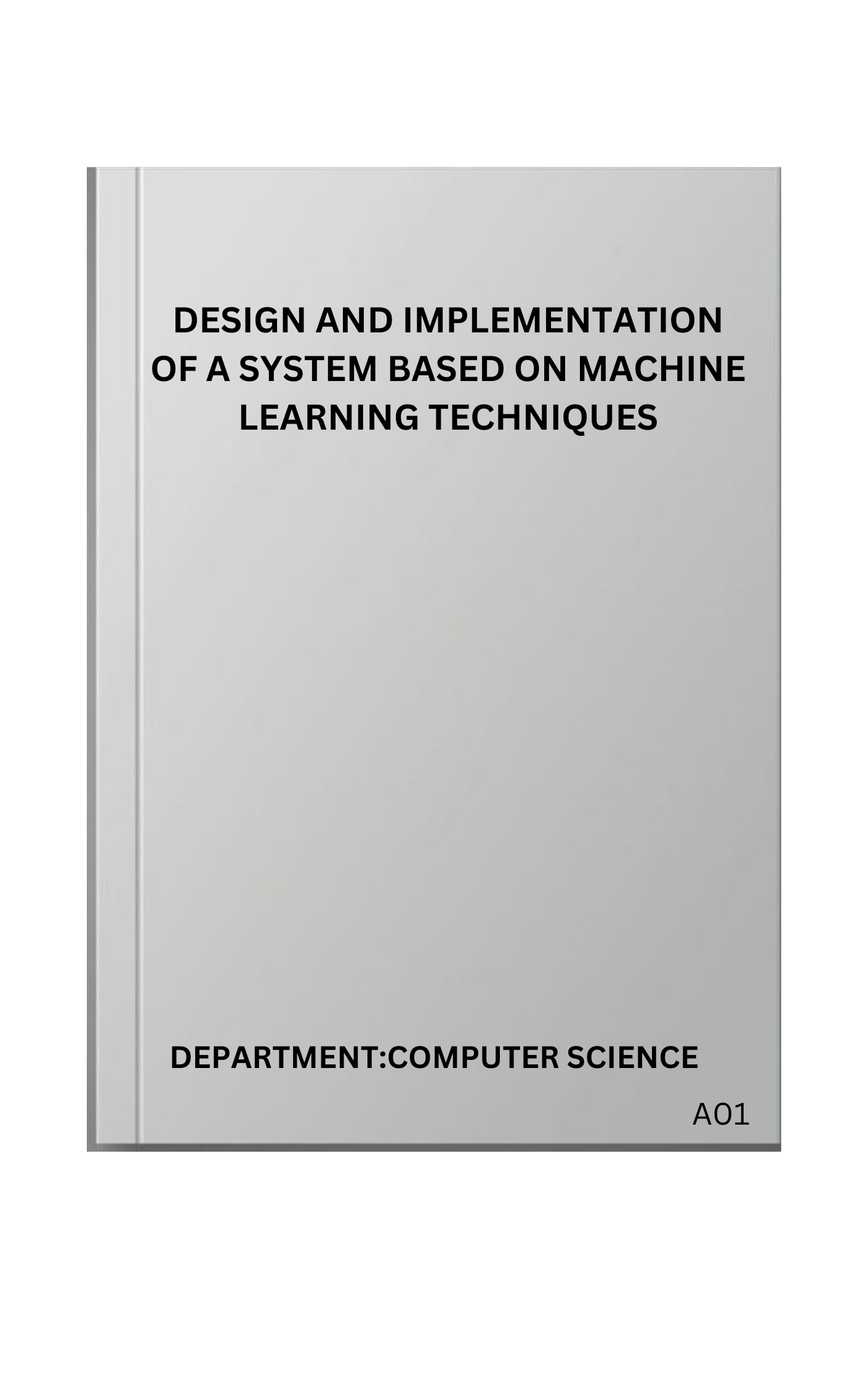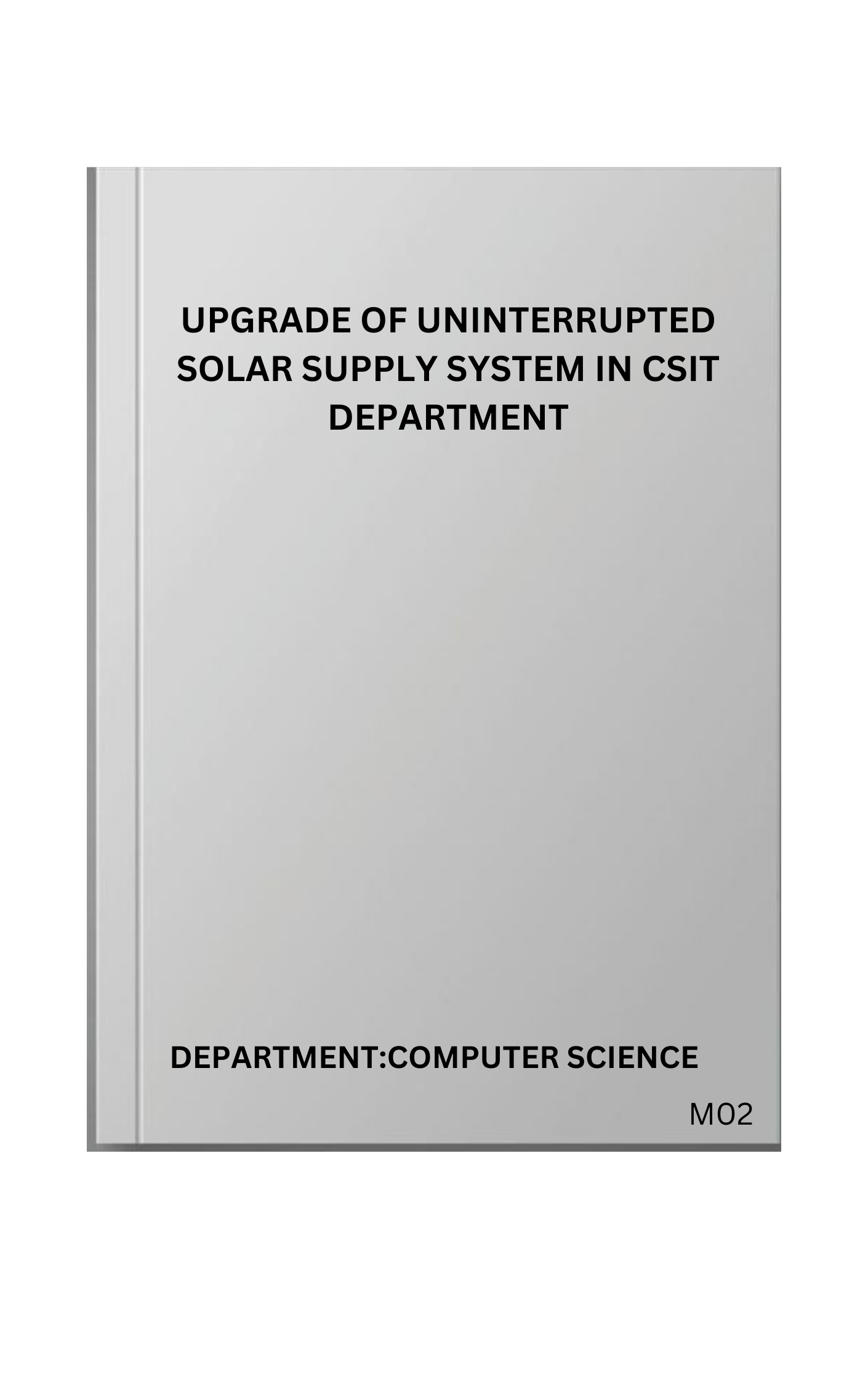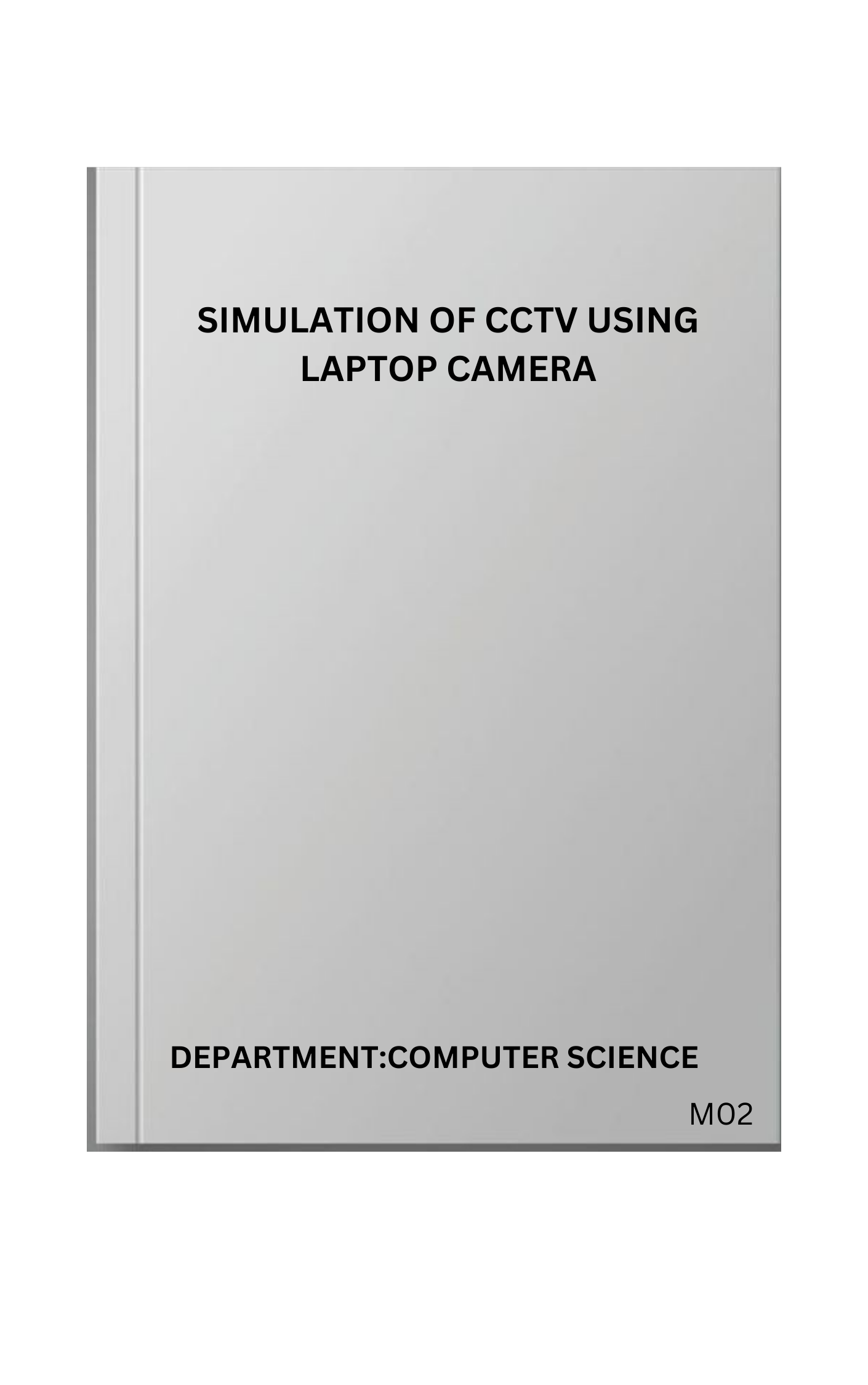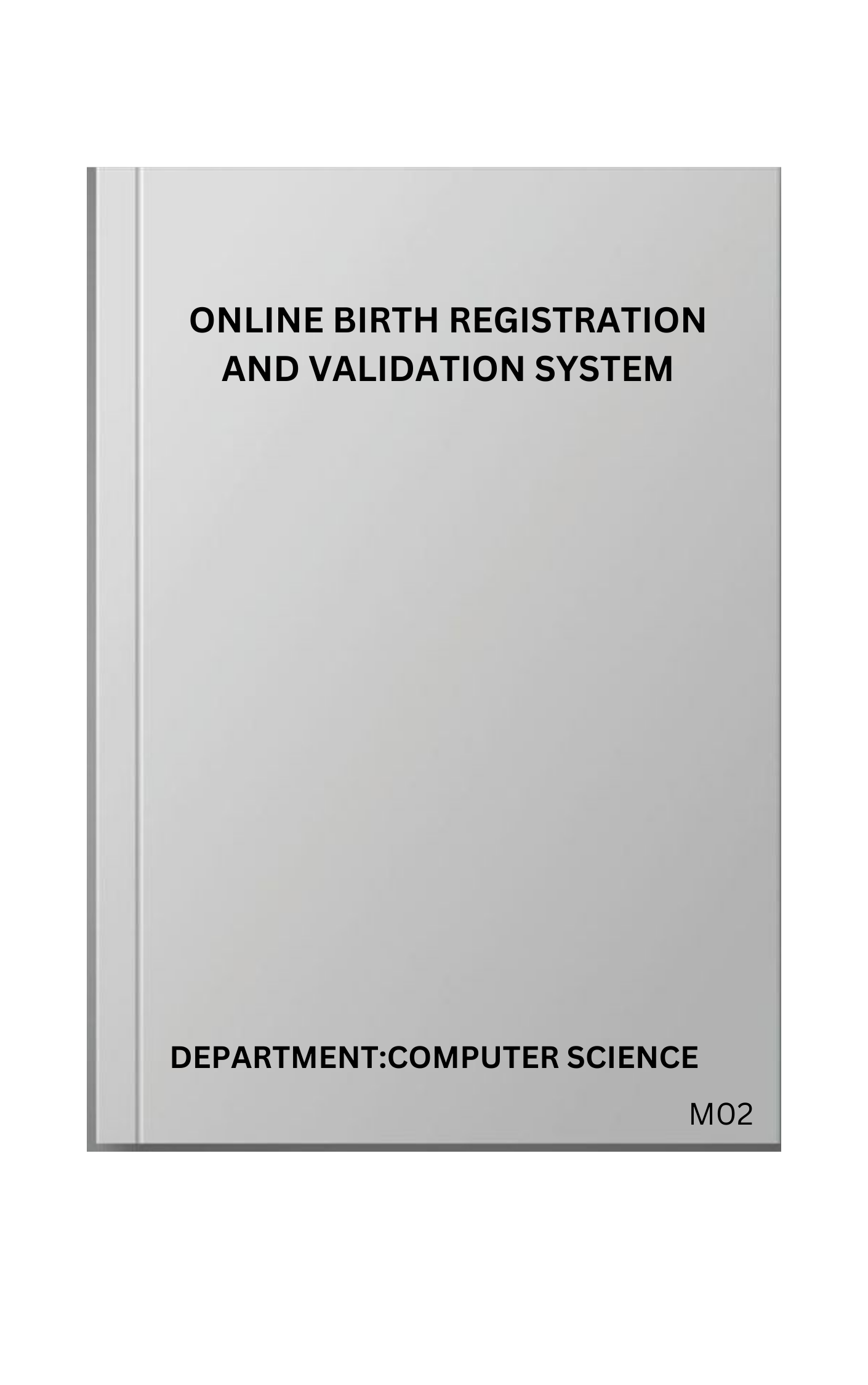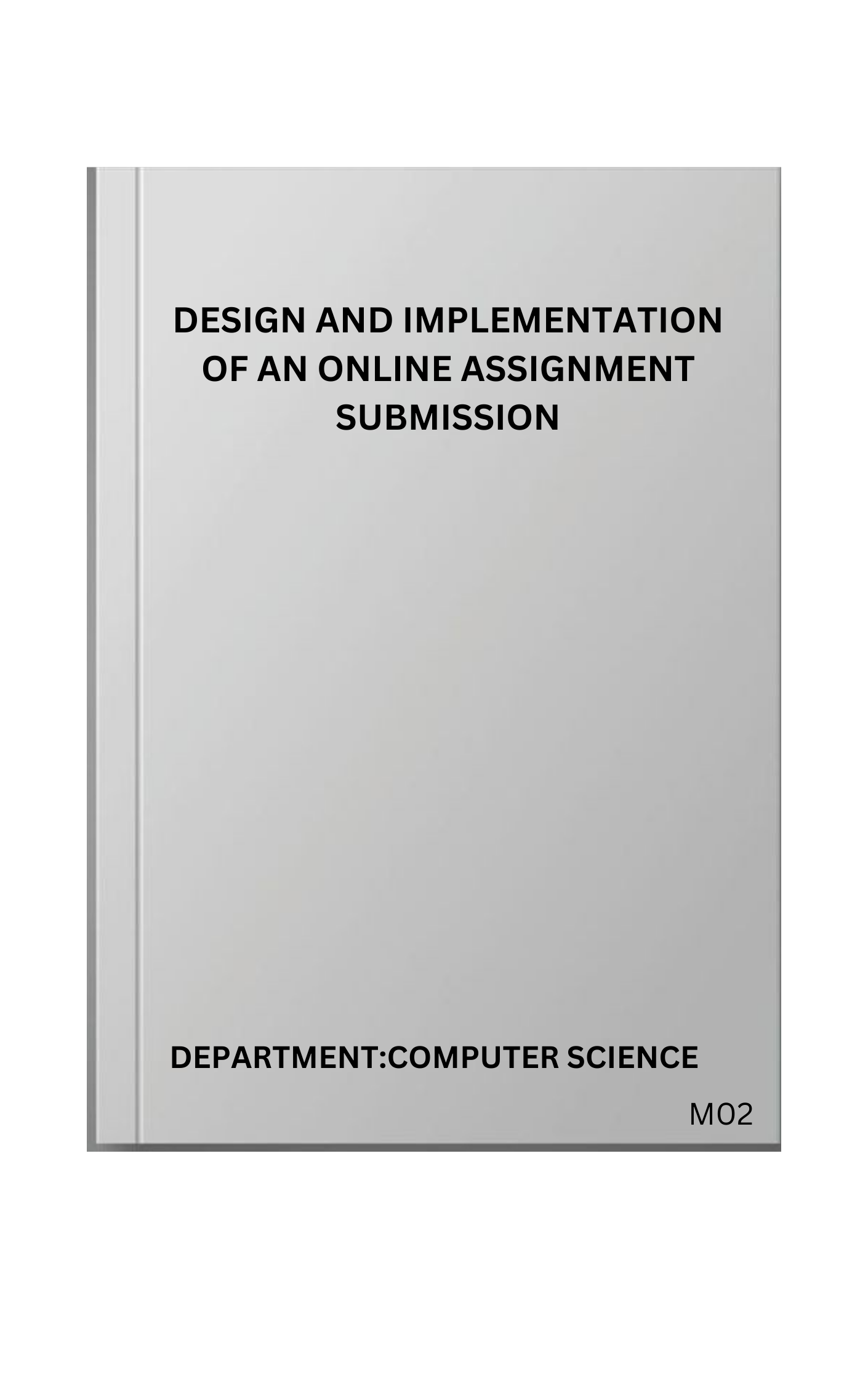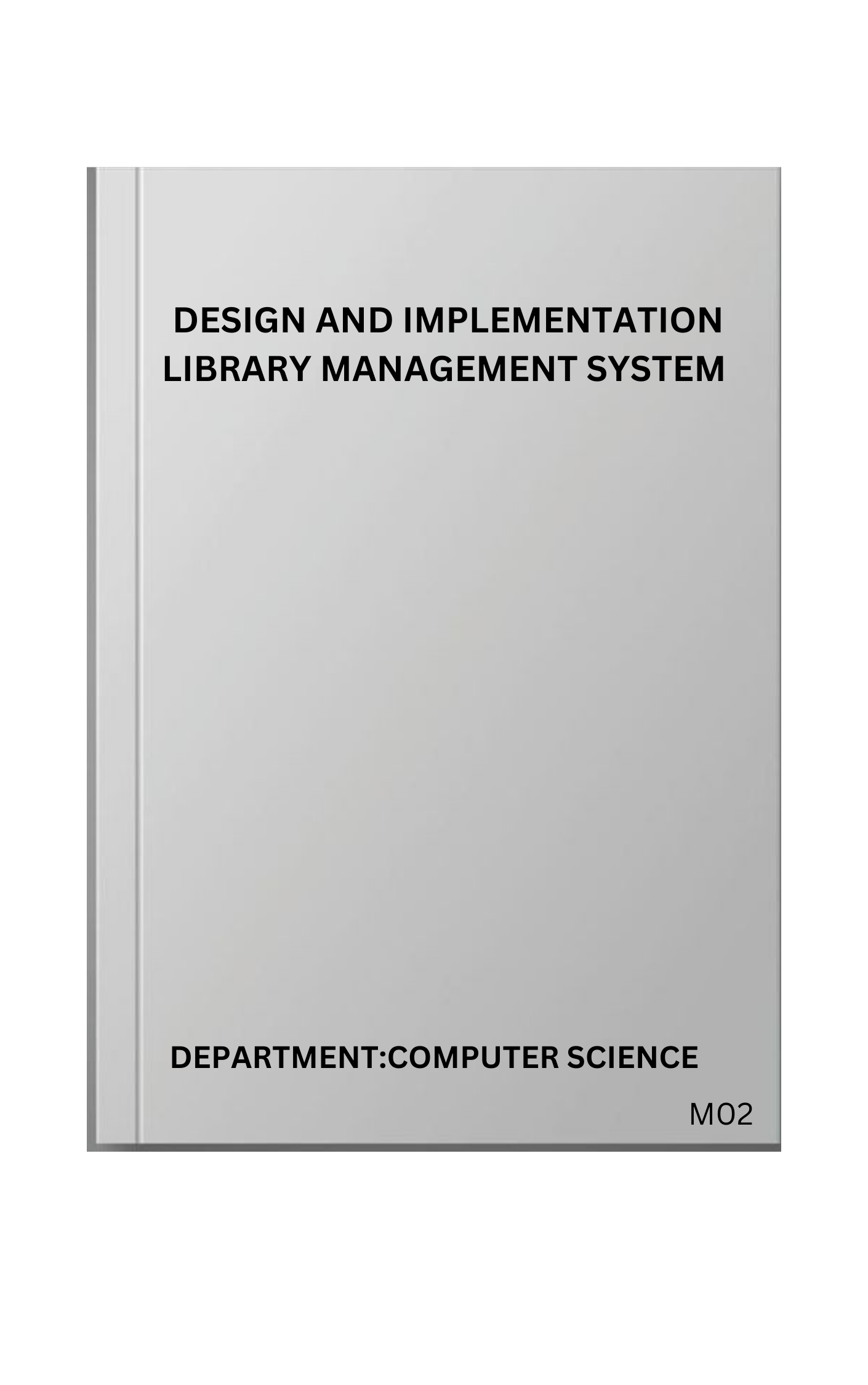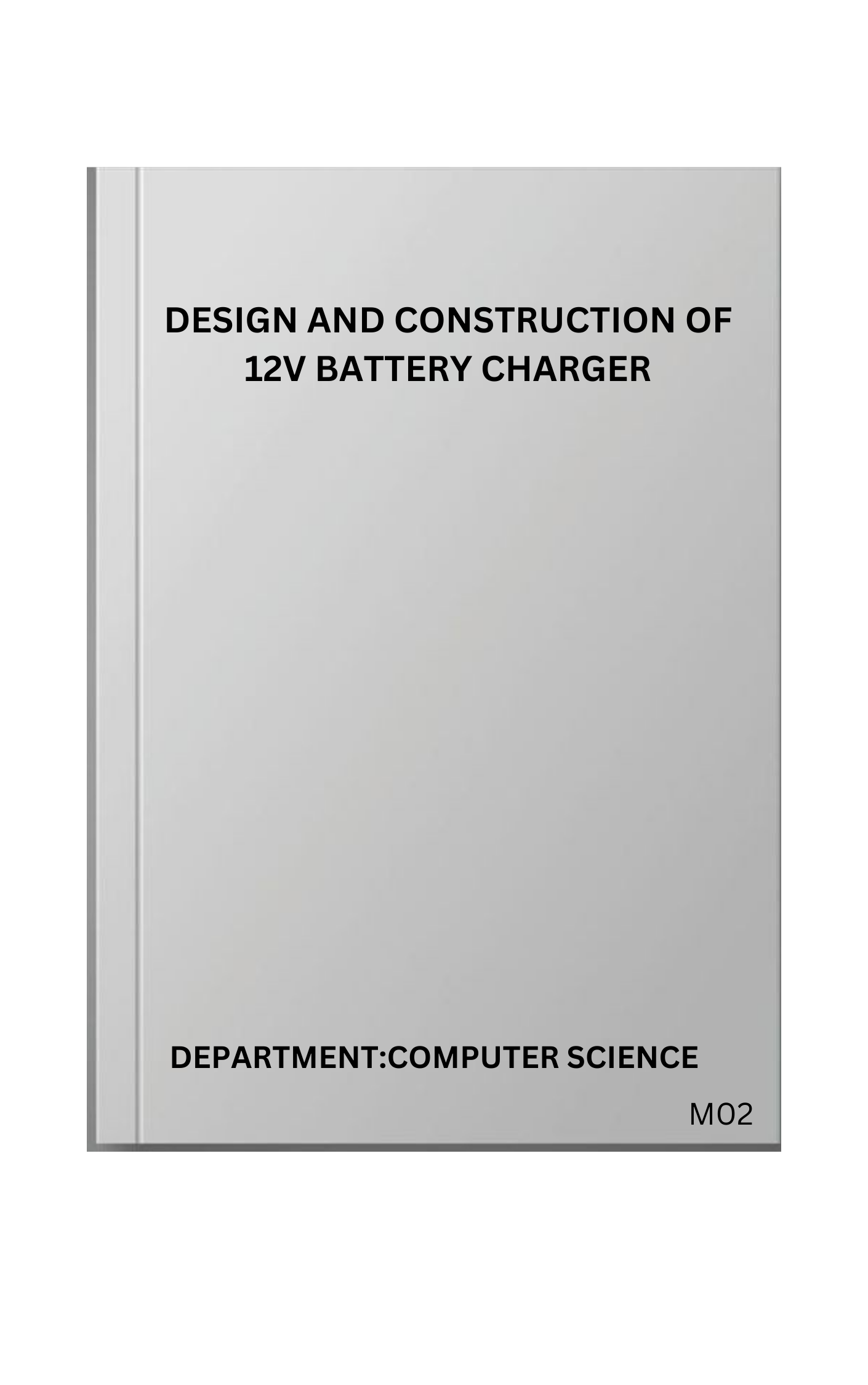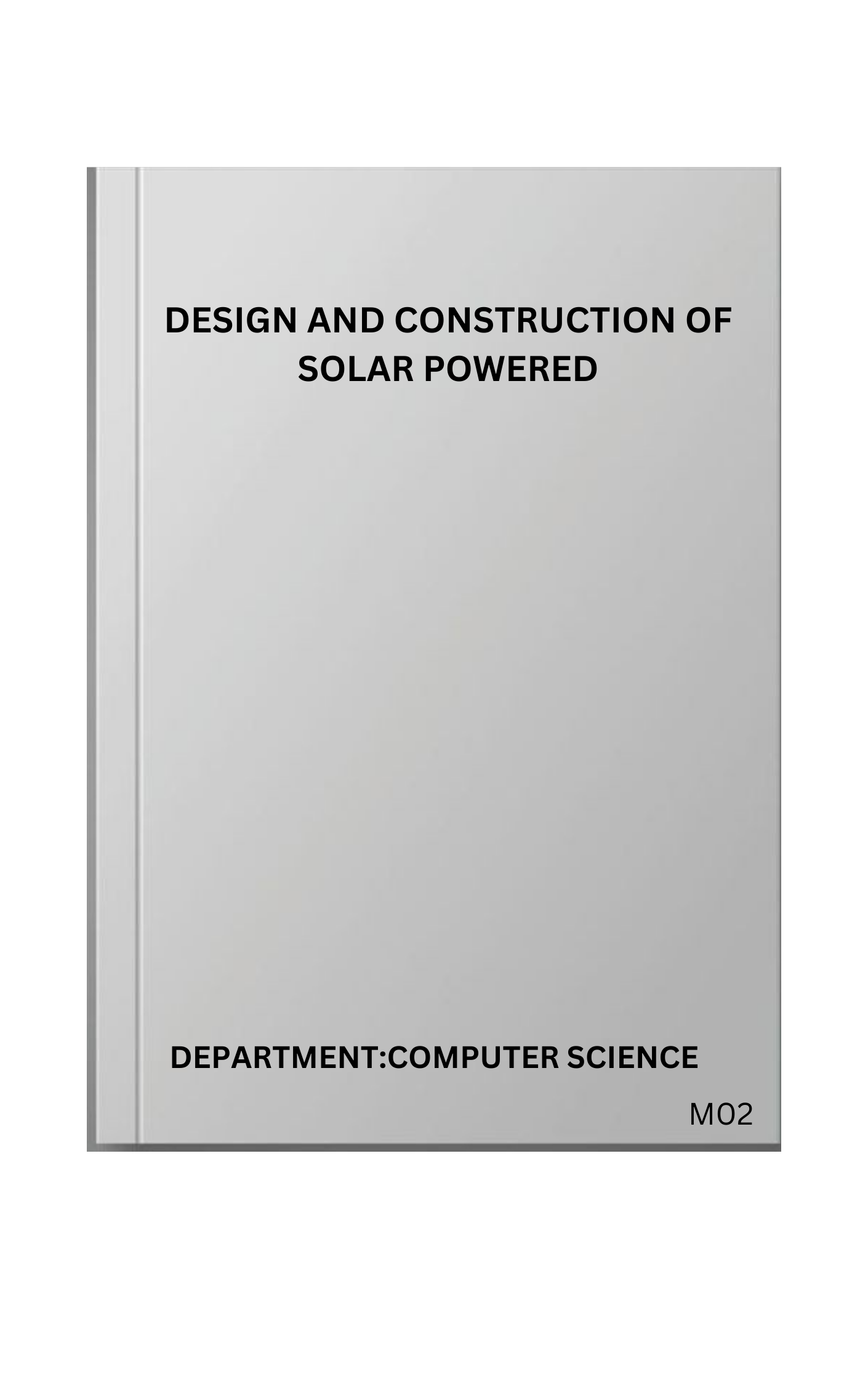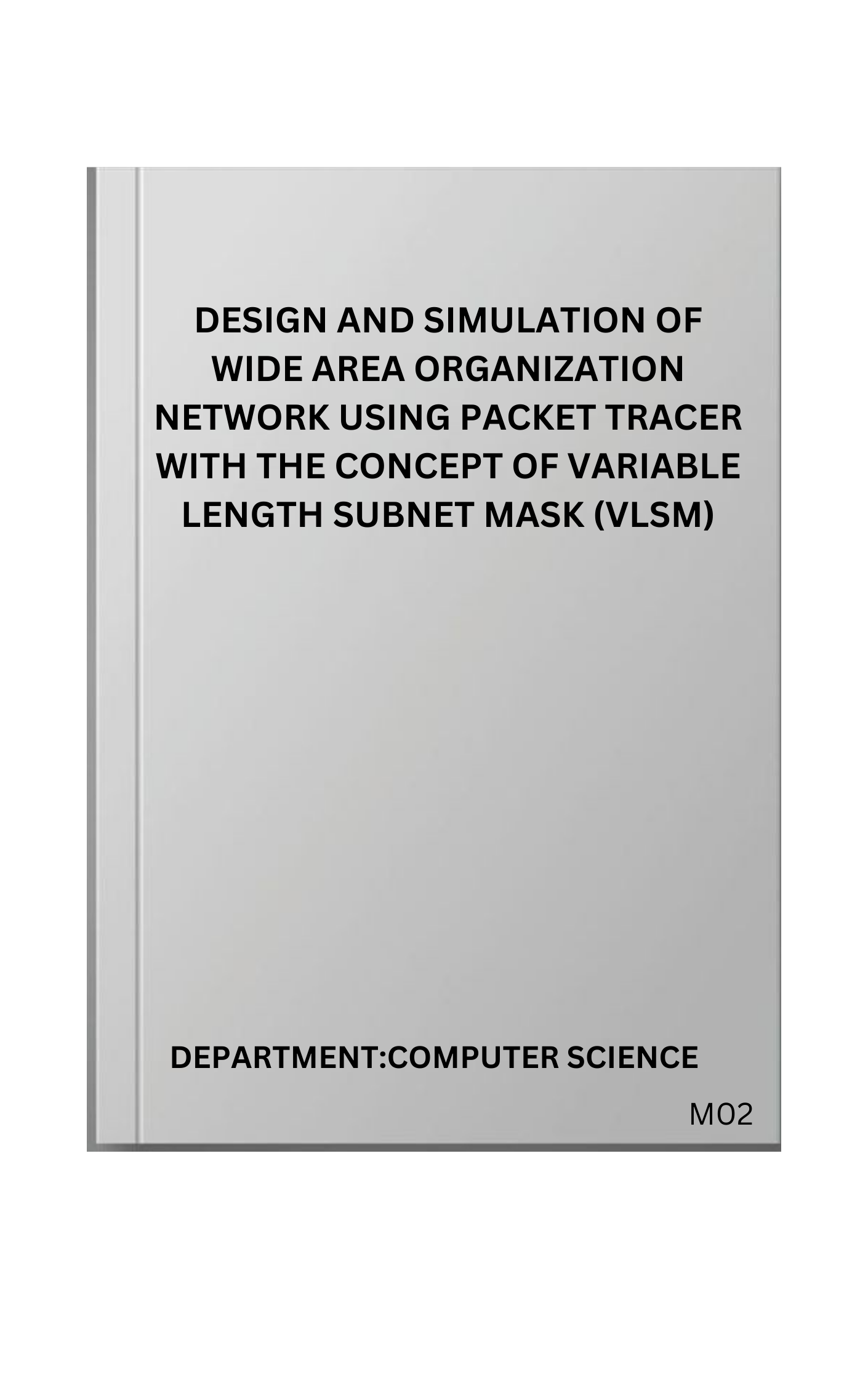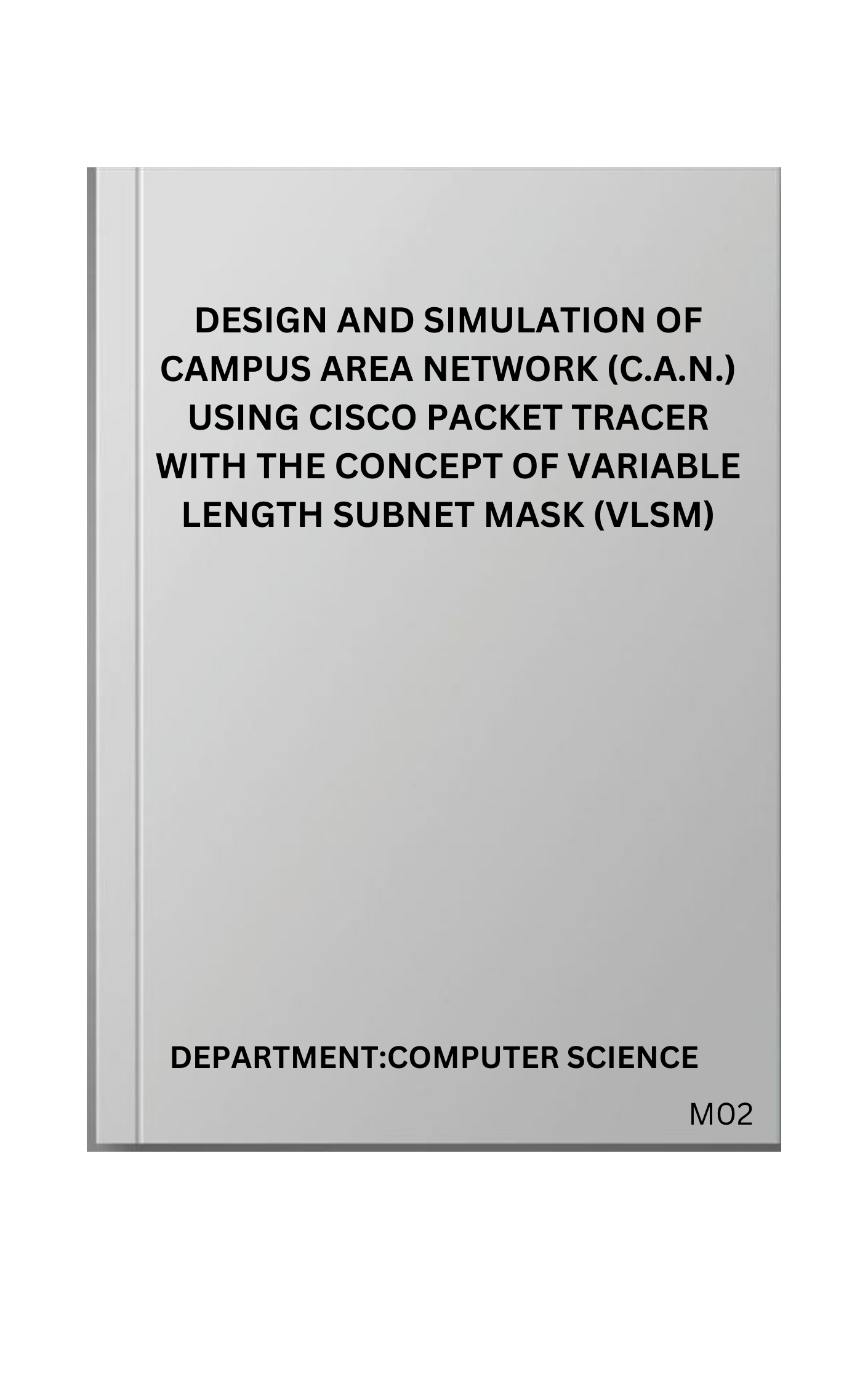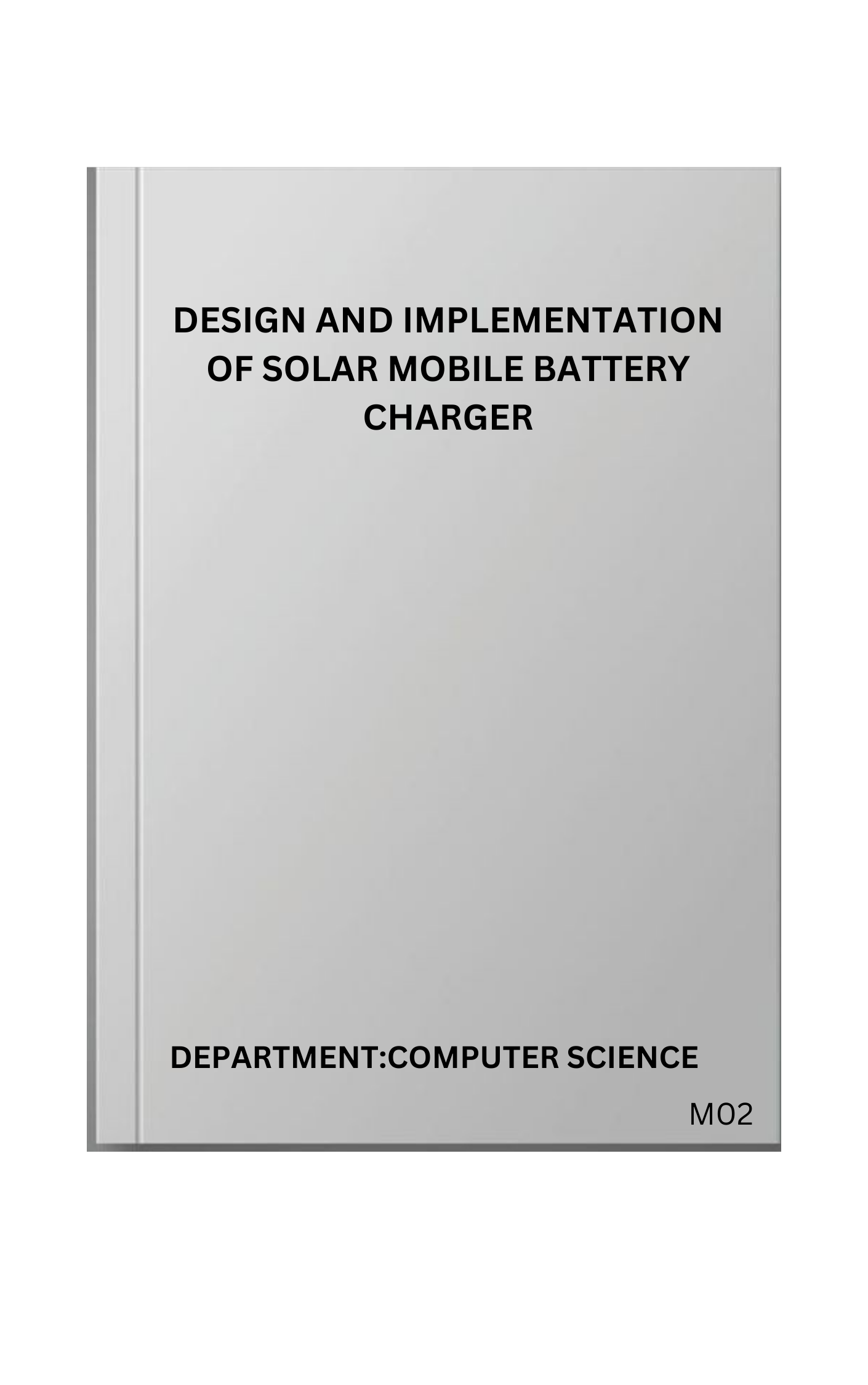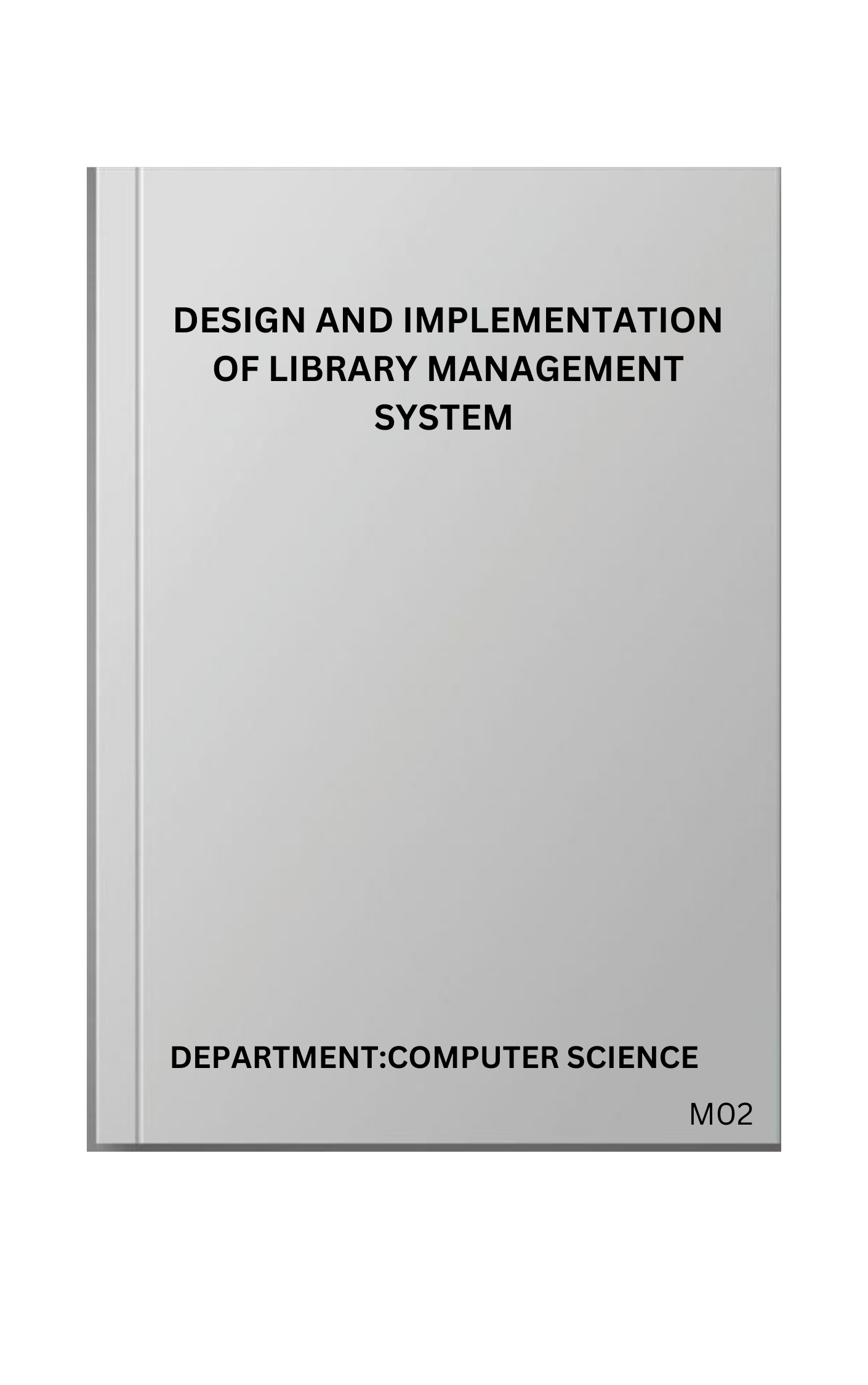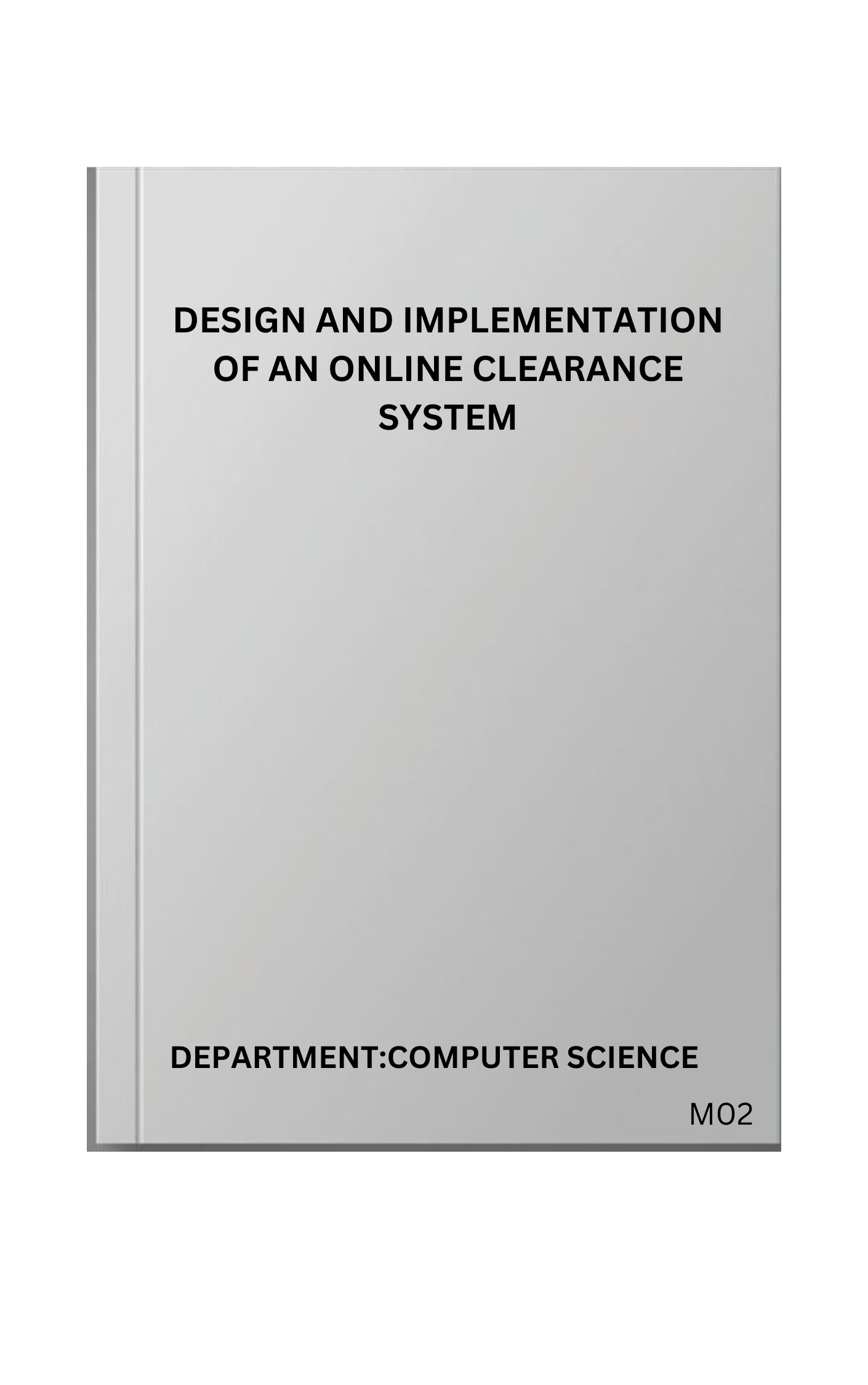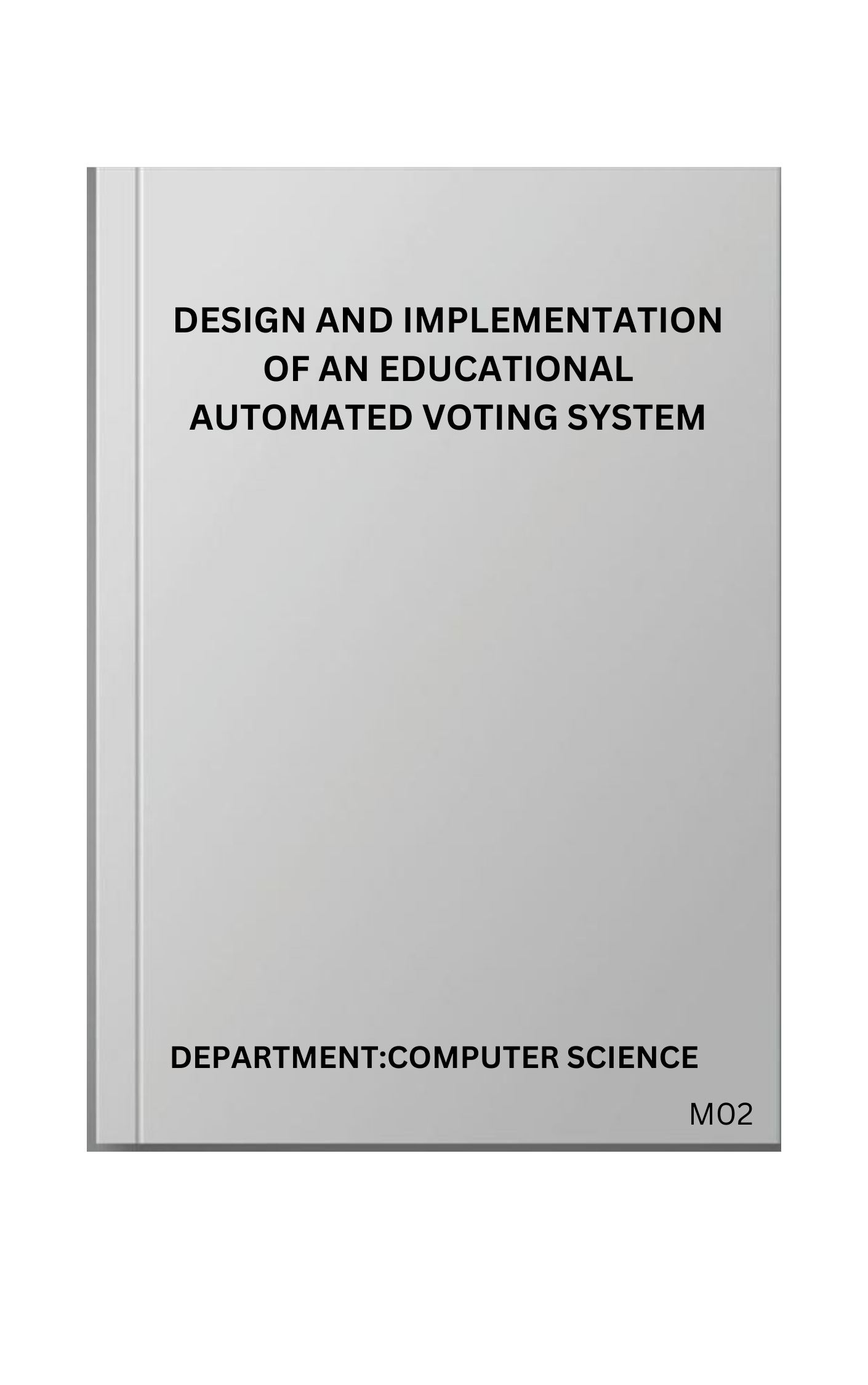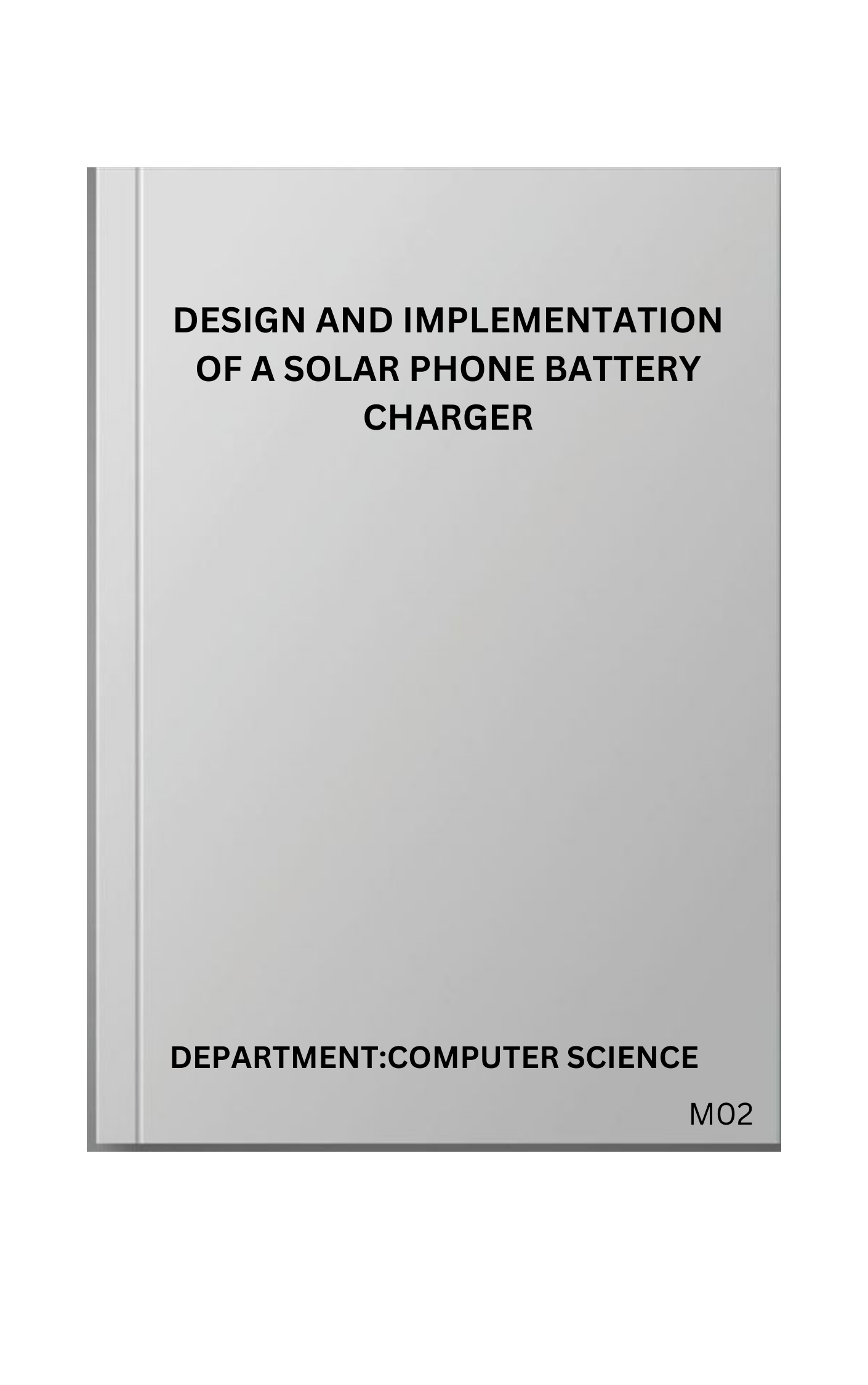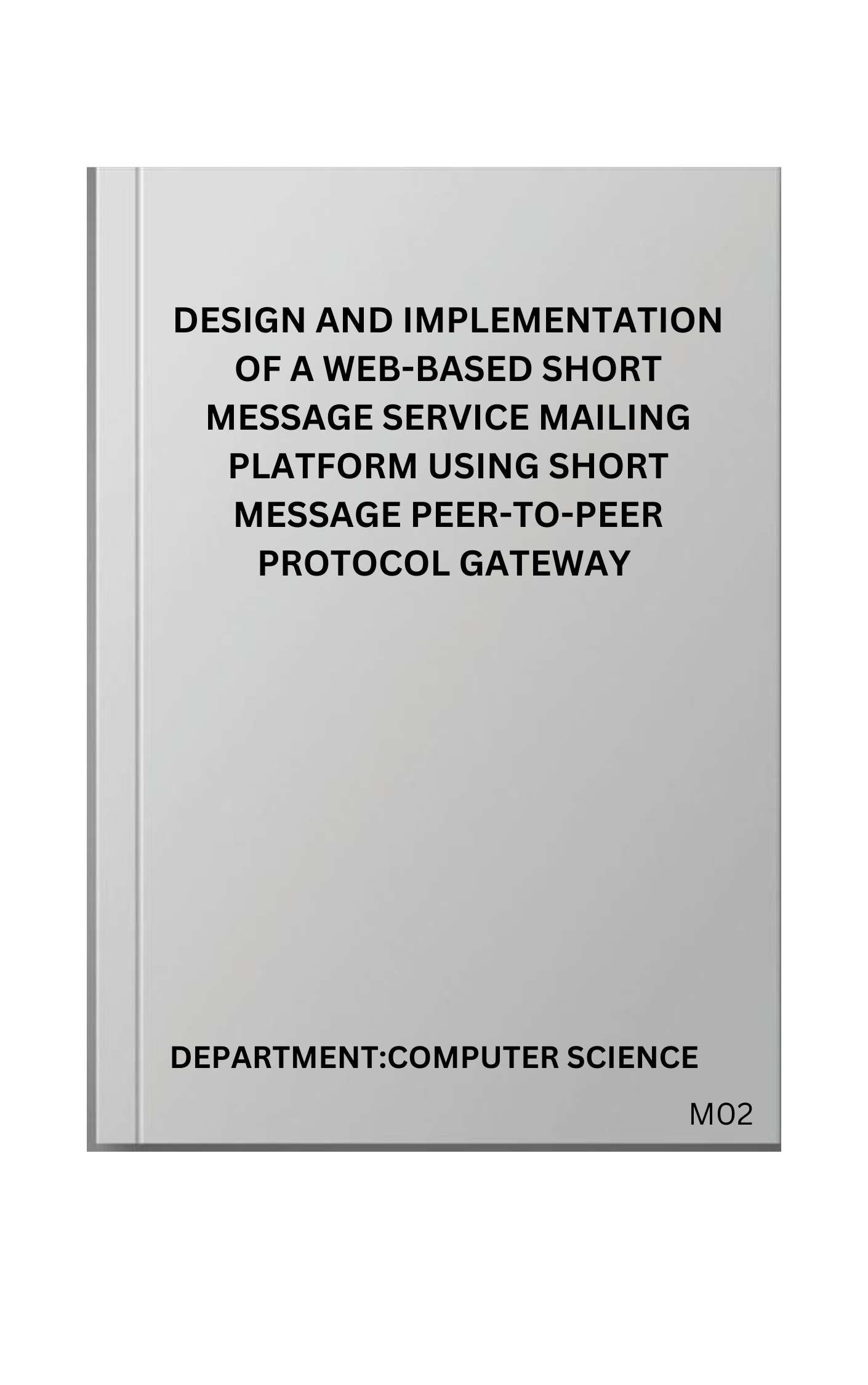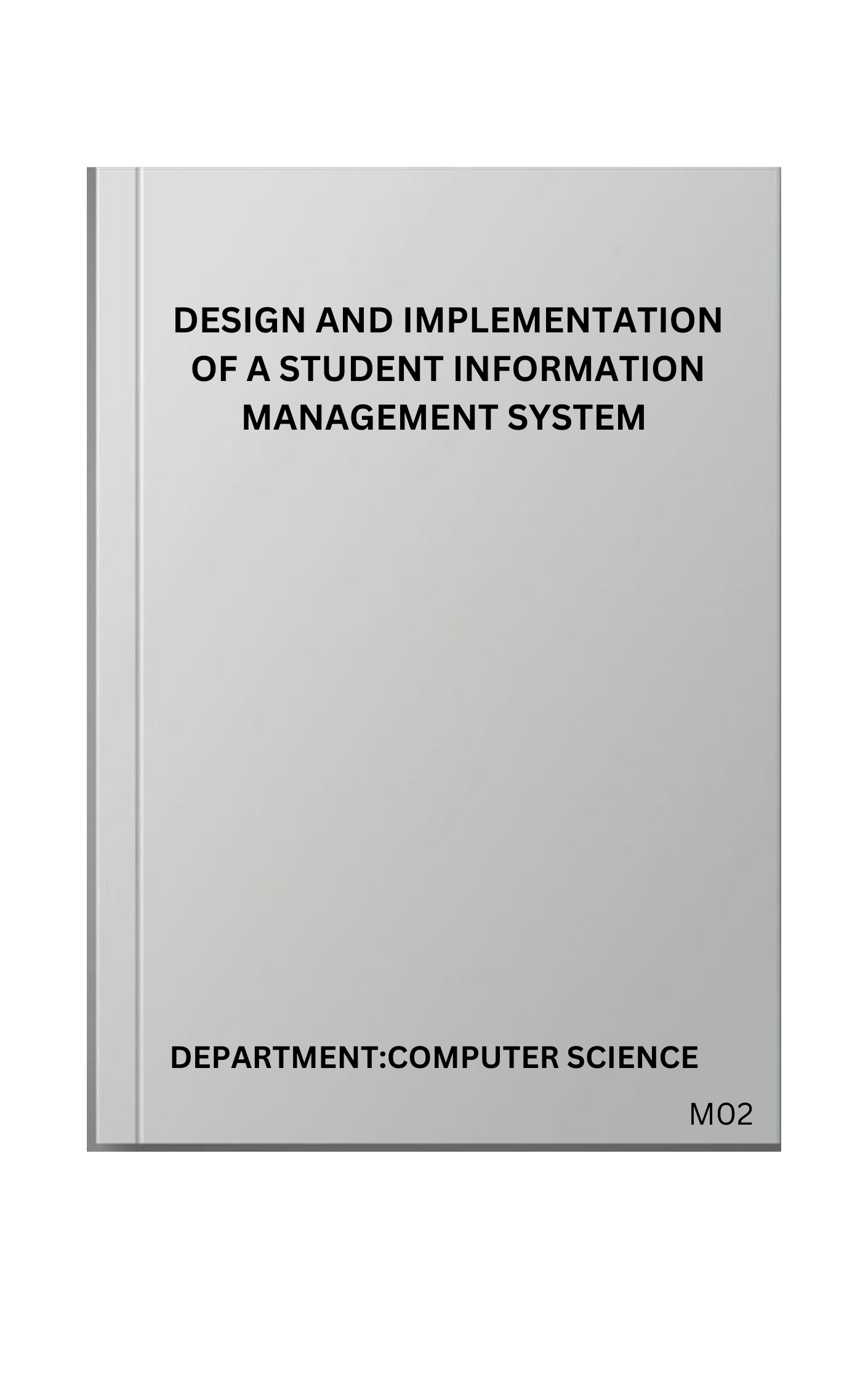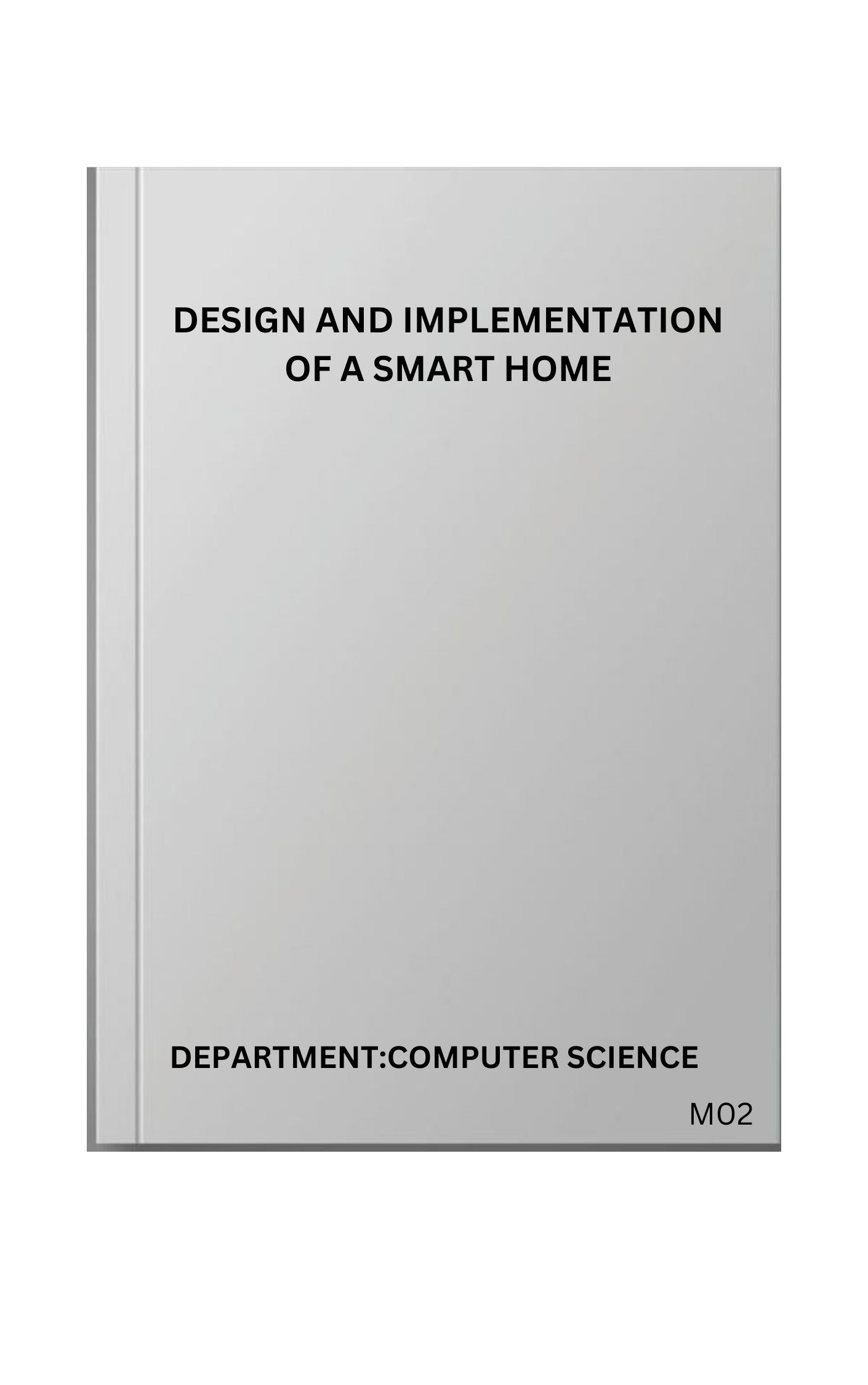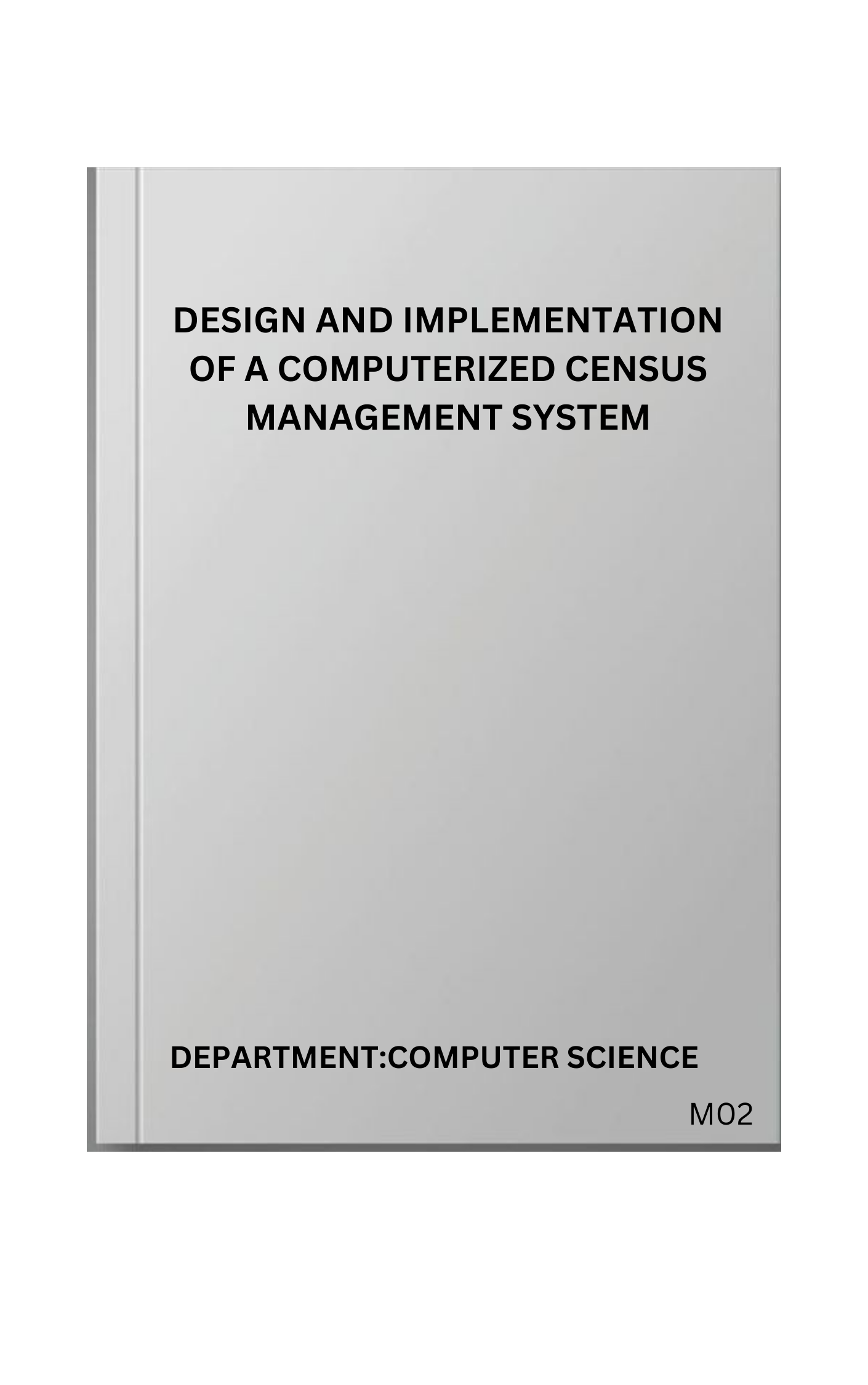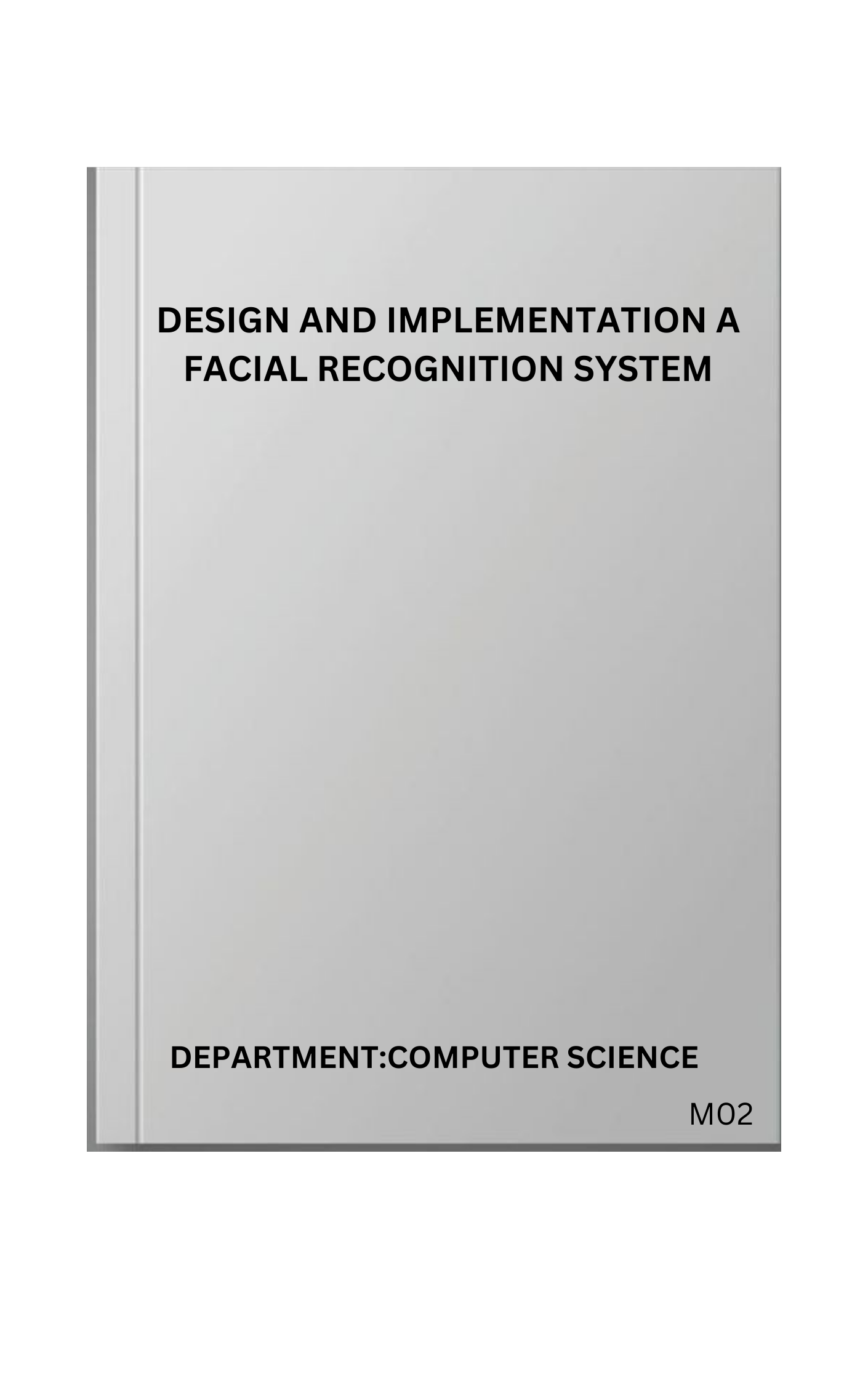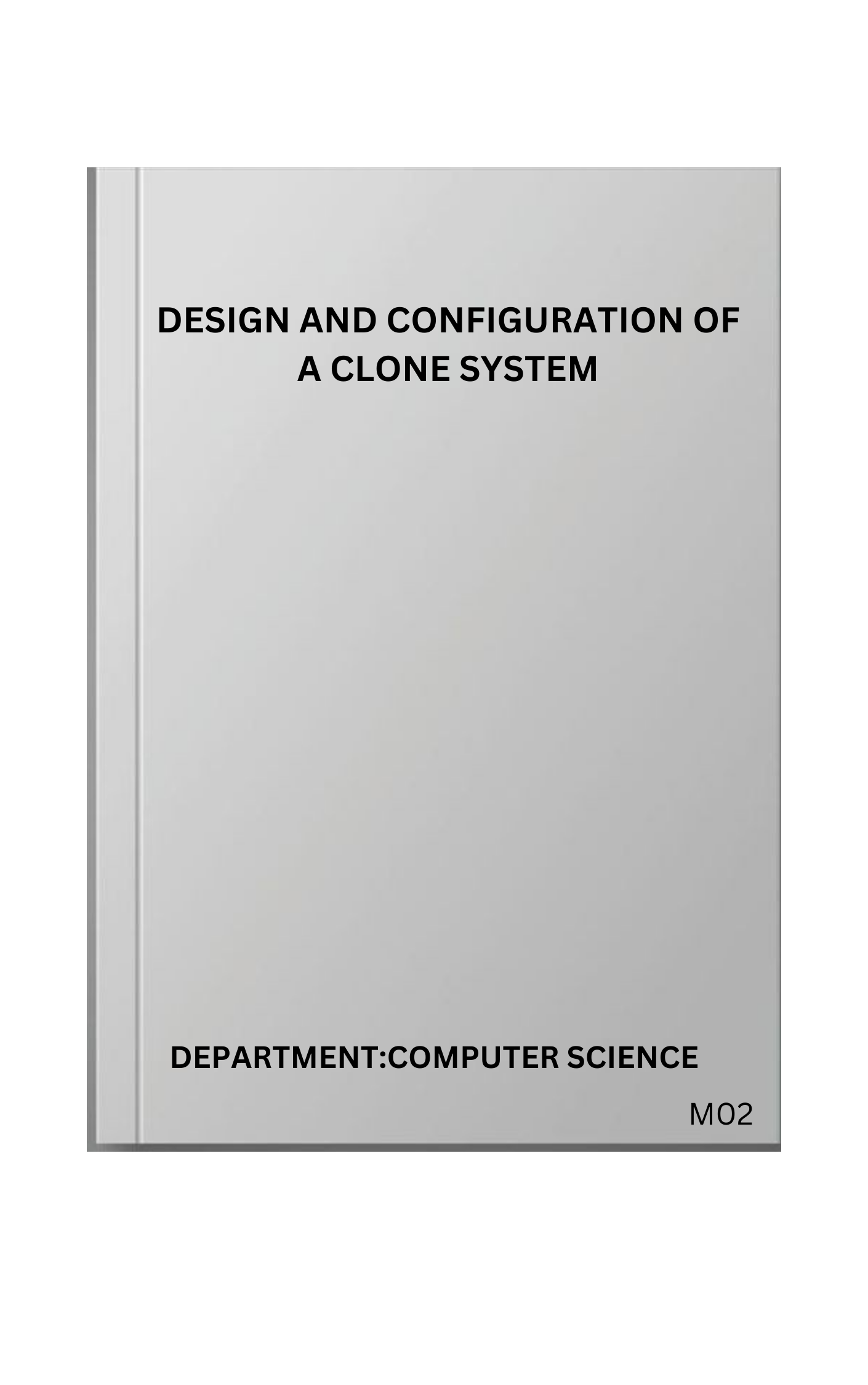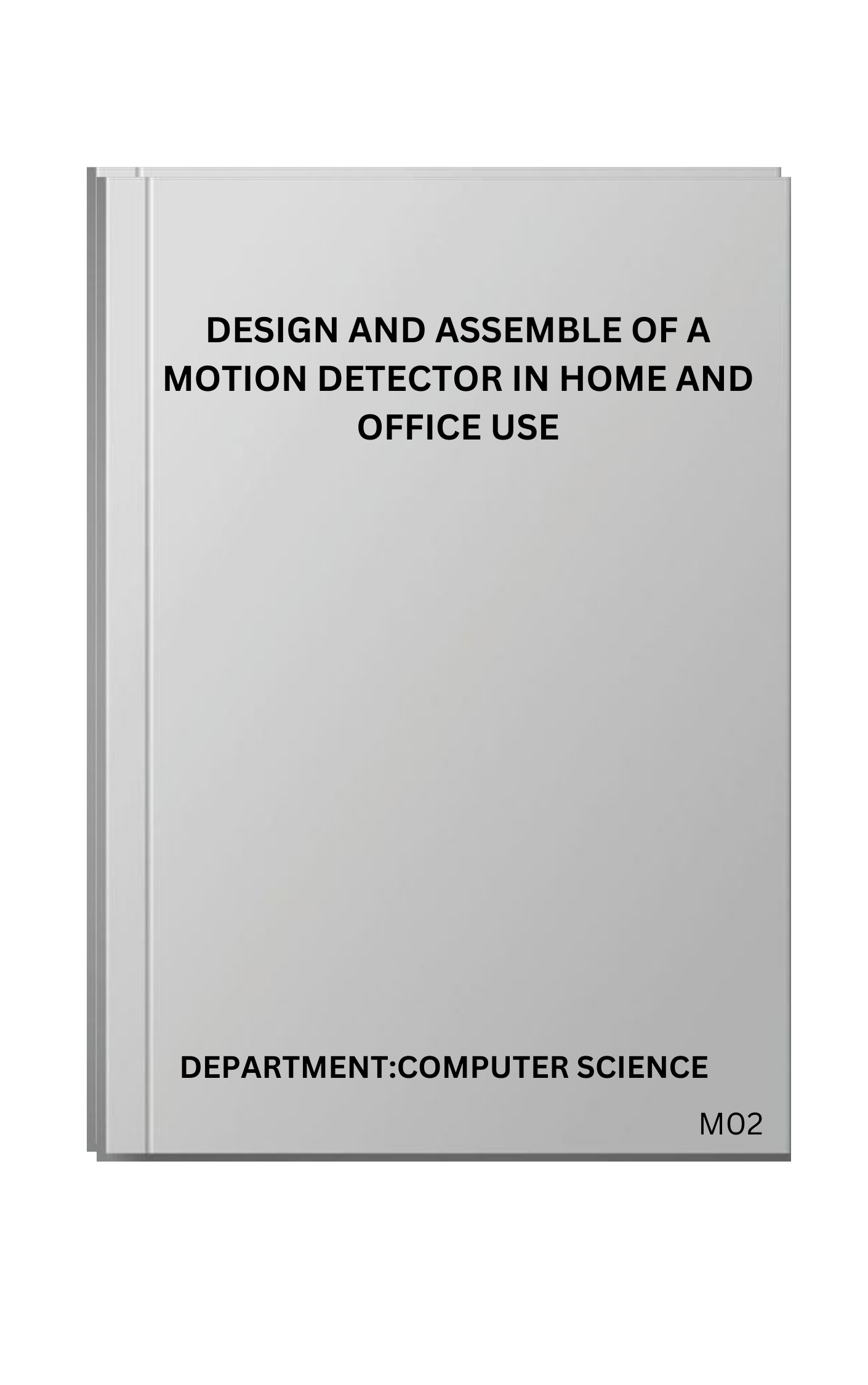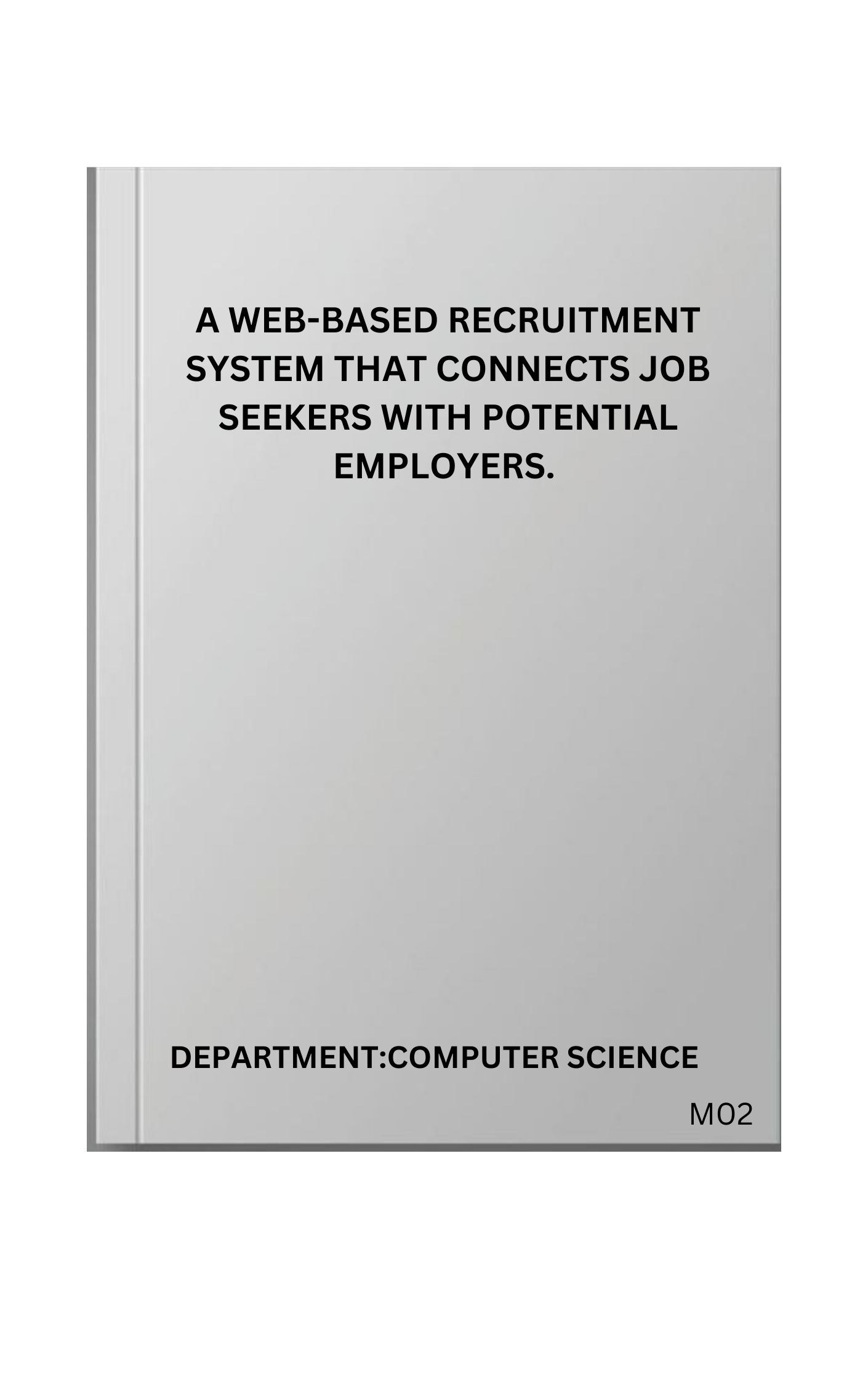CHAPTER ONE: INTRODUCTION
1.1 Background to the Study
Motivational factors play a critical role in influencing employee
productivity across various industries, including the petroleum
sector. In petroleum retail outlets, employee motivation is
essential for ensuring operational efficiency, customer
satisfaction, and overall business performance. Motivated
employees are more likely to perform at optimal levels,
contributing to reduced turnover rates, enhanced customer
service, and improved workplace morale (Widarko and
Anworadin, 2022). In the context of petroleum retail outlets in
Uvwie Local Government Area (LGA) of Delta State, Nigeria,
understanding the motivational factors that drive employee
productivity is crucial for the sustainable growth of the industry.
Globally, the petroleum industry faces several challenges,
including fluctuating oil prices, regulatory changes, and
environmental concerns. The COVID-19 pandemic further
exacerbated these issues by disrupting supply chains and
reducing demand for petroleum products (Sugiarti, 2021). As a
result, petroleum retail outlets have been forced to adapt to
changing market conditions, often leading to increased pressure
on employees. Maintaining motivation in such a dynamic and
stressful environment can be challenging, especially when
employees face long working hours, safety concerns, and the
unpredictability of the market (Mariyanti, Spetiani & Dolan).
In Africa, the petroleum retail sector is characterized by both
opportunities and challenges. Many African countries, including
Nigeria, are major oil producers, making the petroleum industry
a significant contributor to national economies. However, the
retail aspect of the sector is often plagued by infrastructural
deficits, inefficient supply chains, and inconsistent regulatory
enforcement (Yusuf, Wahyuddin, Thoyib, Nur Ilham and Sinta,
2022). Employees working in petroleum retail outlets in Africa
frequently contend with issues such as inadequate training, poor
working conditions, and a lack of proper incentive systems.
These challenges can negatively impact employee morale,
leading to decreased productivity and high turnover rates
(Mariyanti, Septiani & Dolan, 2023).
In Nigeria, the petroleum retail industry is particularly significant
due to the country's status as one of the largest oil producers in
Africa. However, the sector is not without its challenges. One of
the most pressing issues is the recurrent fuel scarcity, which
often leads to long queues at petrol stations, placing immense
pressure on employees to manage customer frustrations and
maintain service quality under difficult circumstances (Suiarti,
2021). Additionally, regulatory inconsistencies and corruption
within the petroleum sector can create an unpredictable business
environment, further demotivating employees.
The motivational factors influencing employee productivity in
Nigerian petroleum retail outlets are diverse and multifaceted.
Monetary rewards, such as salaries and bonuses, play a
significant role in motivating employees. However, non-monetary
factors, including job security, recognition, opportunities for
career advancement, and a supportive work environment, are
equally important in driving employee productivity. In Uvwie
LGA, the presence of major petroleum retail outlets presents
both opportunities and challenges for employees. Many workers
face long hours, inadequate safety measures, and limited career
development opportunities, all of which can negatively affect
their motivation and overall productivity (Widarko and
Anwarodin, 2022).
Despite these challenges, petroleum retail outlets in Uvwie LGA
have the potential to foster a motivated workforce by
implementing effective motivational strategies. Providing fair
compensation, creating a safe and conducive working
environment, and offering career development opportunities are
some of the key ways to enhance employee motivation and
productivity. By addressing these issues, petroleum retail outlets
in Uvwie LGA can improve their operational efficiency and
contribute to the local economy.
1.2 Statement of the Problem
Employee productivity is a crucial aspect of organizational
success, particularly within the petroleum retail sector where
efficient operations directly impact profitability and customer
satisfaction.
However, despite the significance of employee productivity,
several challenges persist in motivating and maintaining high
levels of performance among employees in petroleum retail
outlets. One major issue is the limited effectiveness of traditional
motivators like monetary rewards, as they don't always sustain
long-term performance improvements (Yusuf et al., 2022).
Understanding alternative motivational factors beyond money is
crucial. Moreover, the unique working conditions, such as long
hours, irregular schedules, and exposure to hazards, dampen
employee morale and motivation. Addressing these challenges
requires tailored motivational strategies. Additionally, the lack of
recognition and career advancement opportunities hinders
productivity. Without acknowledgment for their efforts,
employees become less satisfied and engaged (Al-Kharabsheh et
al., 2023).. The absence of clear career paths further dampens
motivation and undermines organizational goals (Salim &
Ernanda, 2023).
Hence, this study seeks to investigate motivational factors and
employees productivity of petroleum retail outlets in Uvwie local
government area of delta state.
1.3 Research Questions
The research questions are:
1. Does investment in staff development impact the
competitiveness of employees in petroleum retail outlets?
2. Does recognition of employees' efforts enhance efficiency
within petroleum retail outlets?
3. Does the provision of monetary rewards affect effectiveness of
employees in petroleum retail outlets?
4. Does job security influence the performance levels of
employees working in petroleum retail outlets?
PAY TO GET COMPLETE PROJECT

